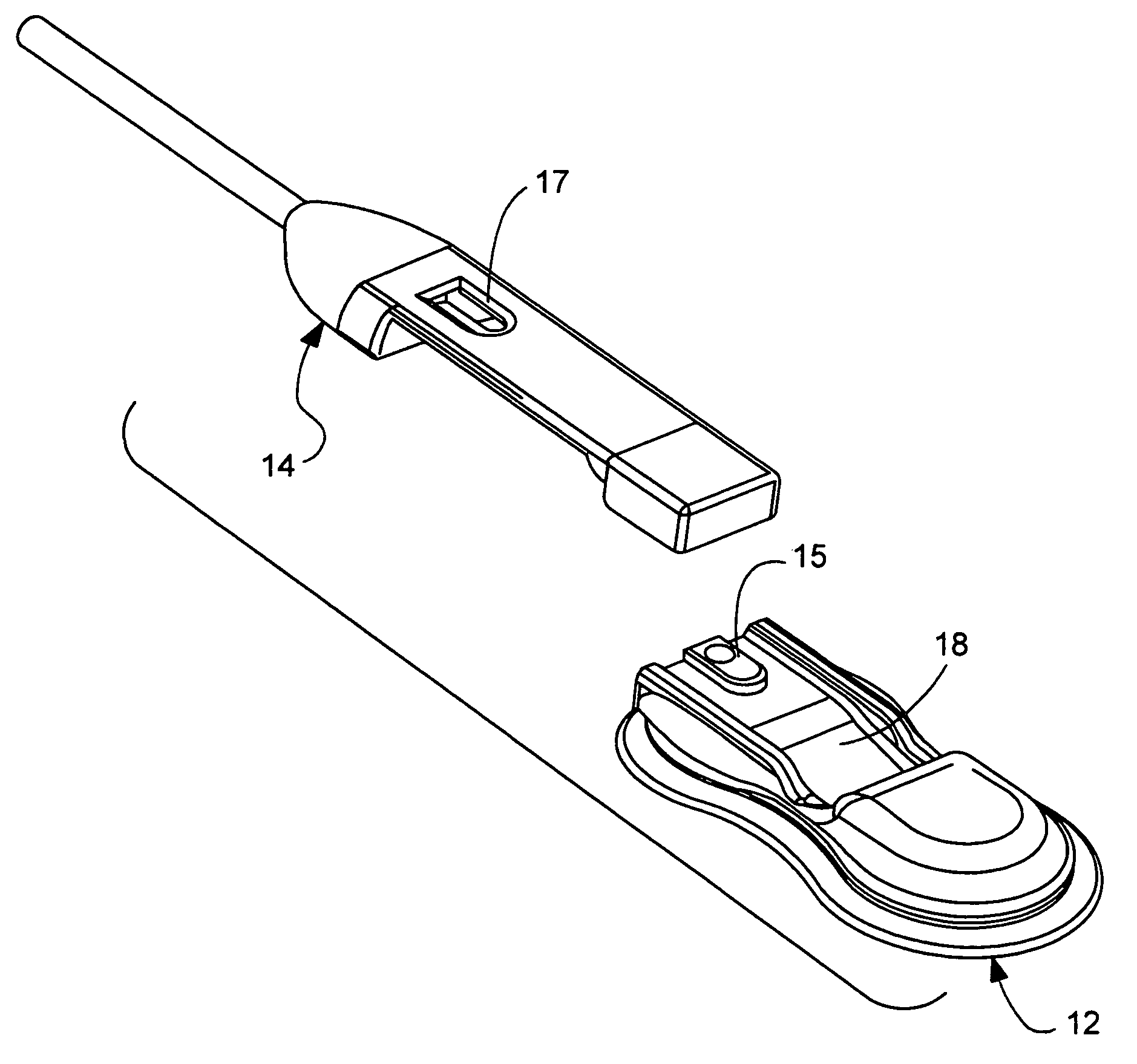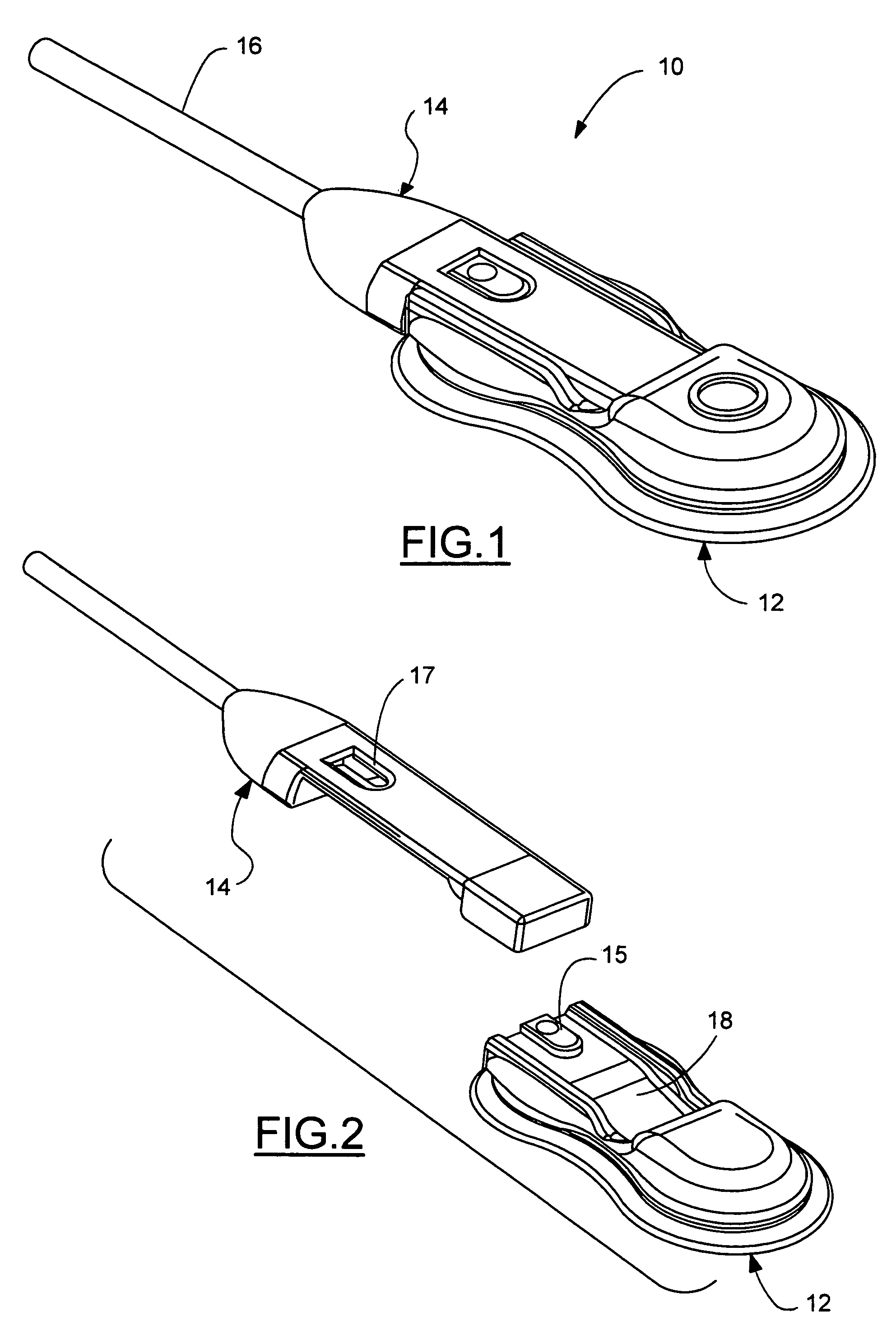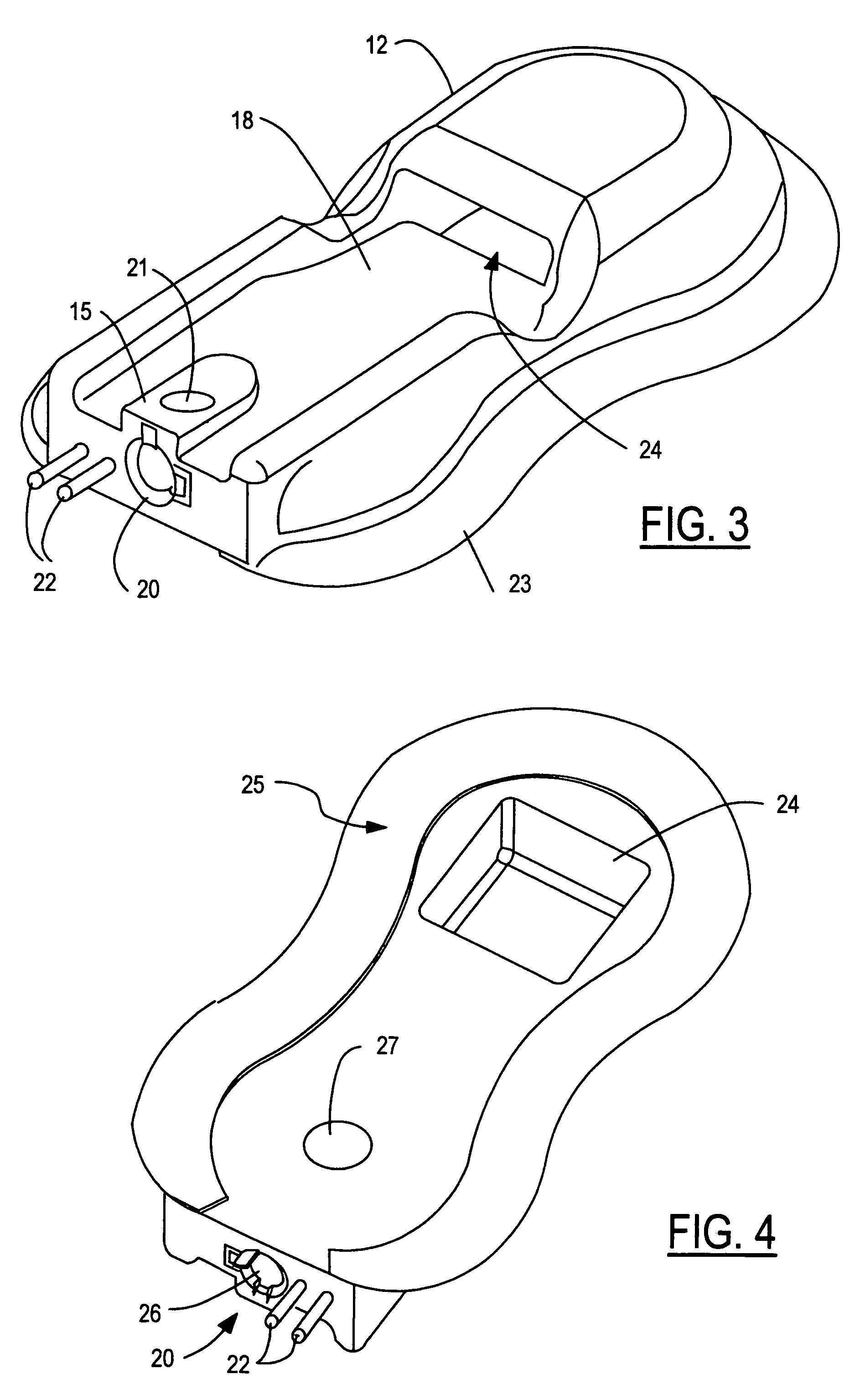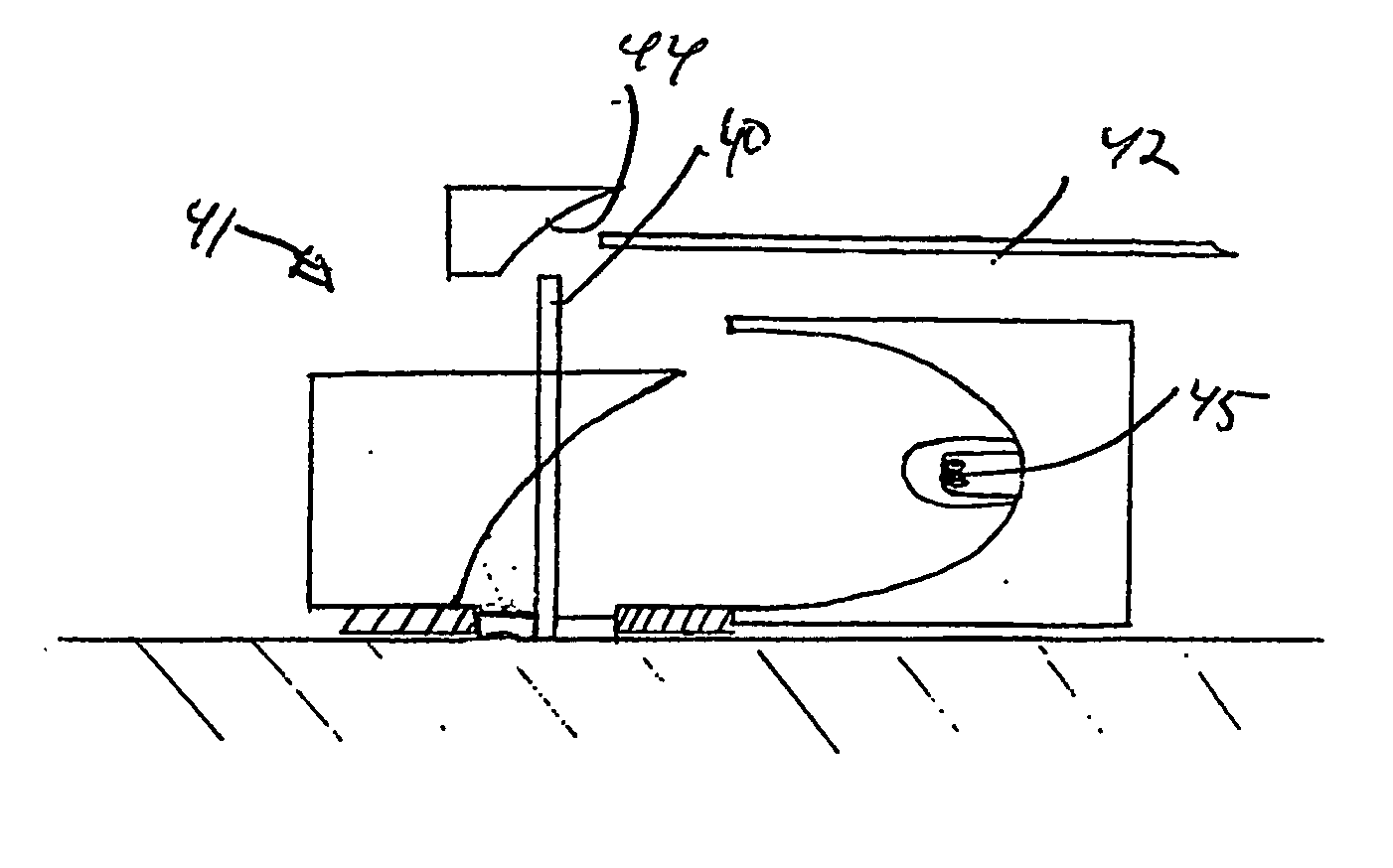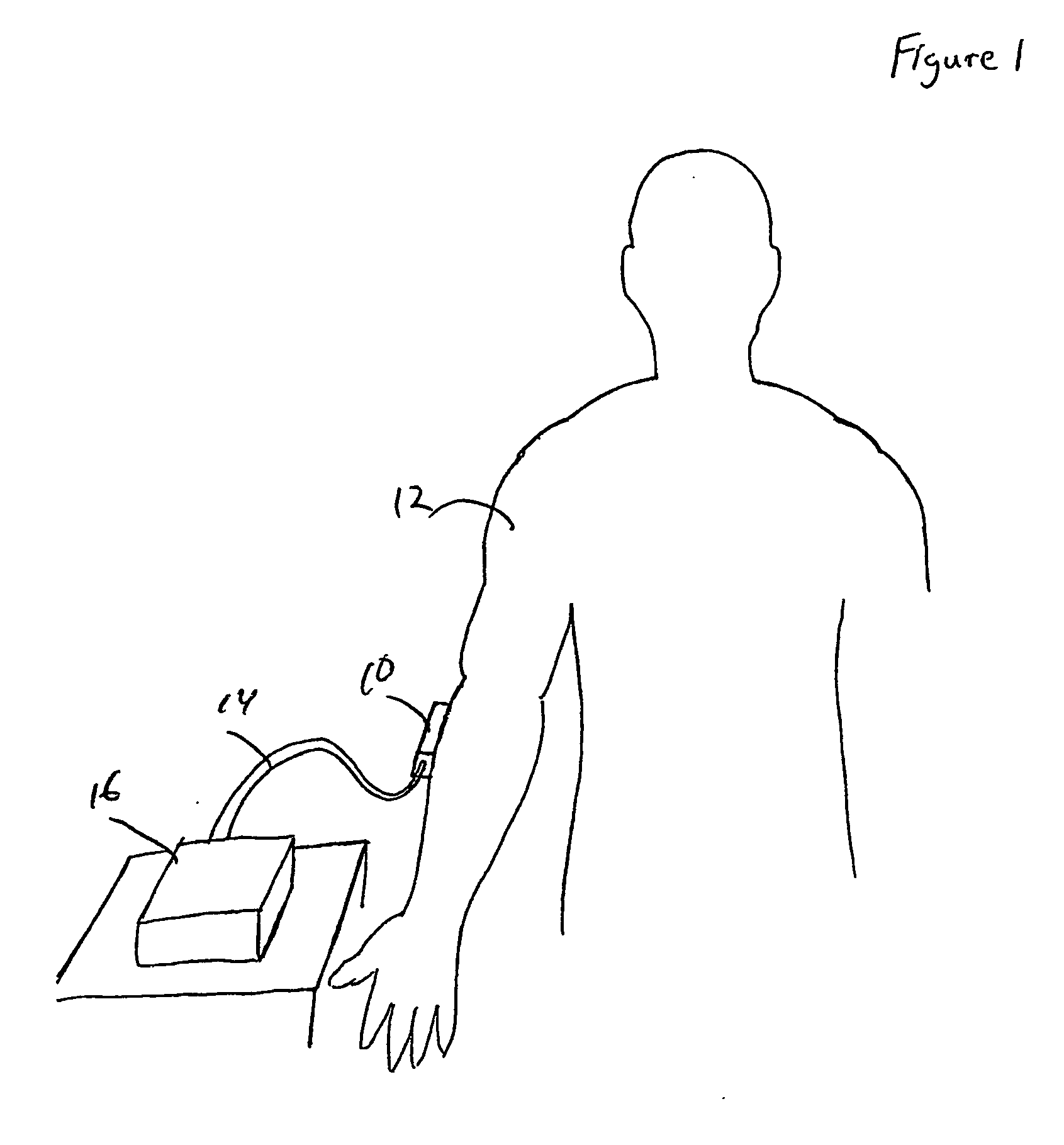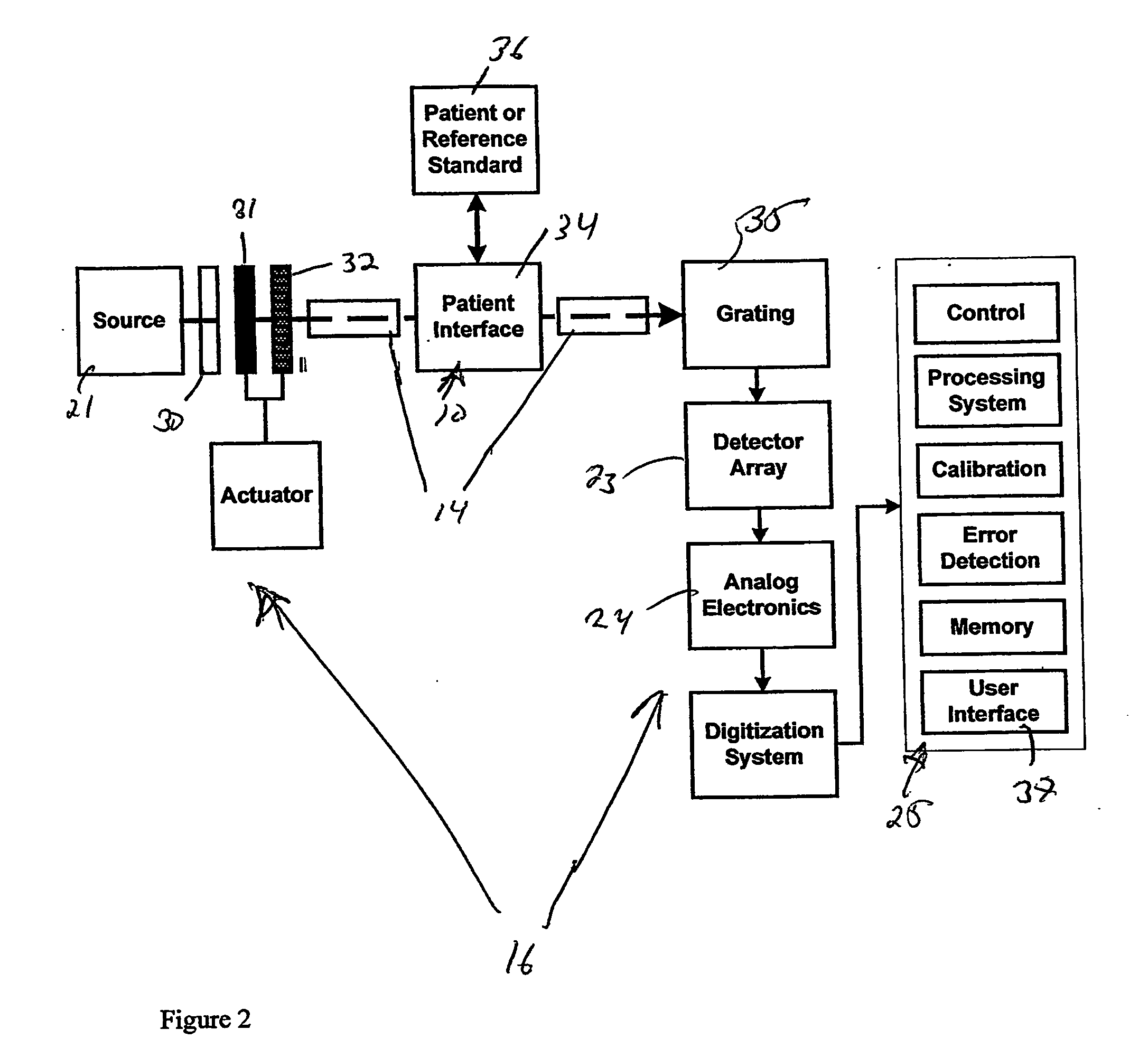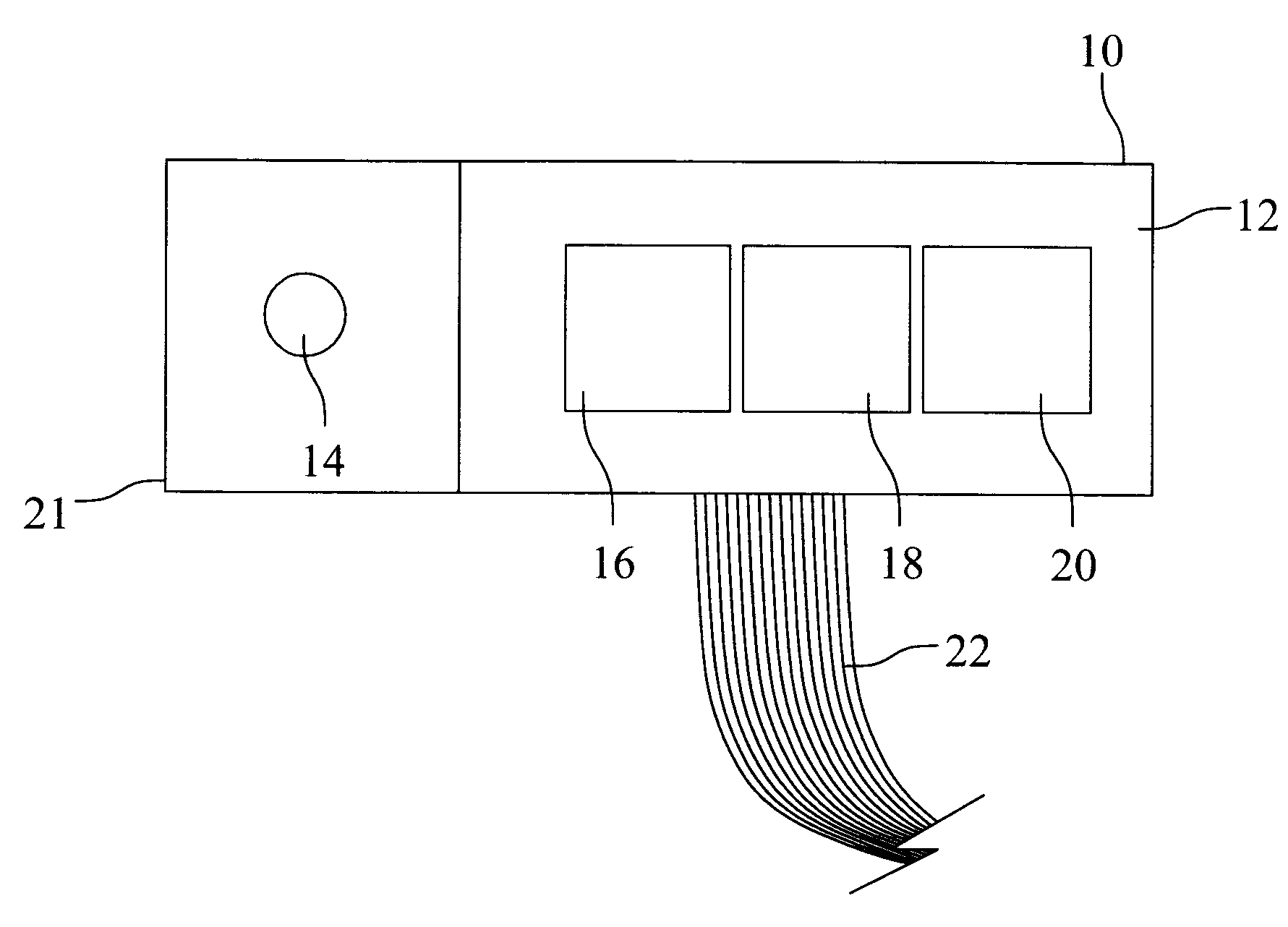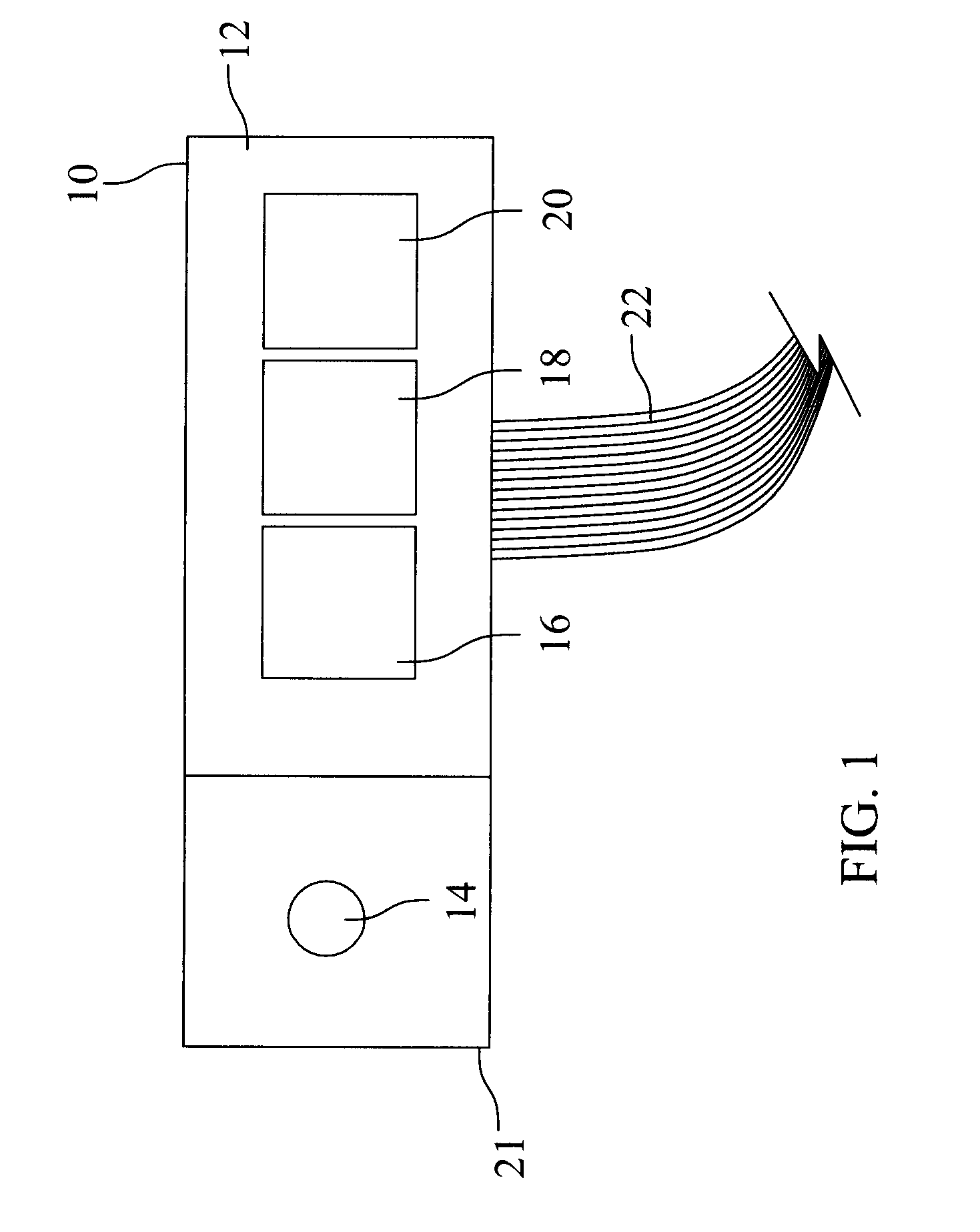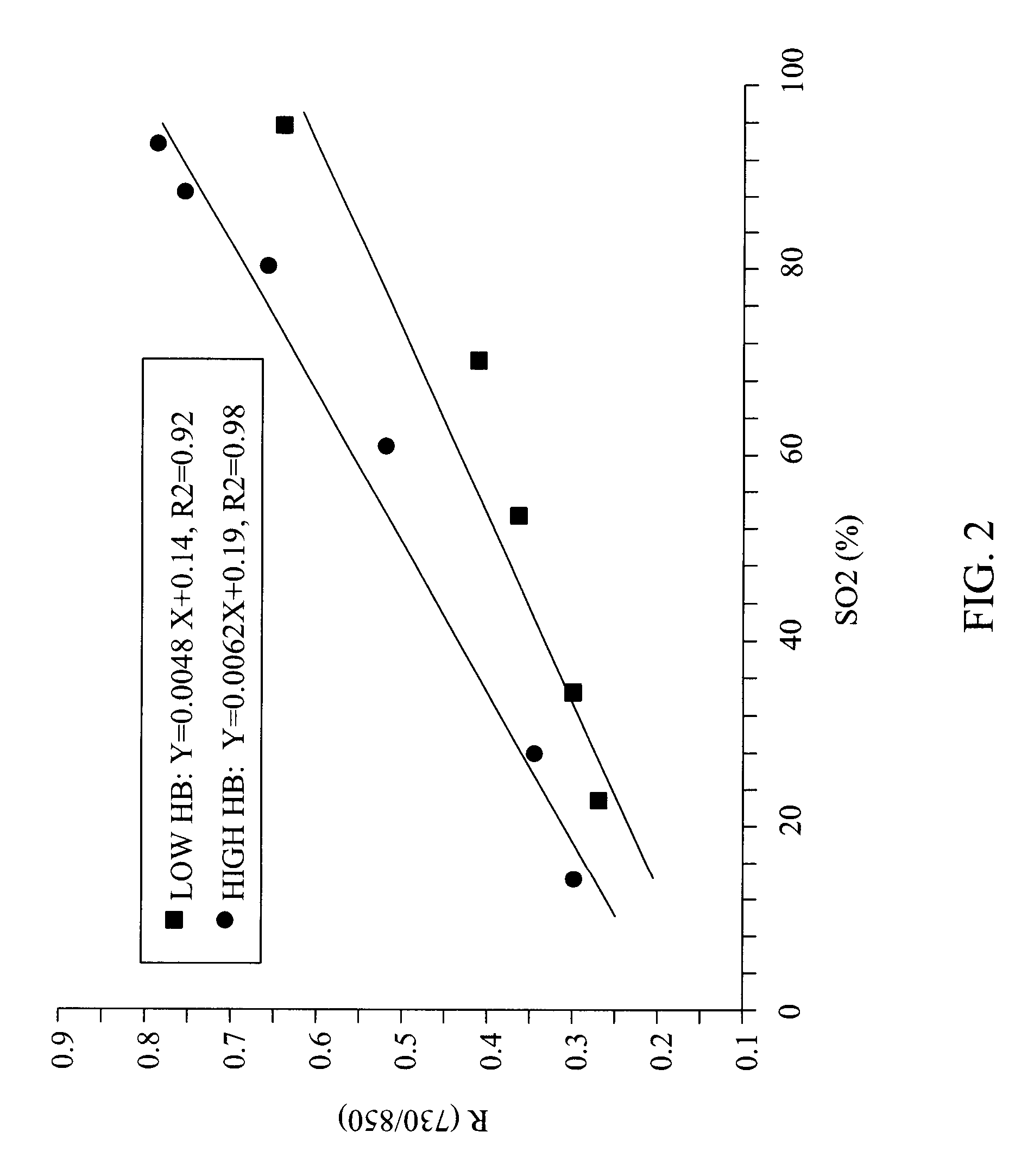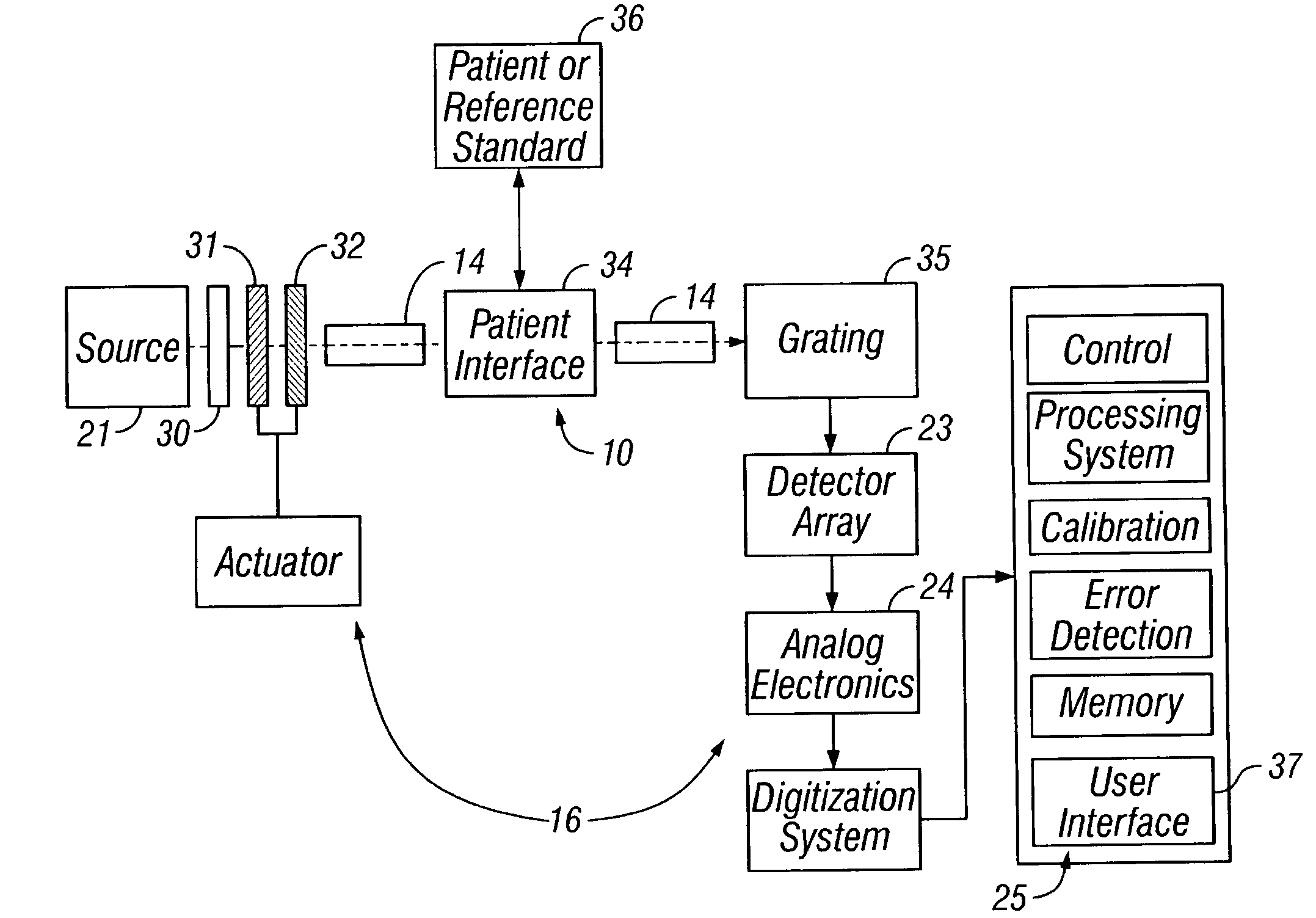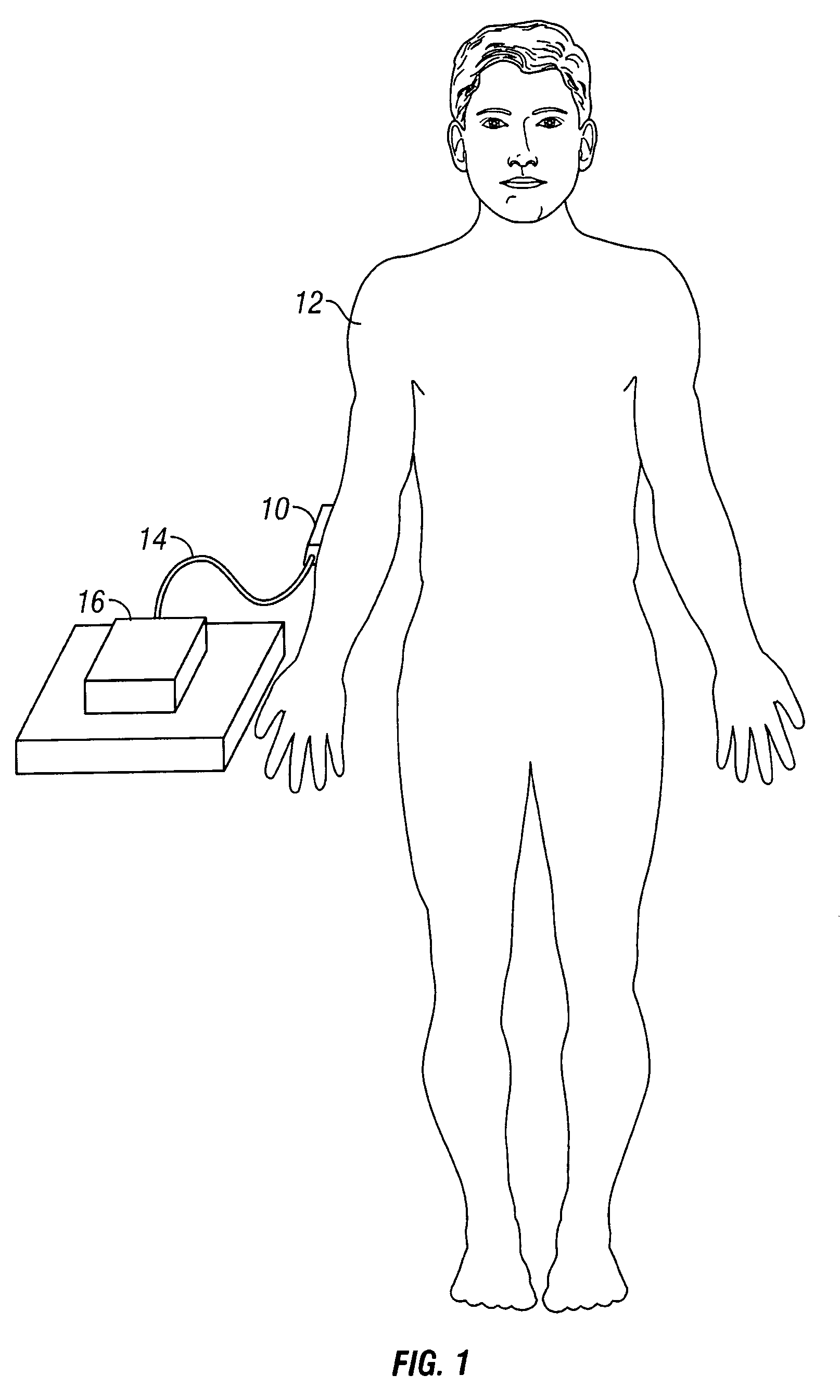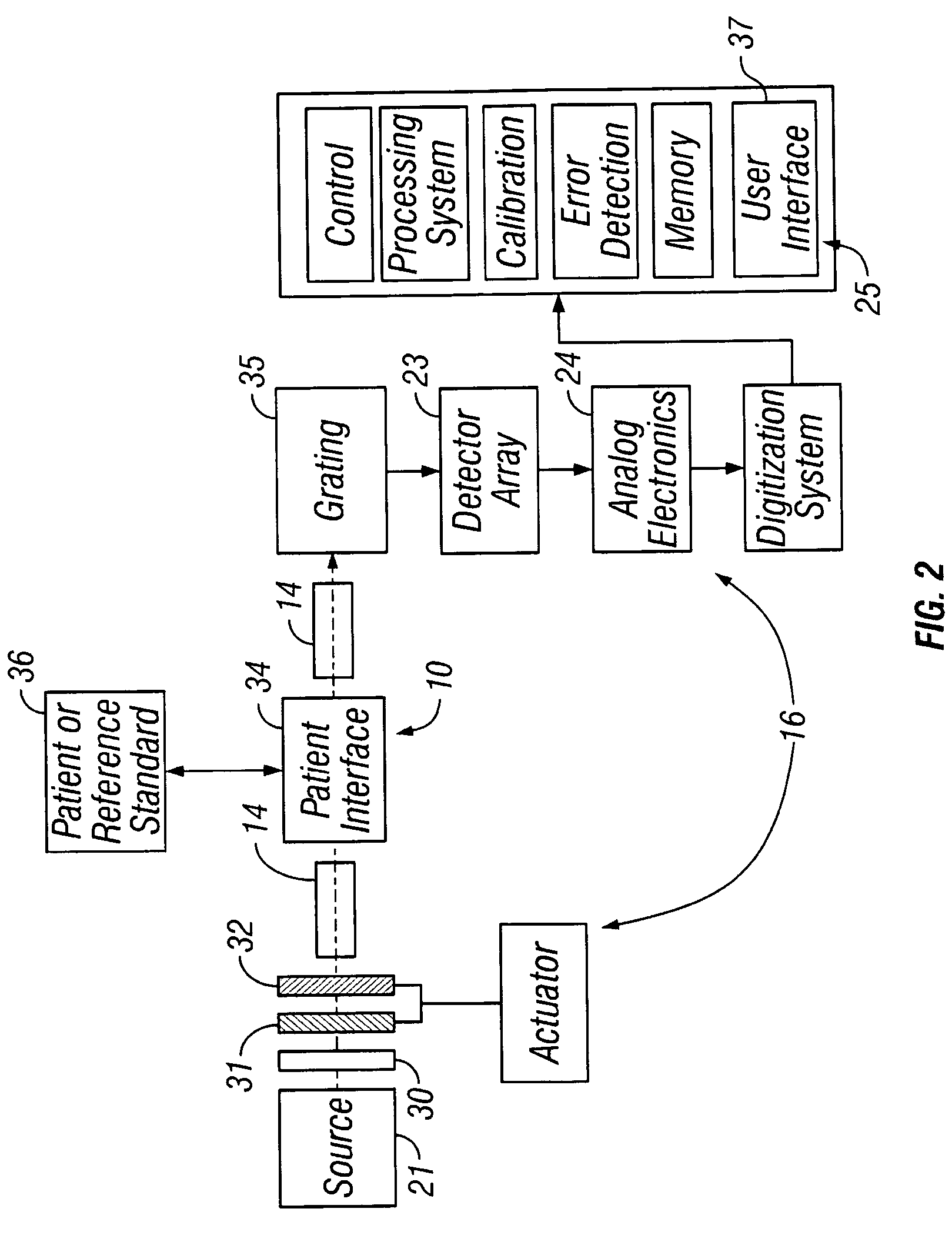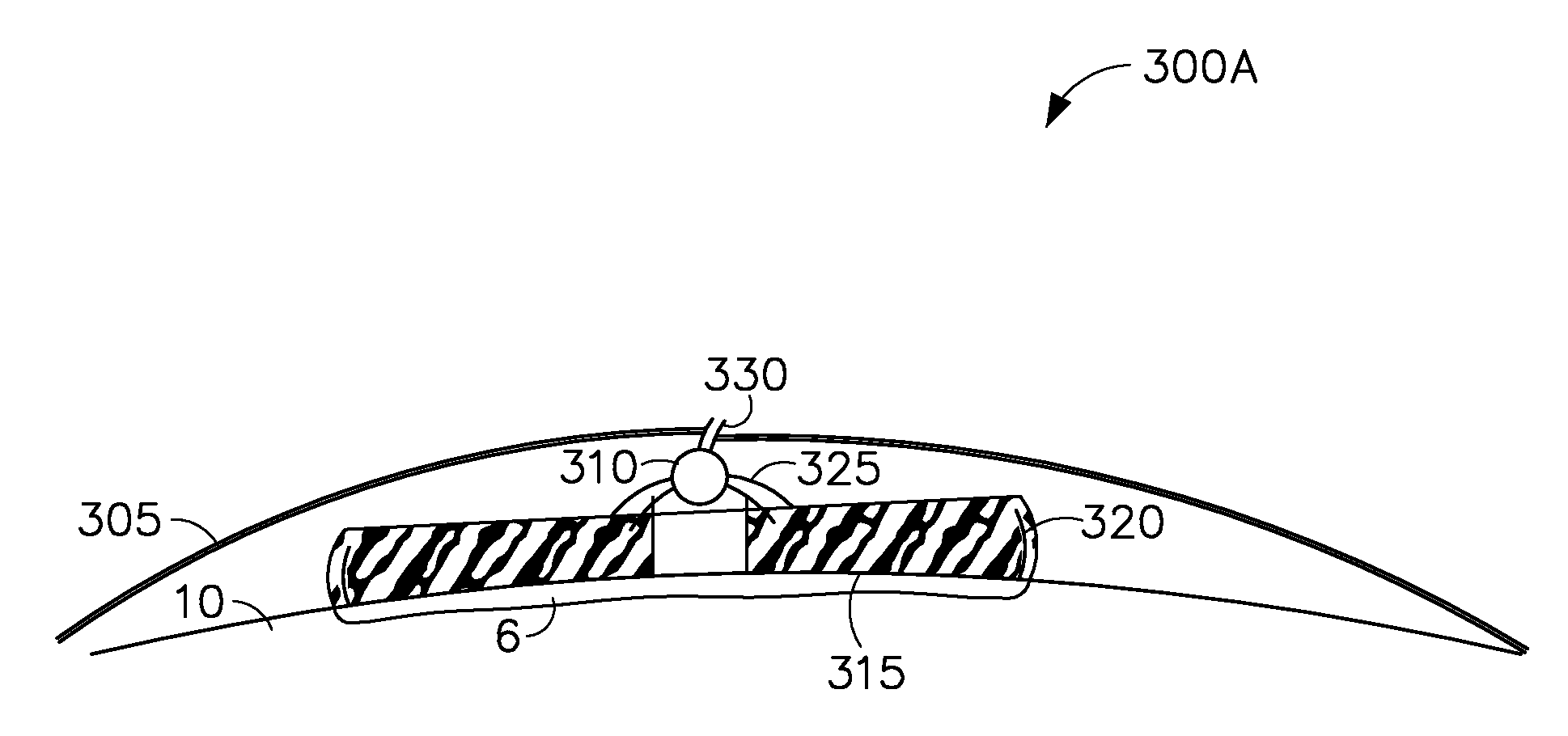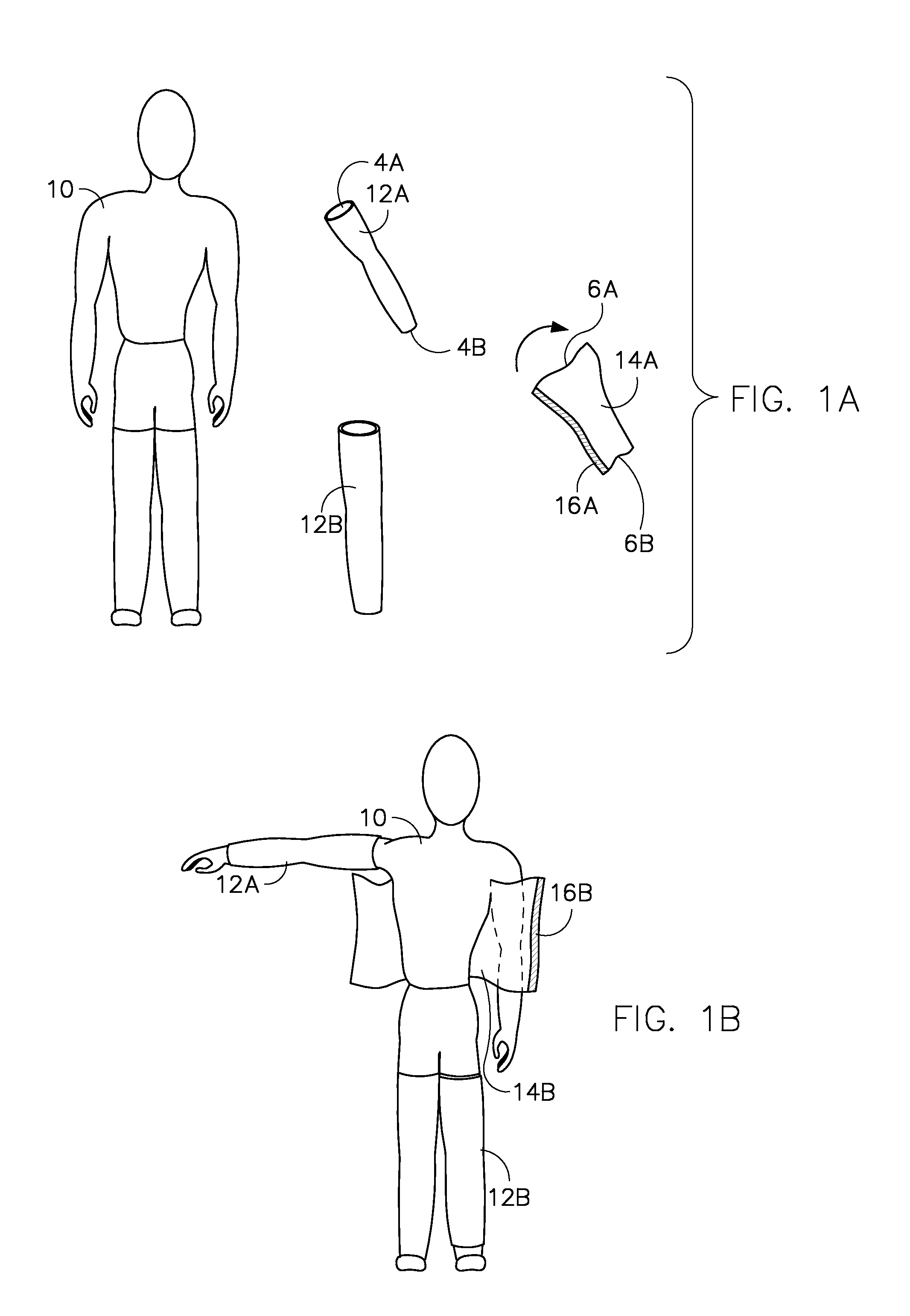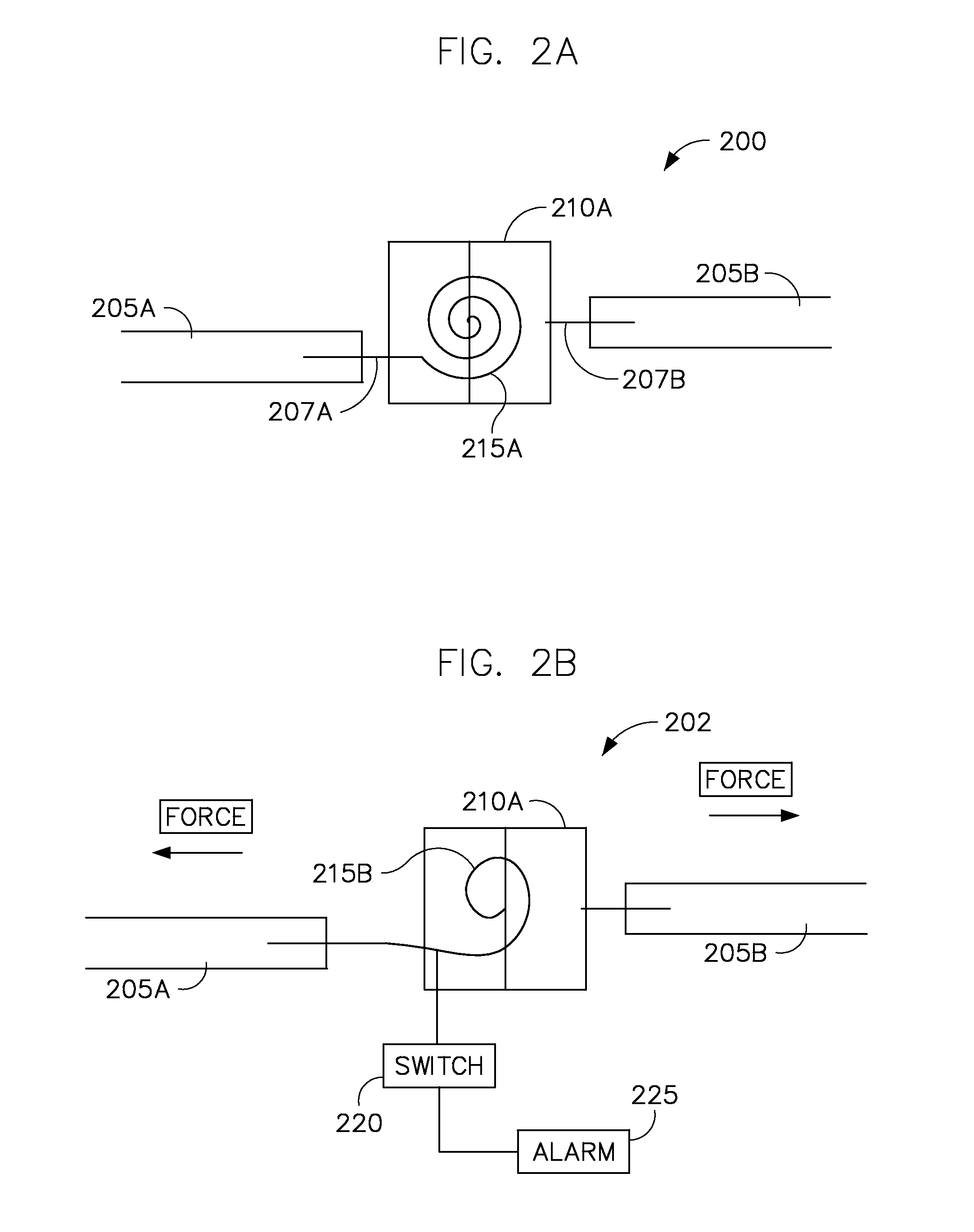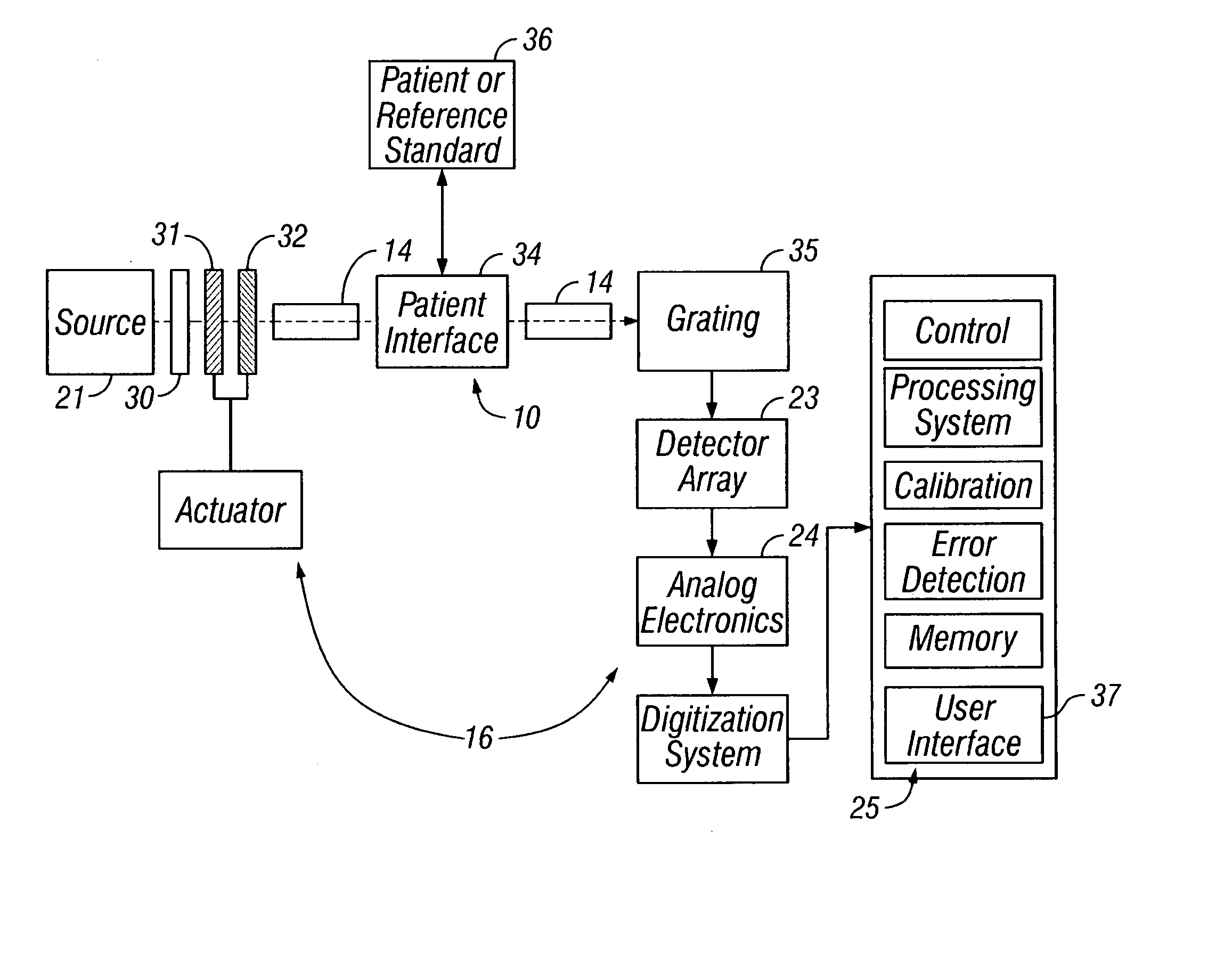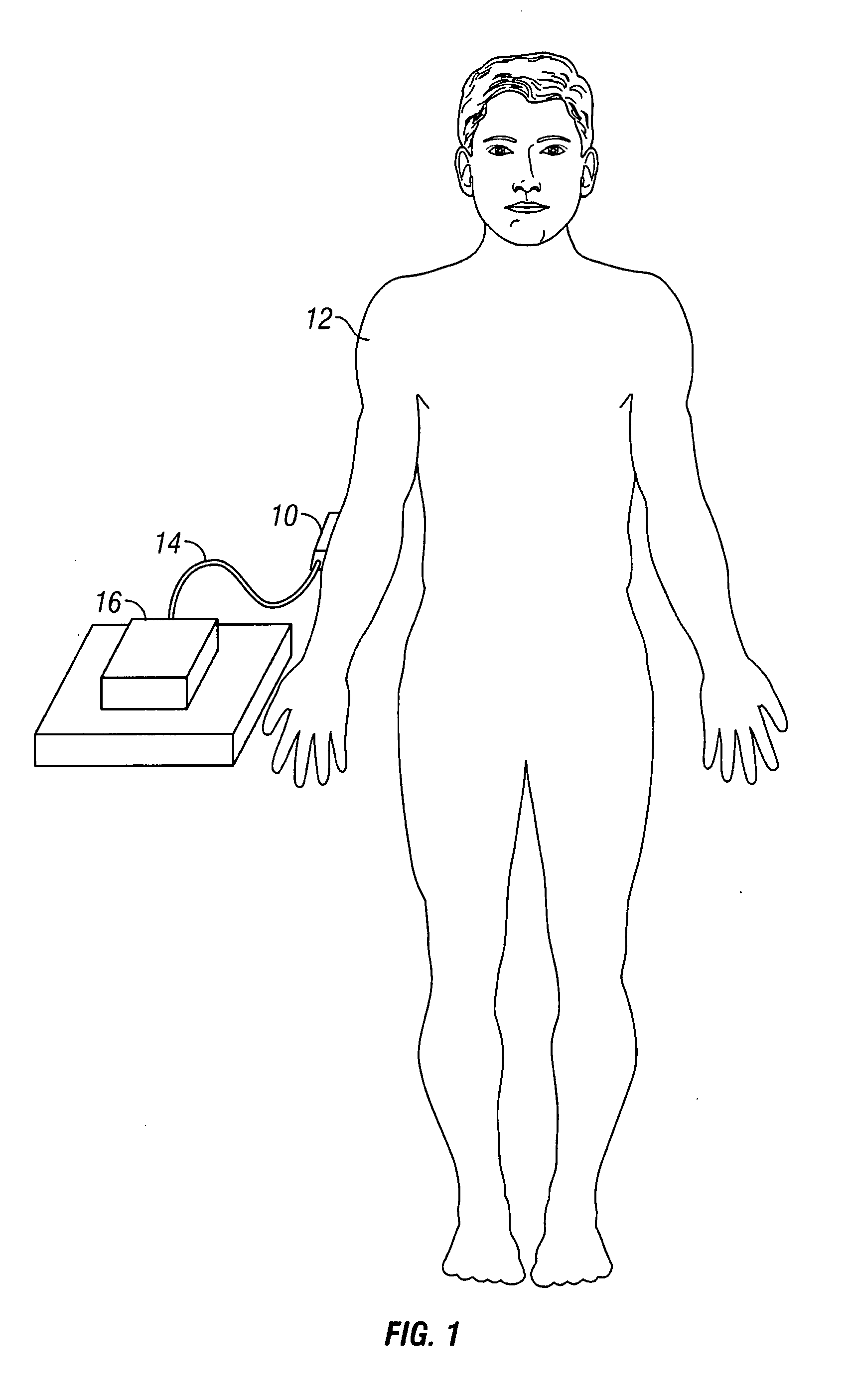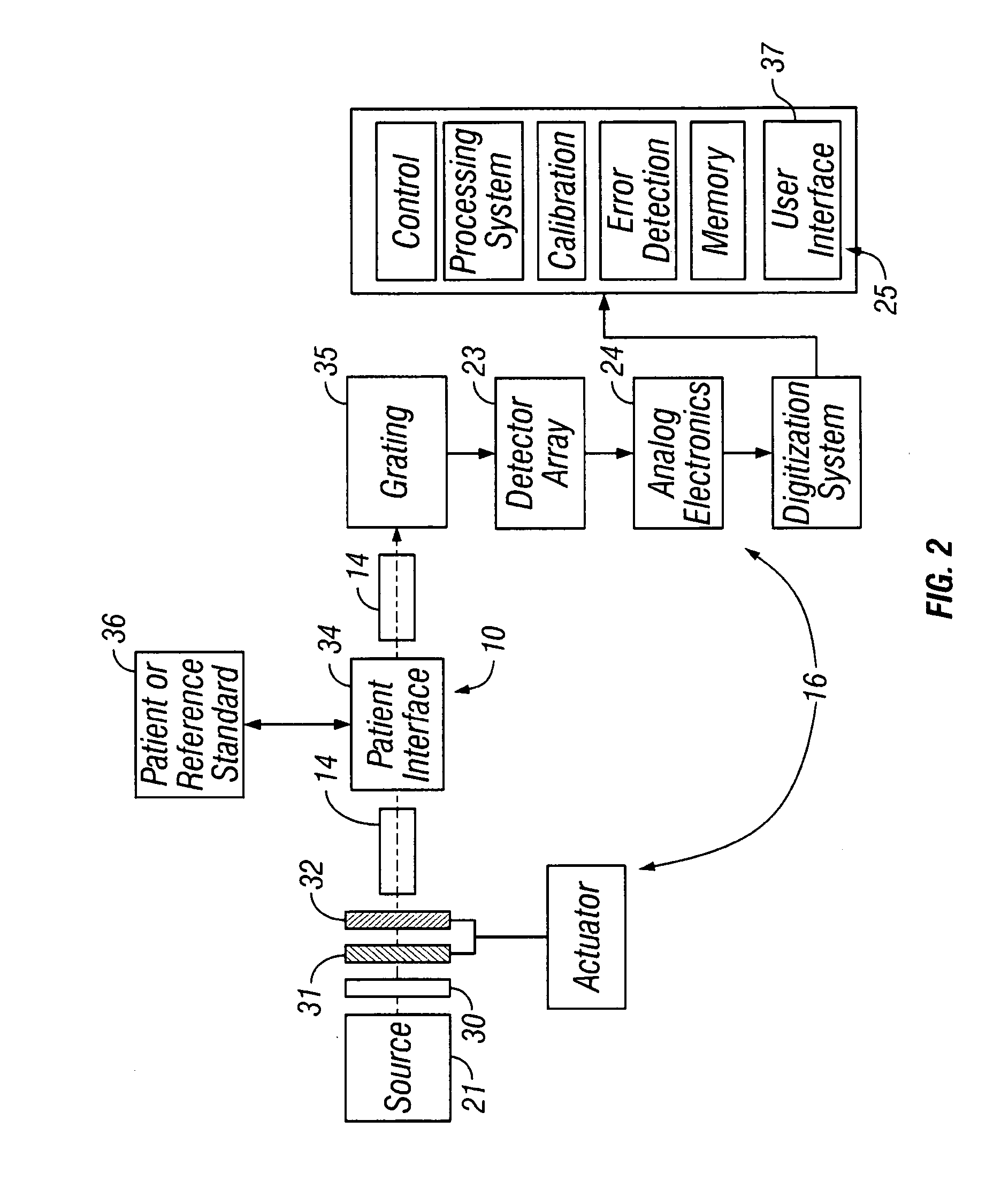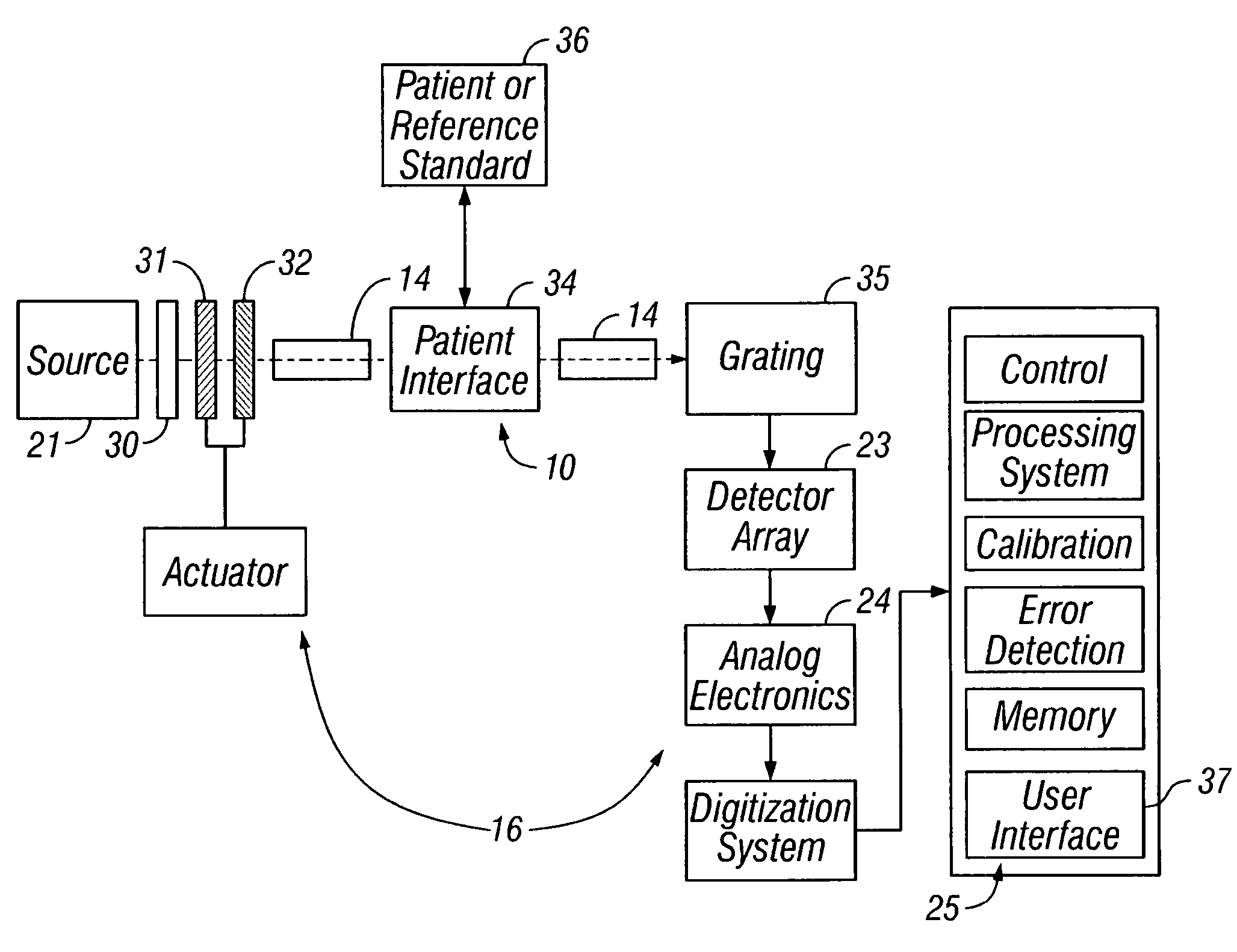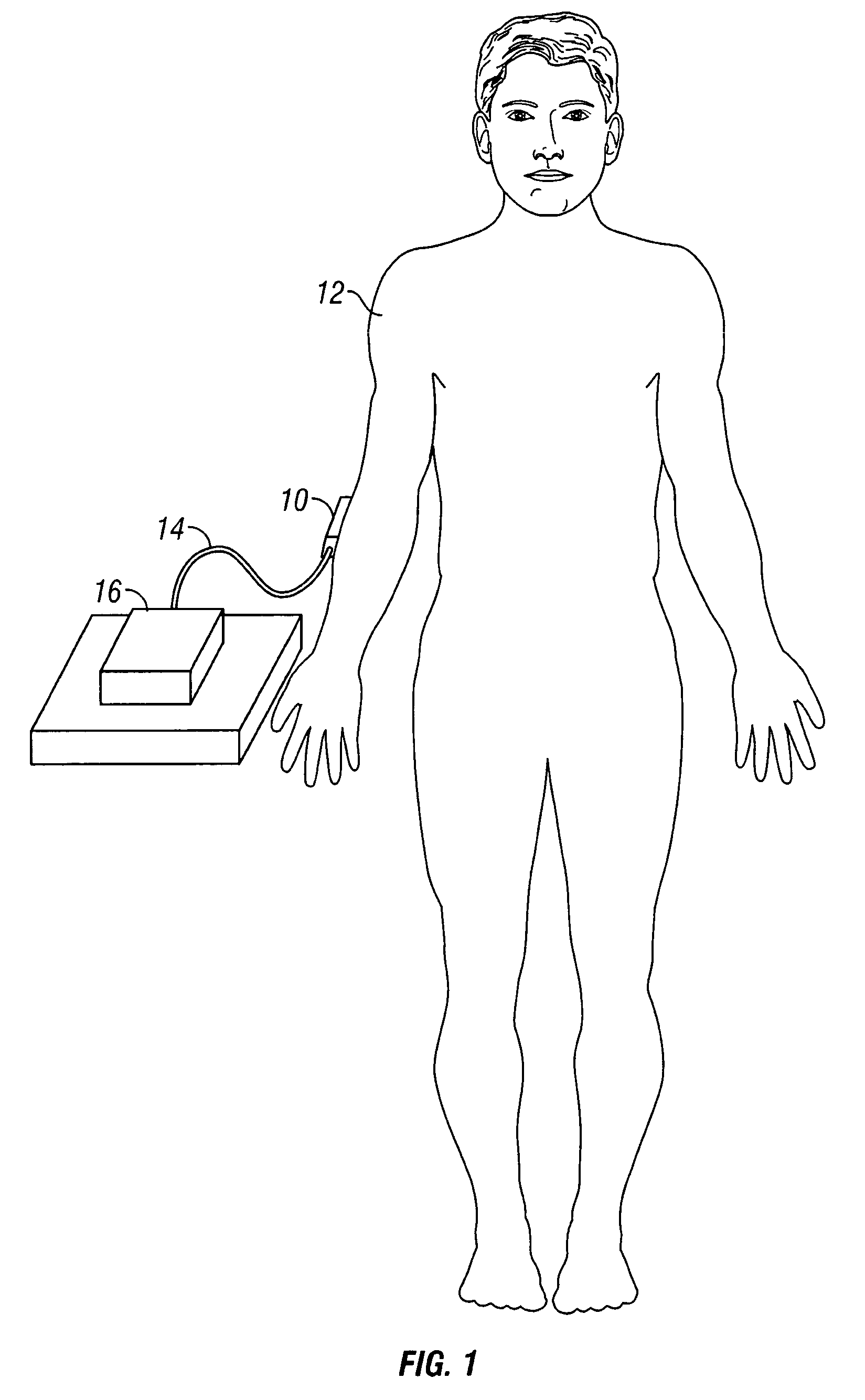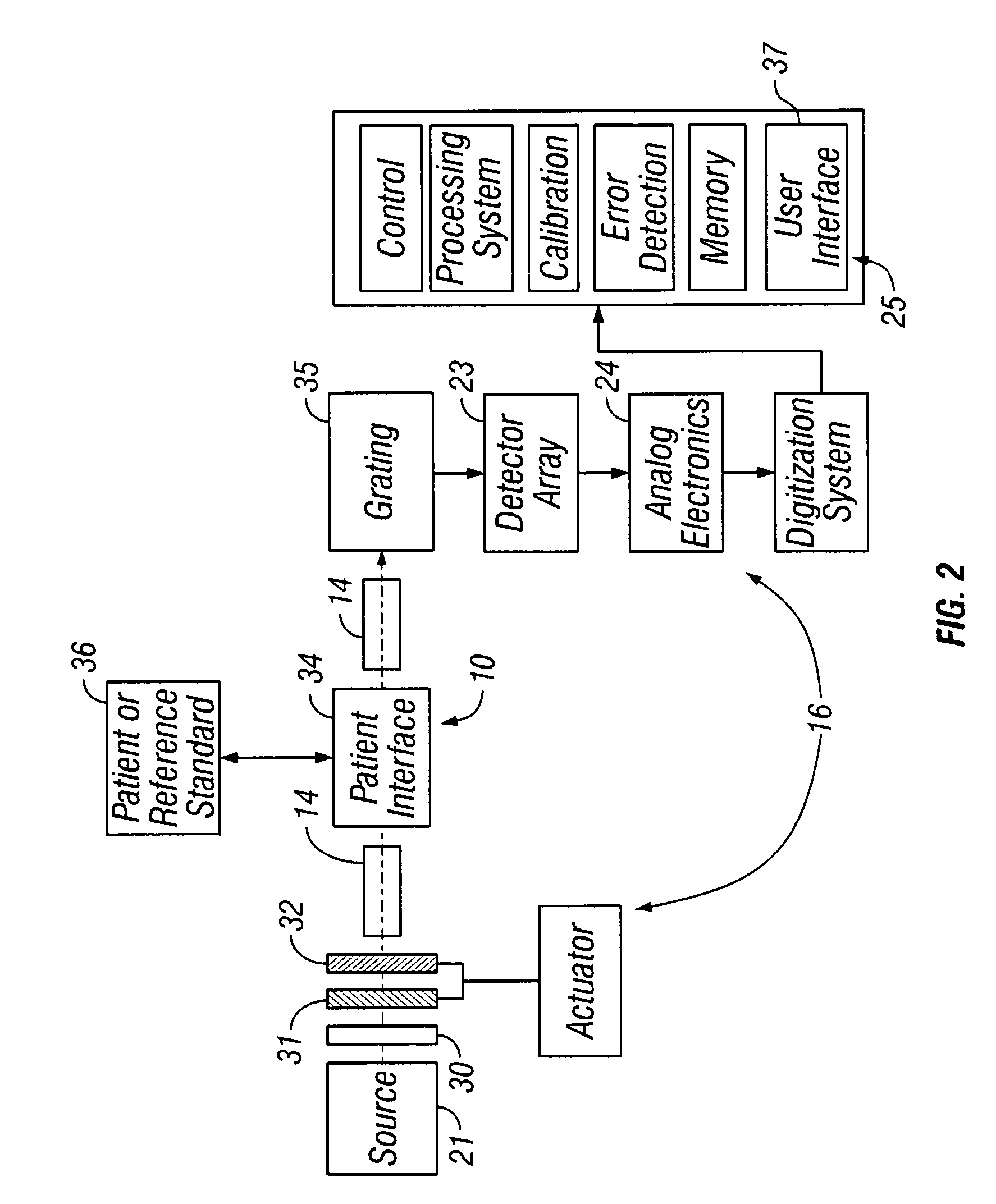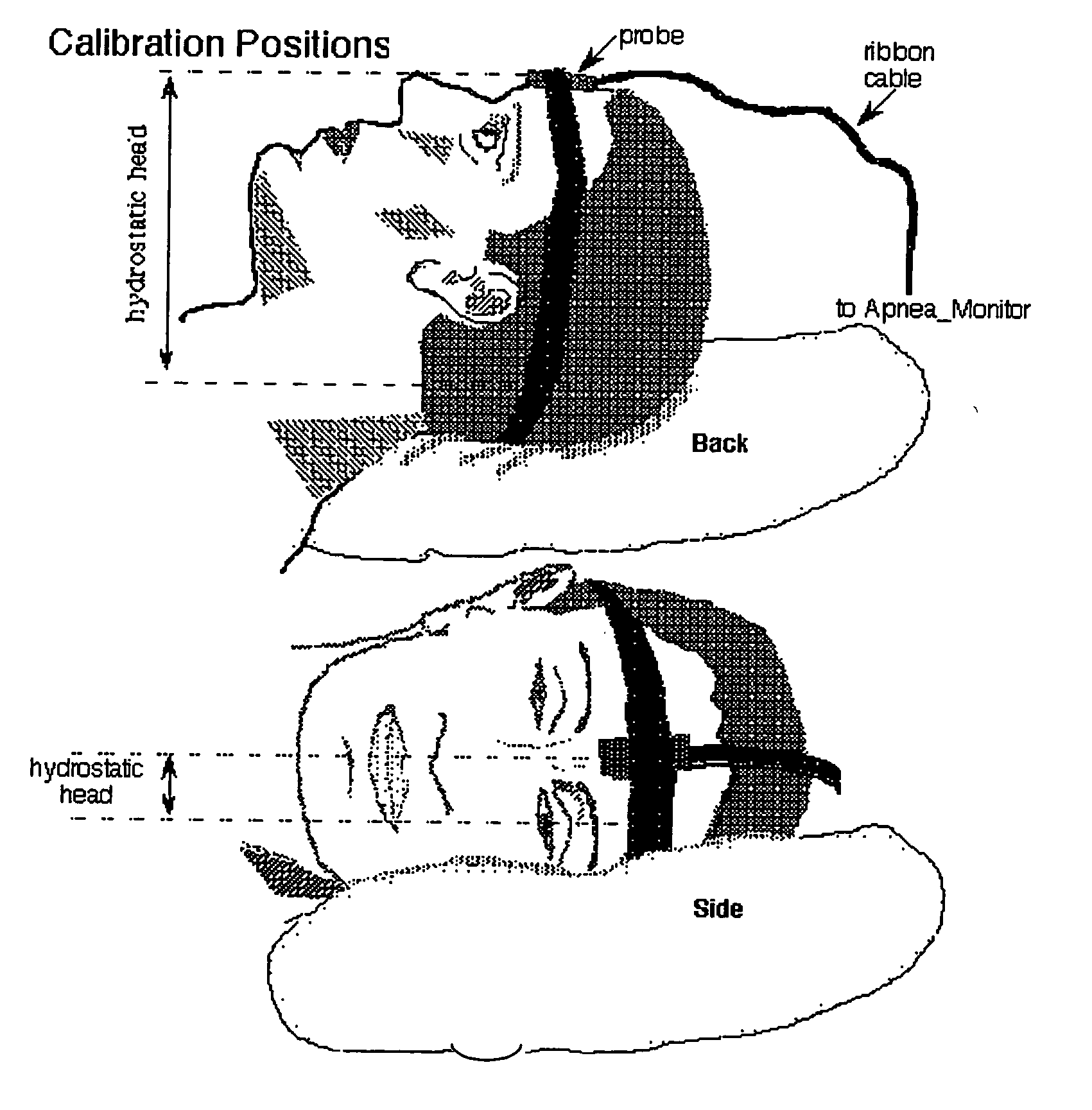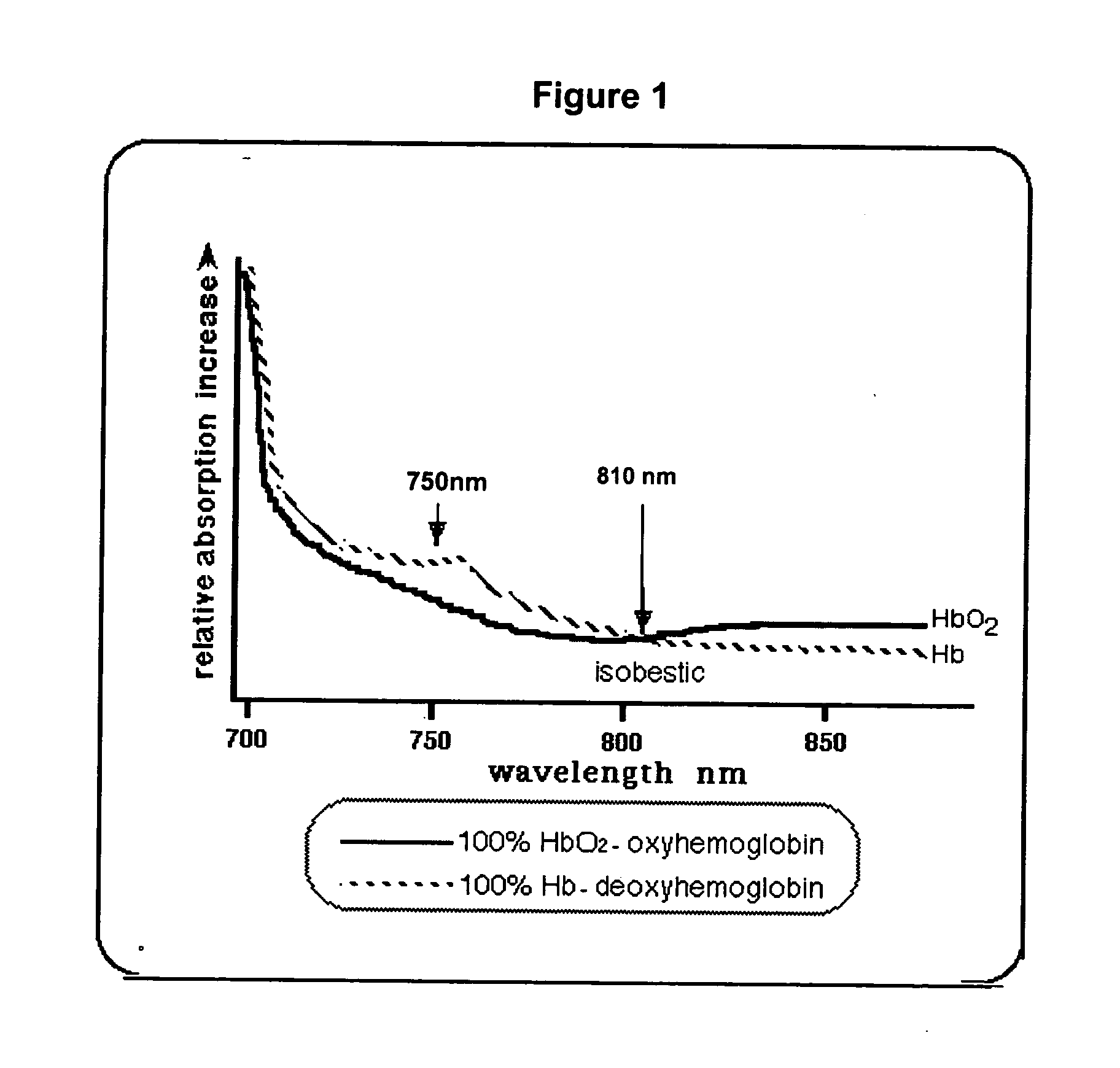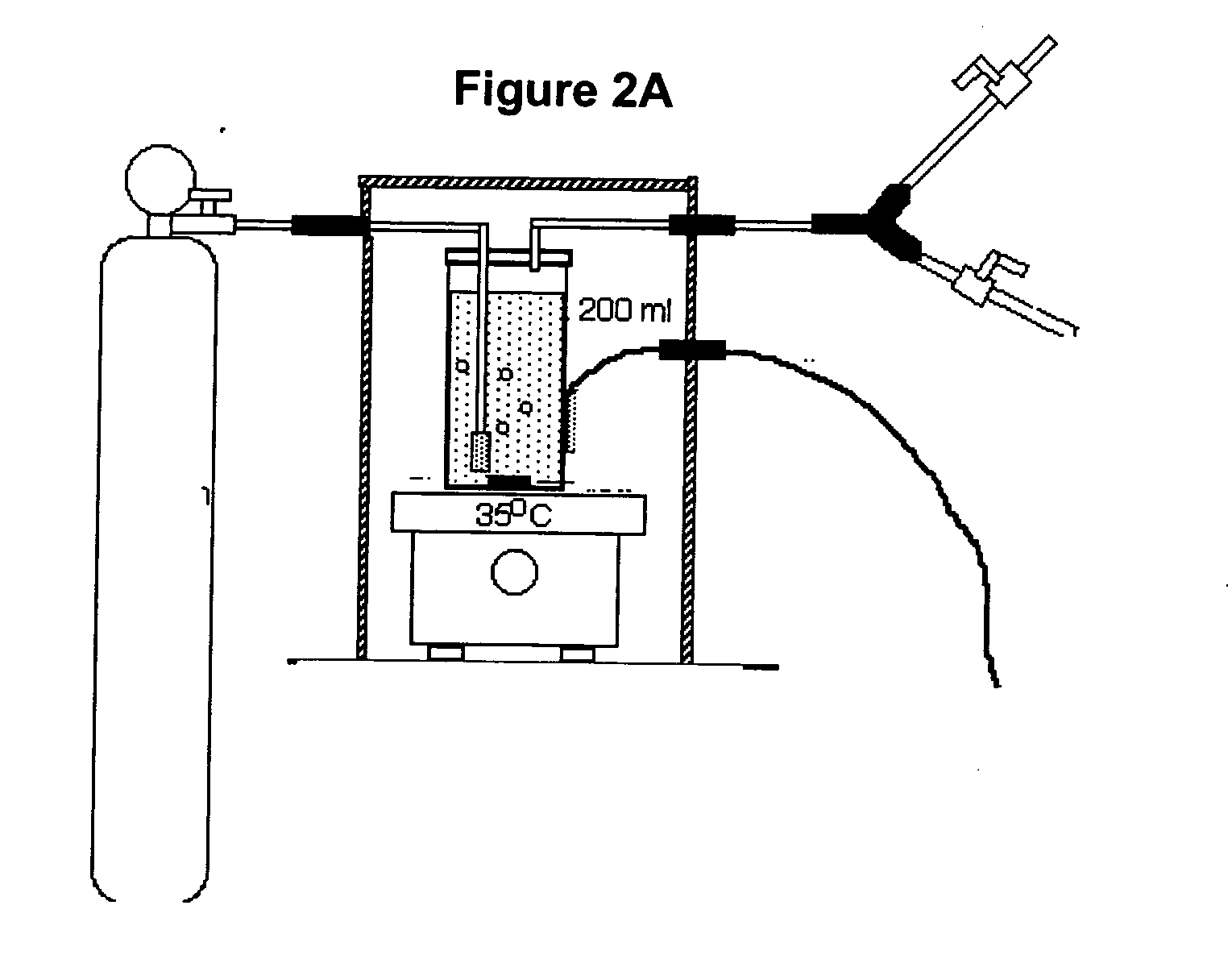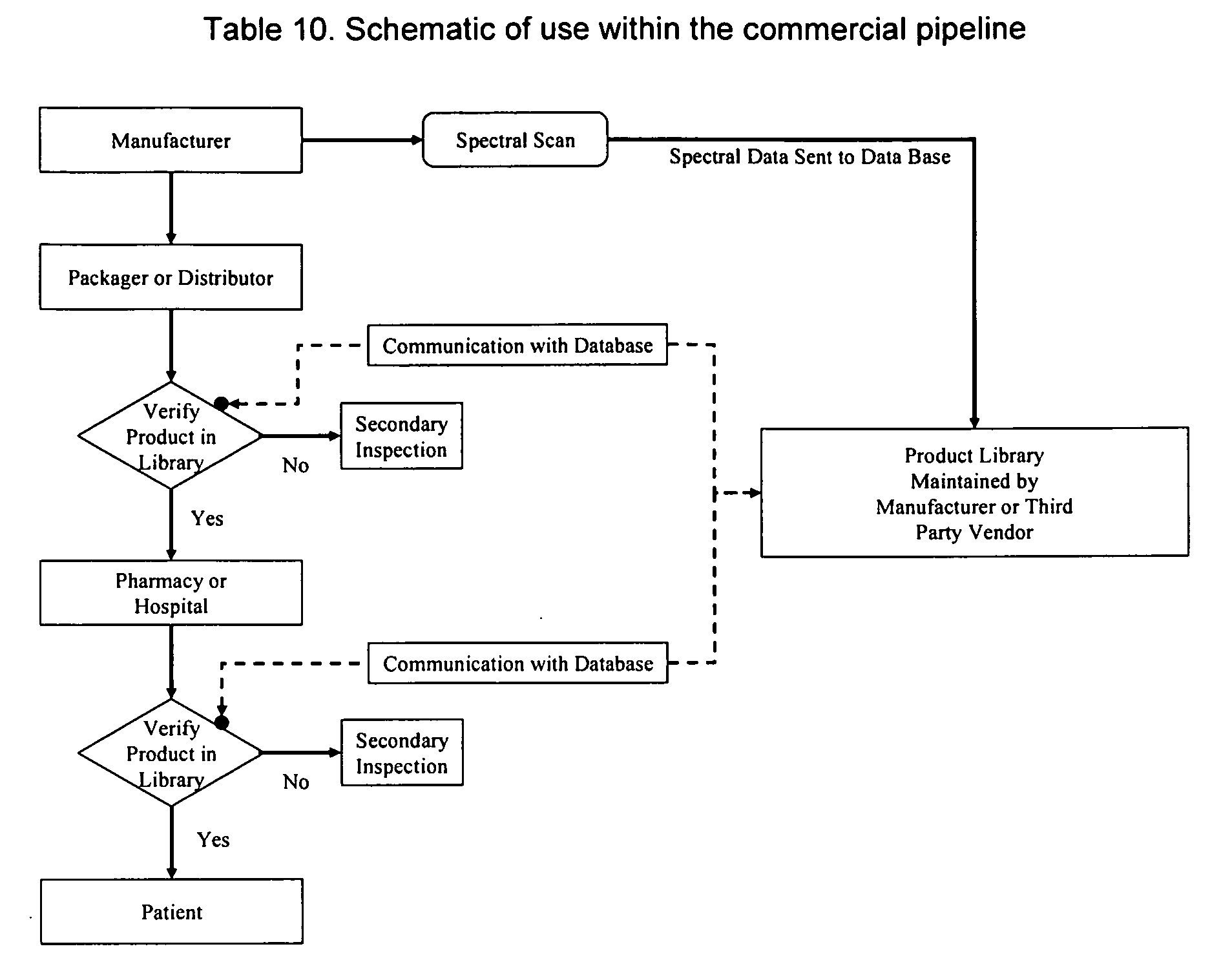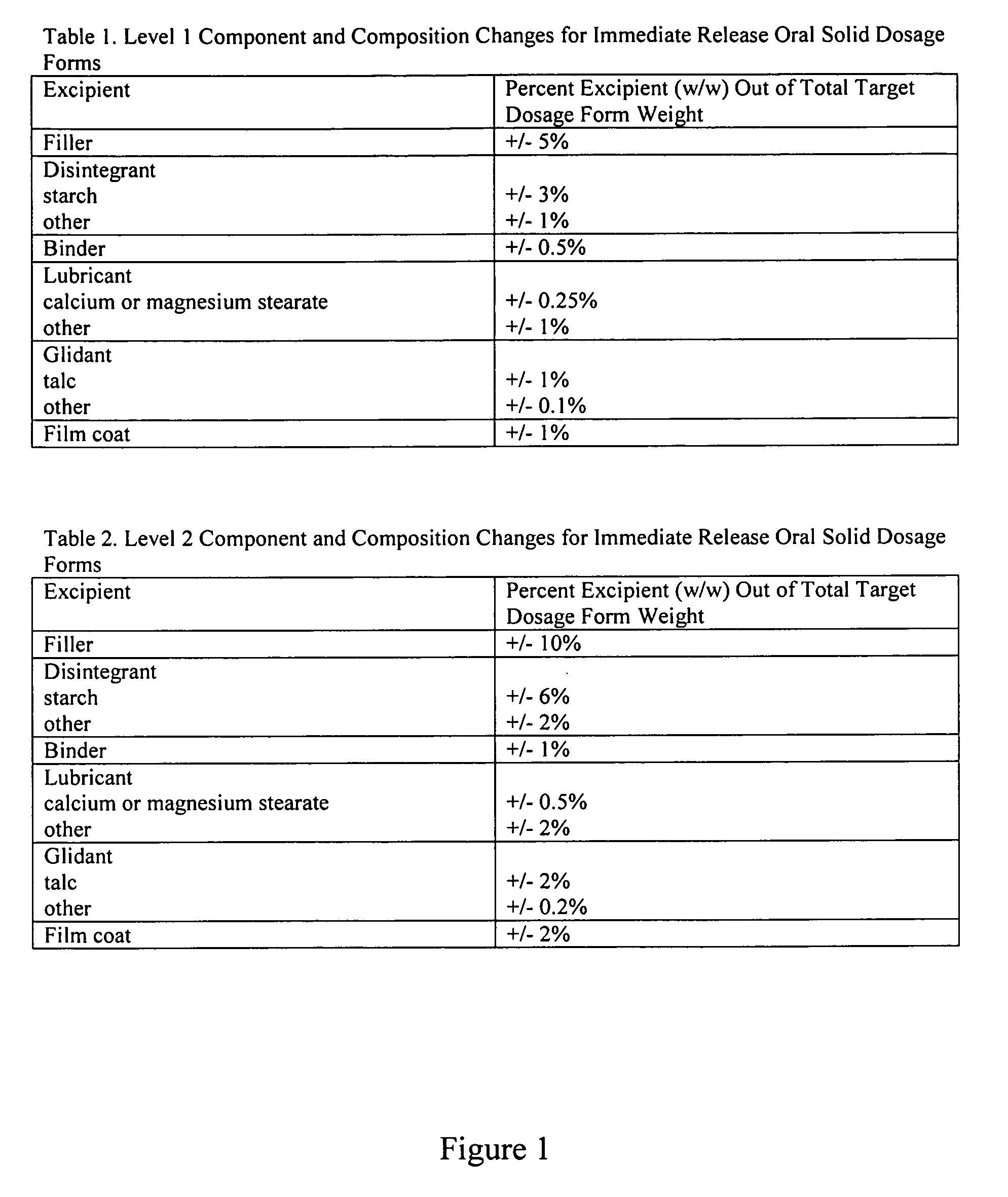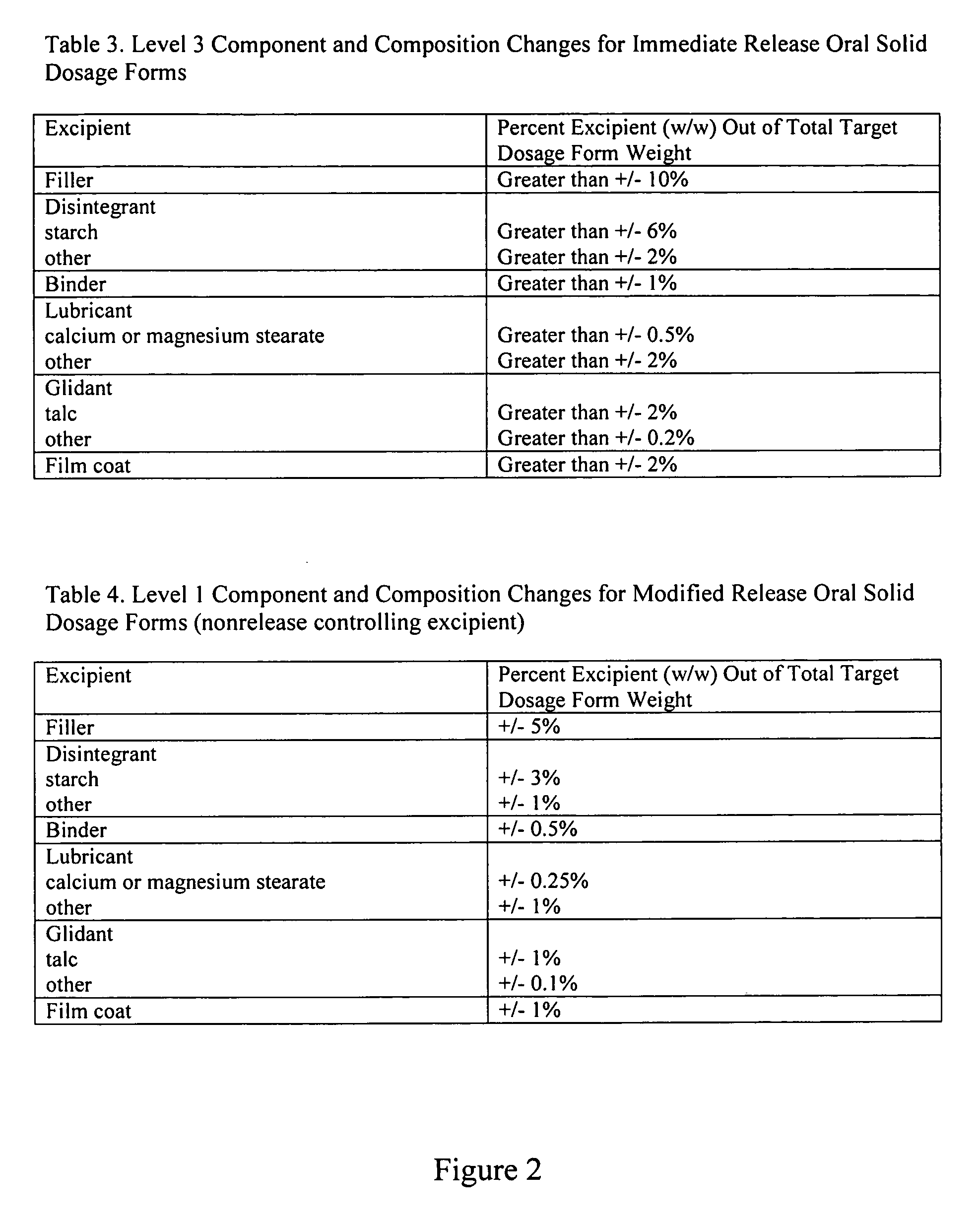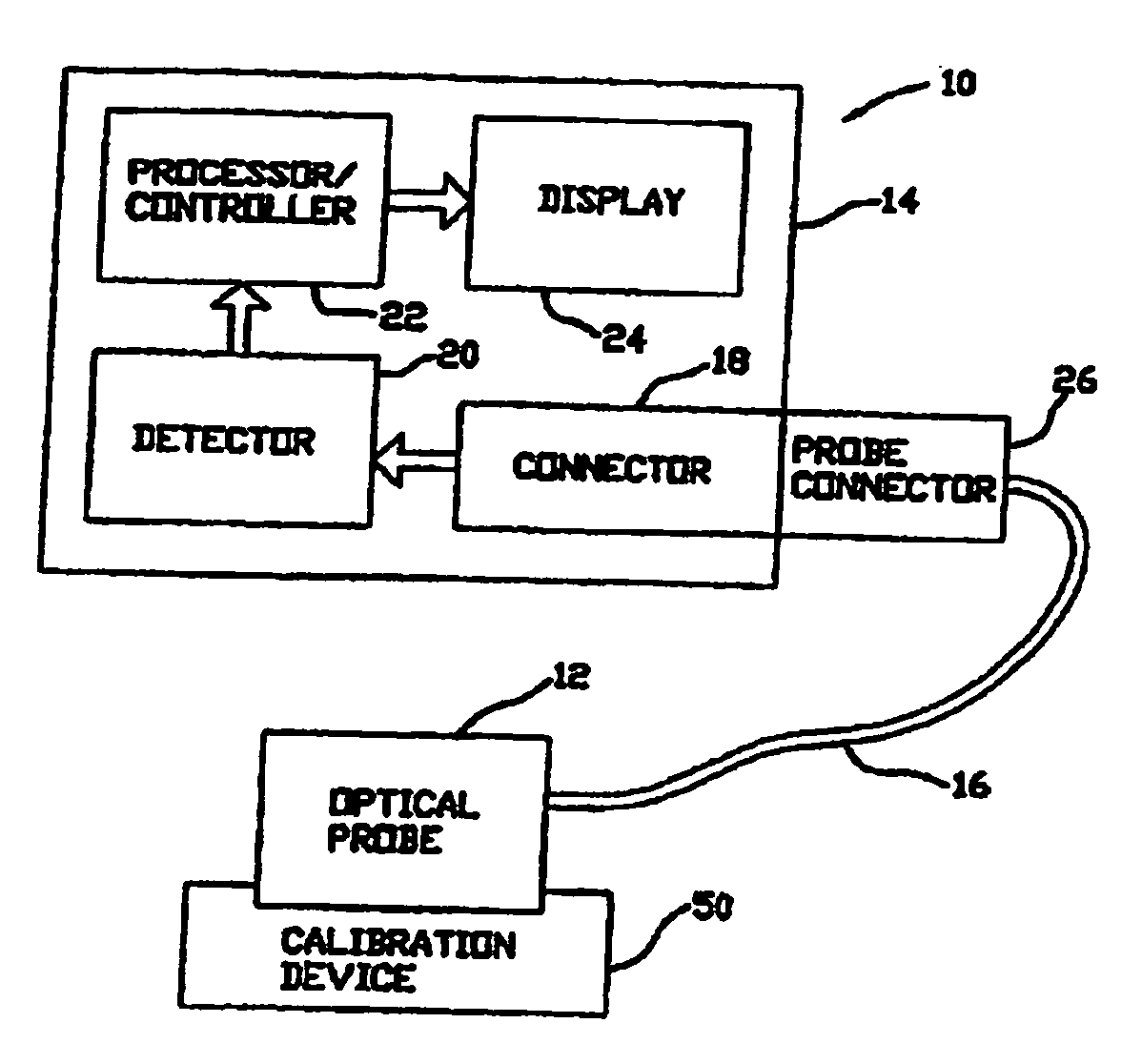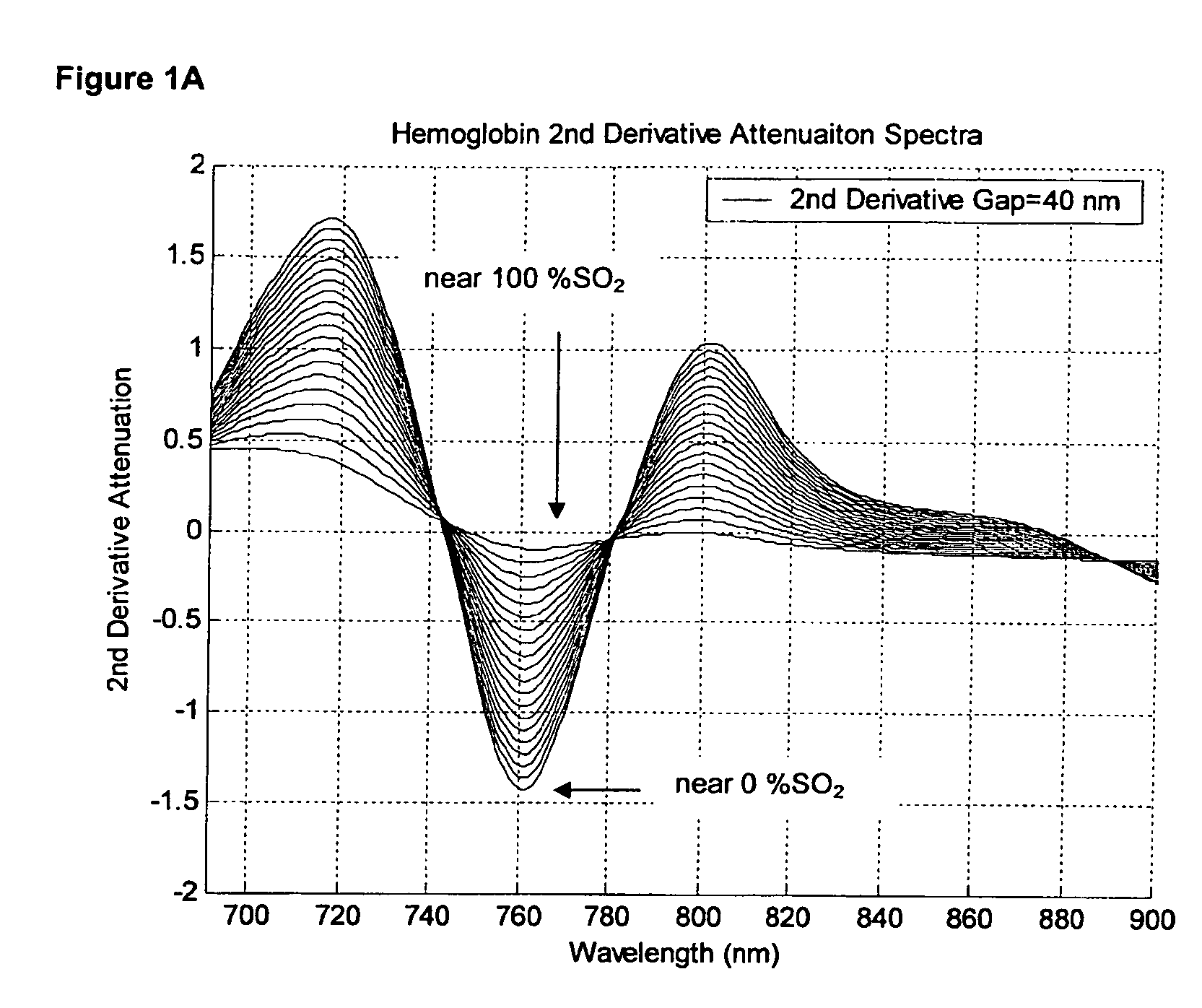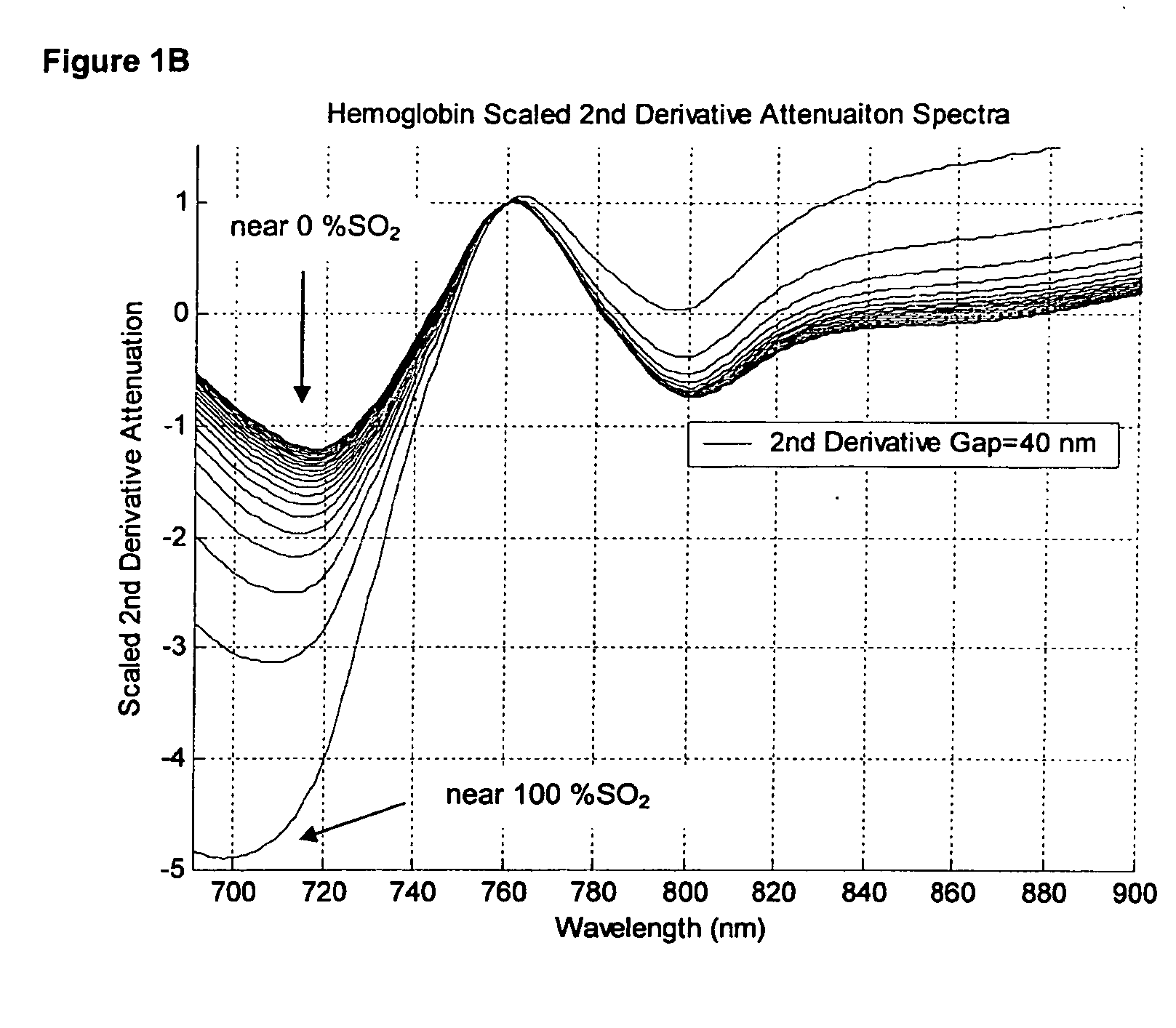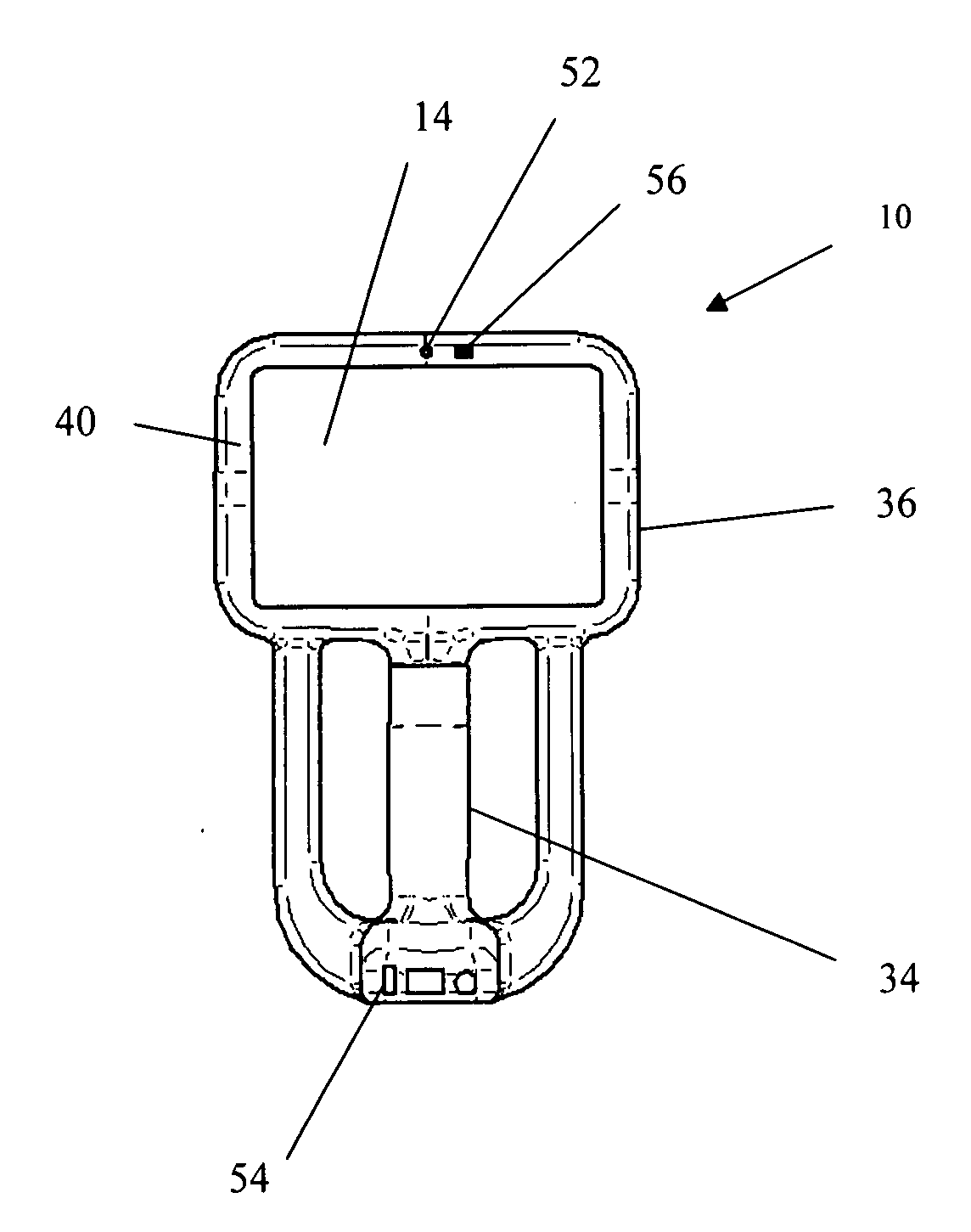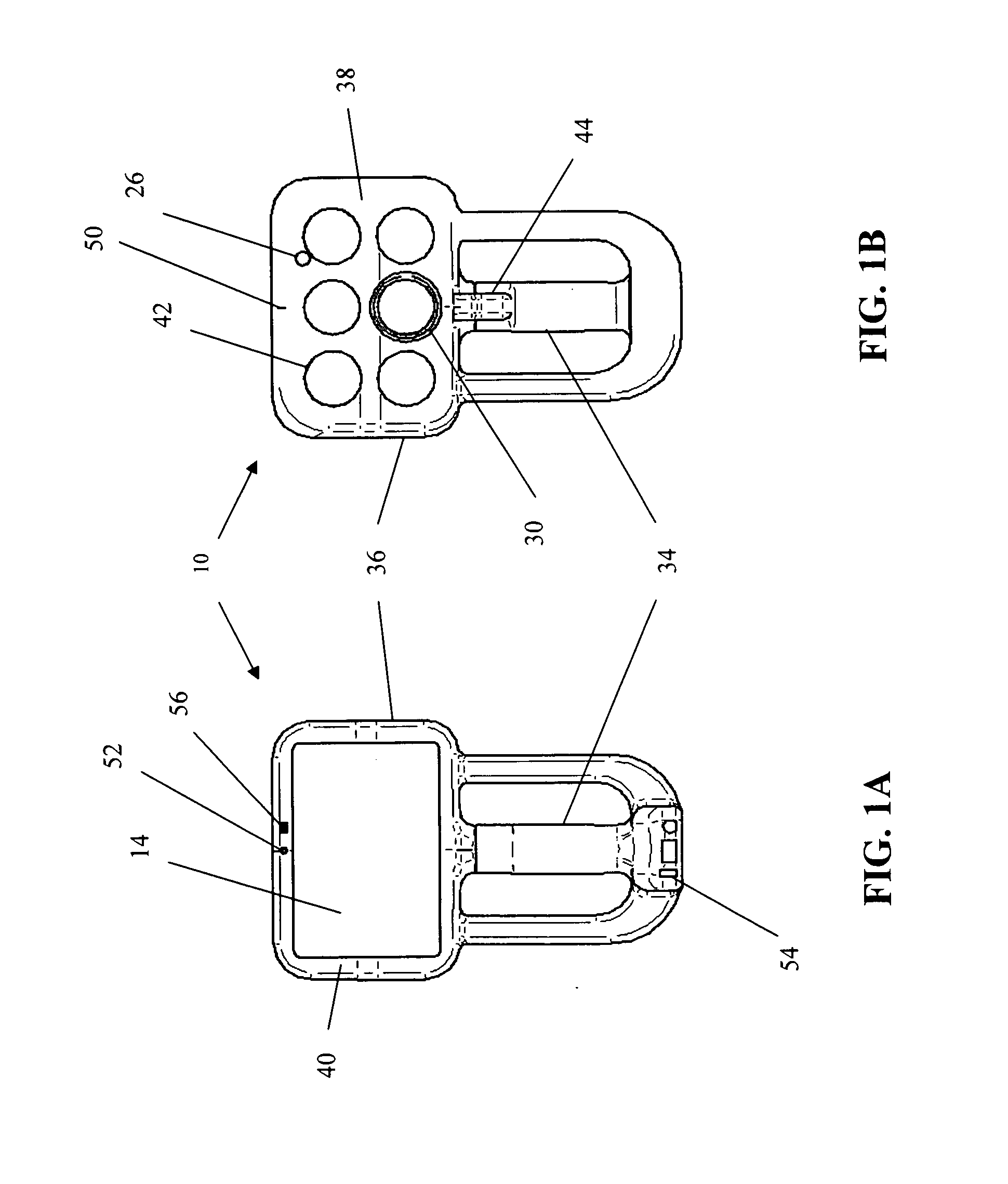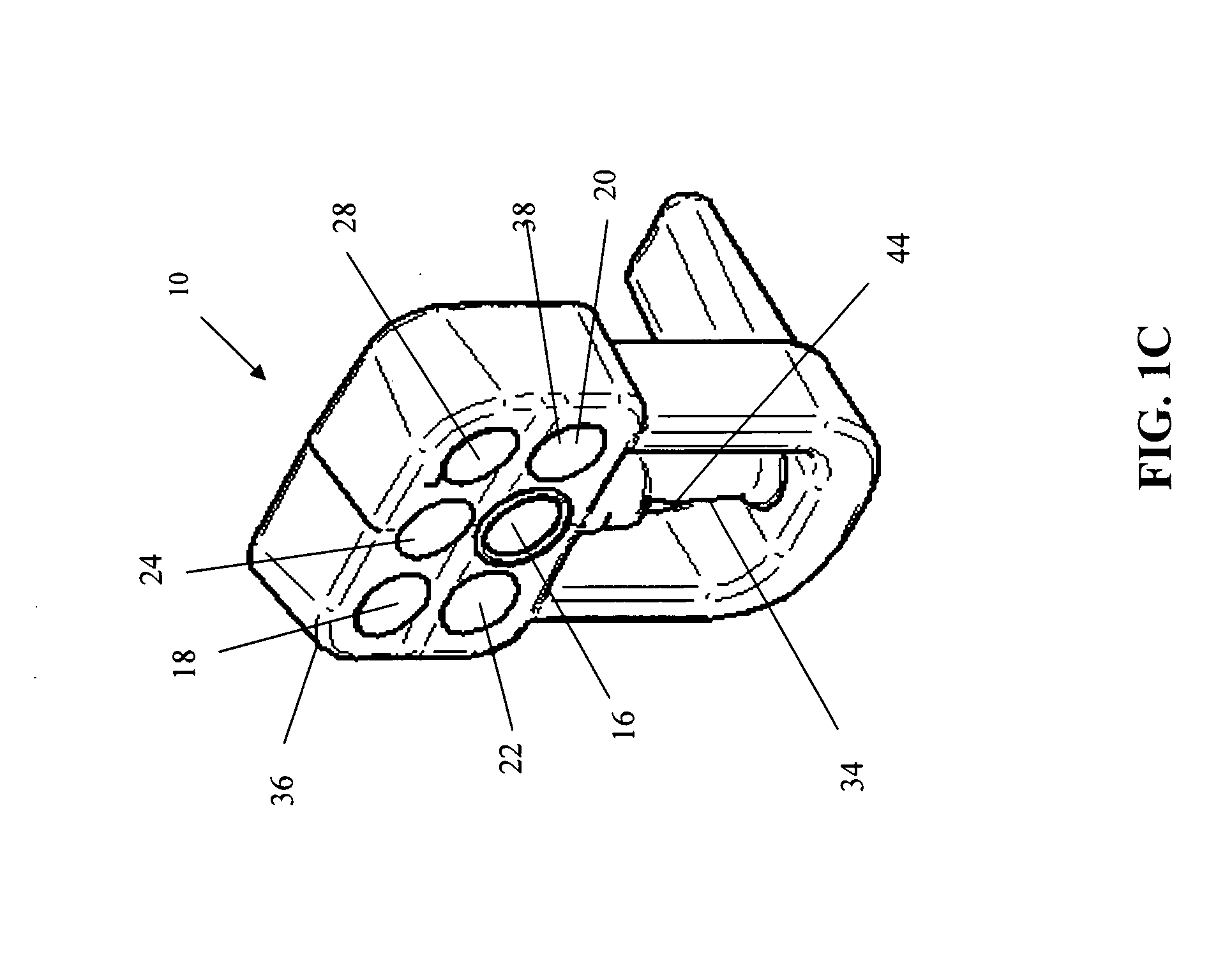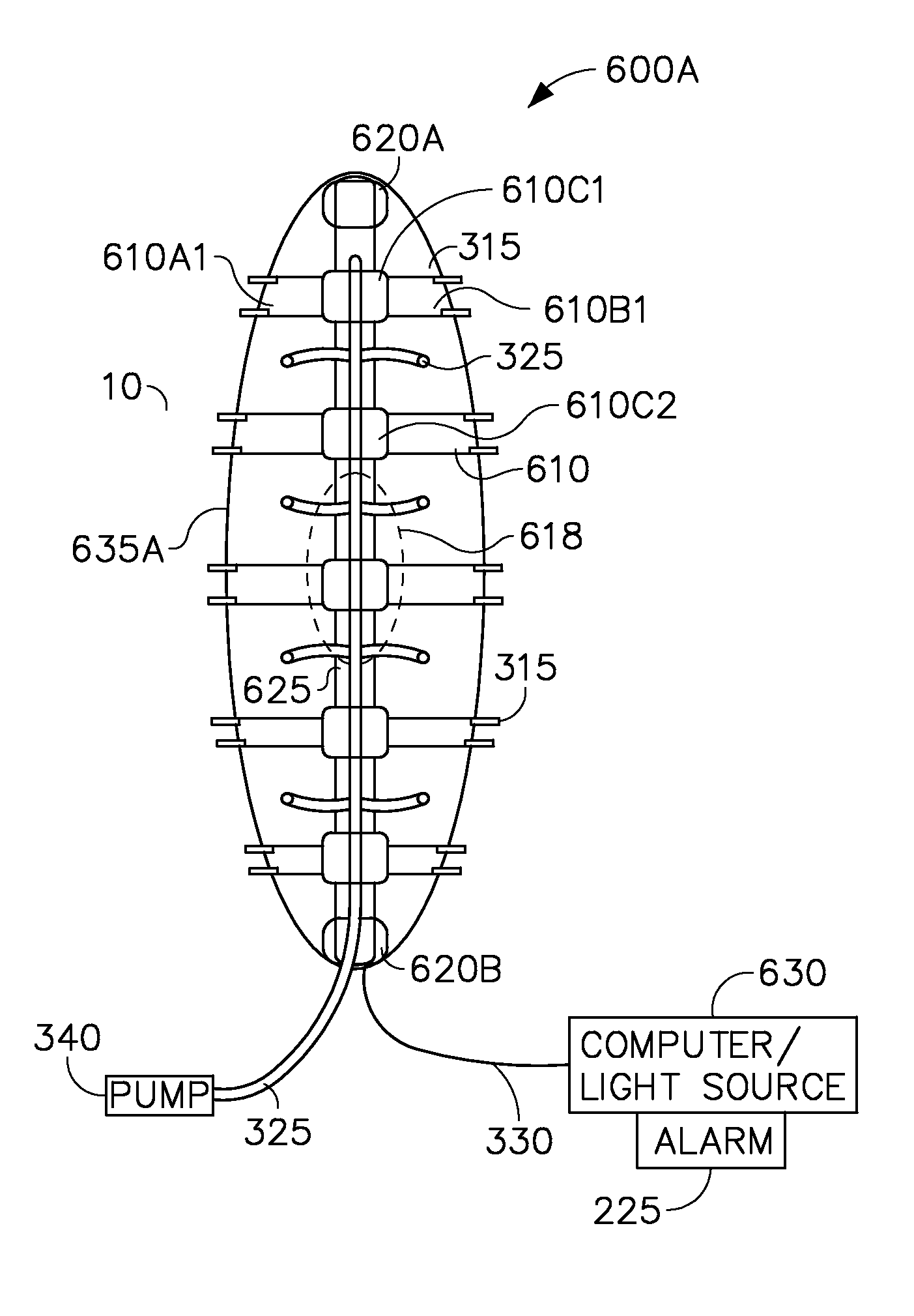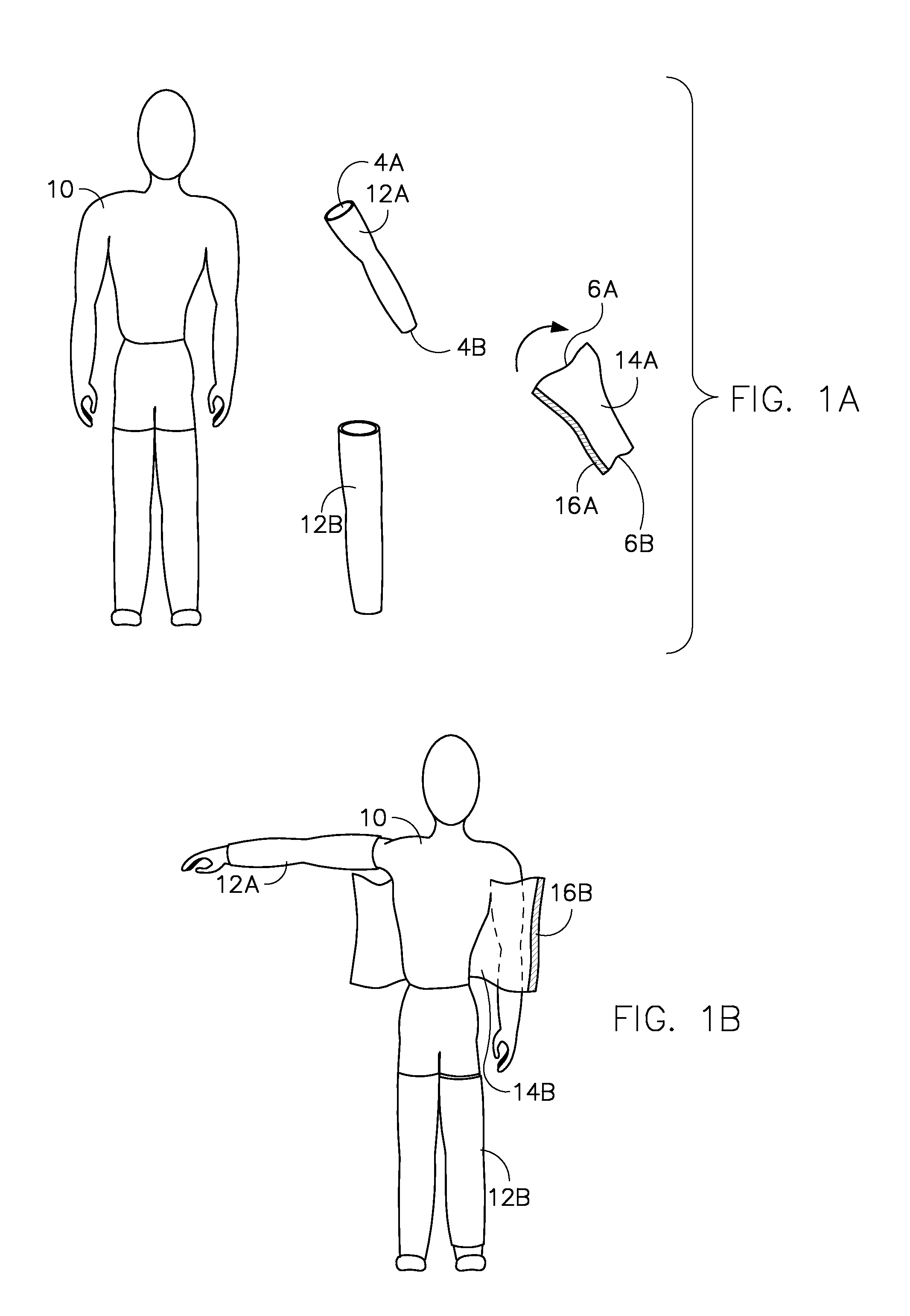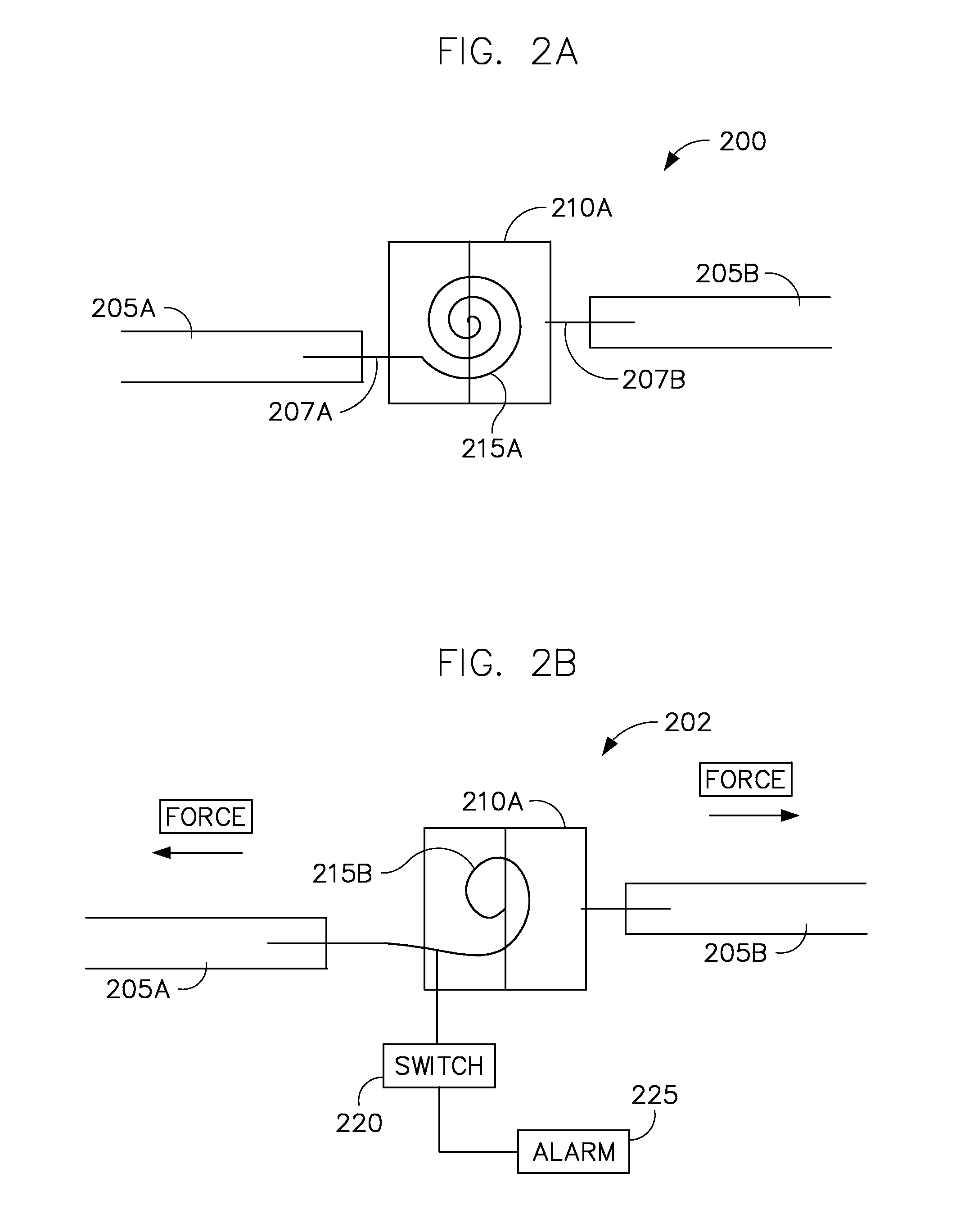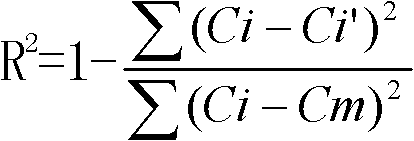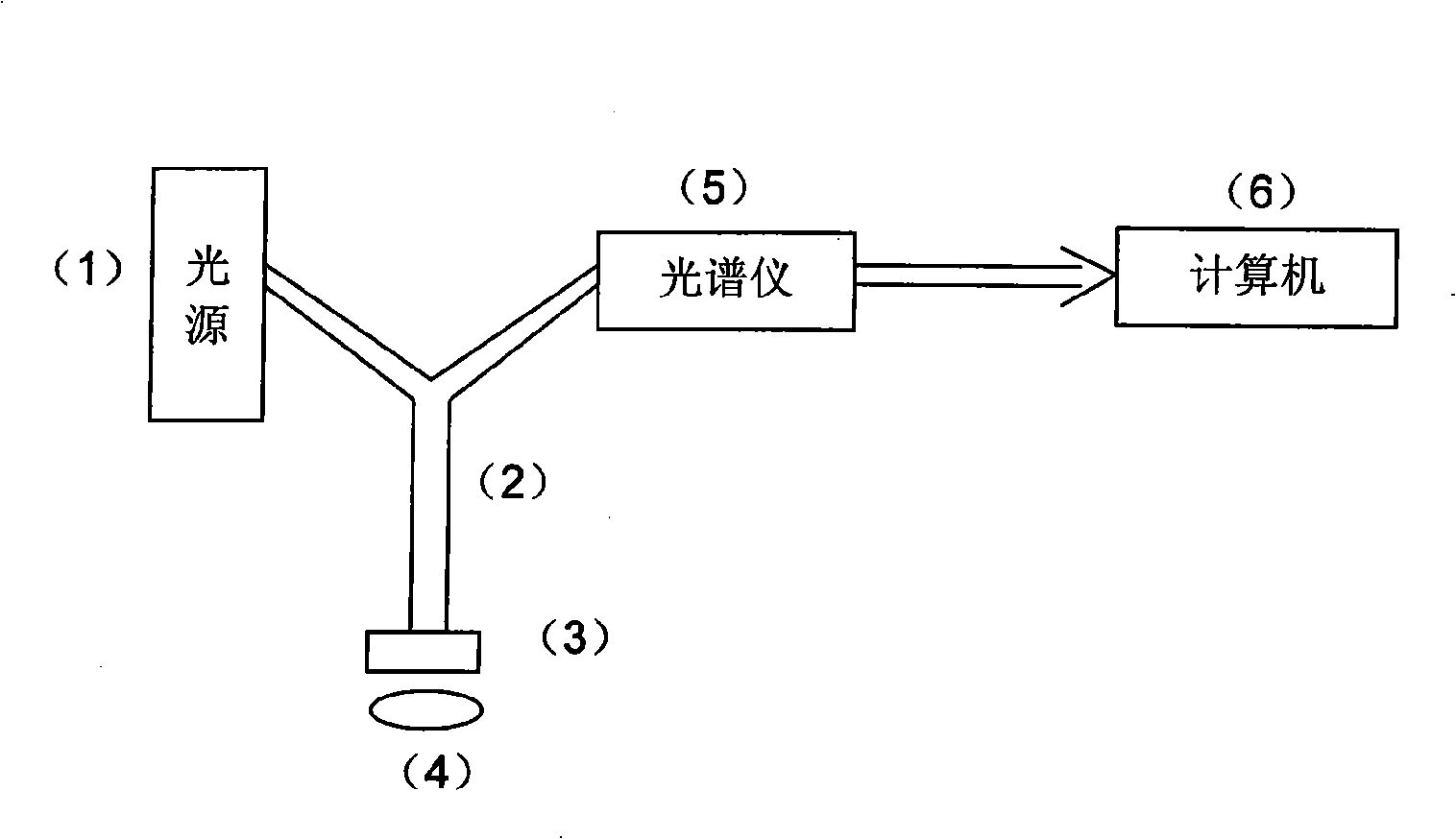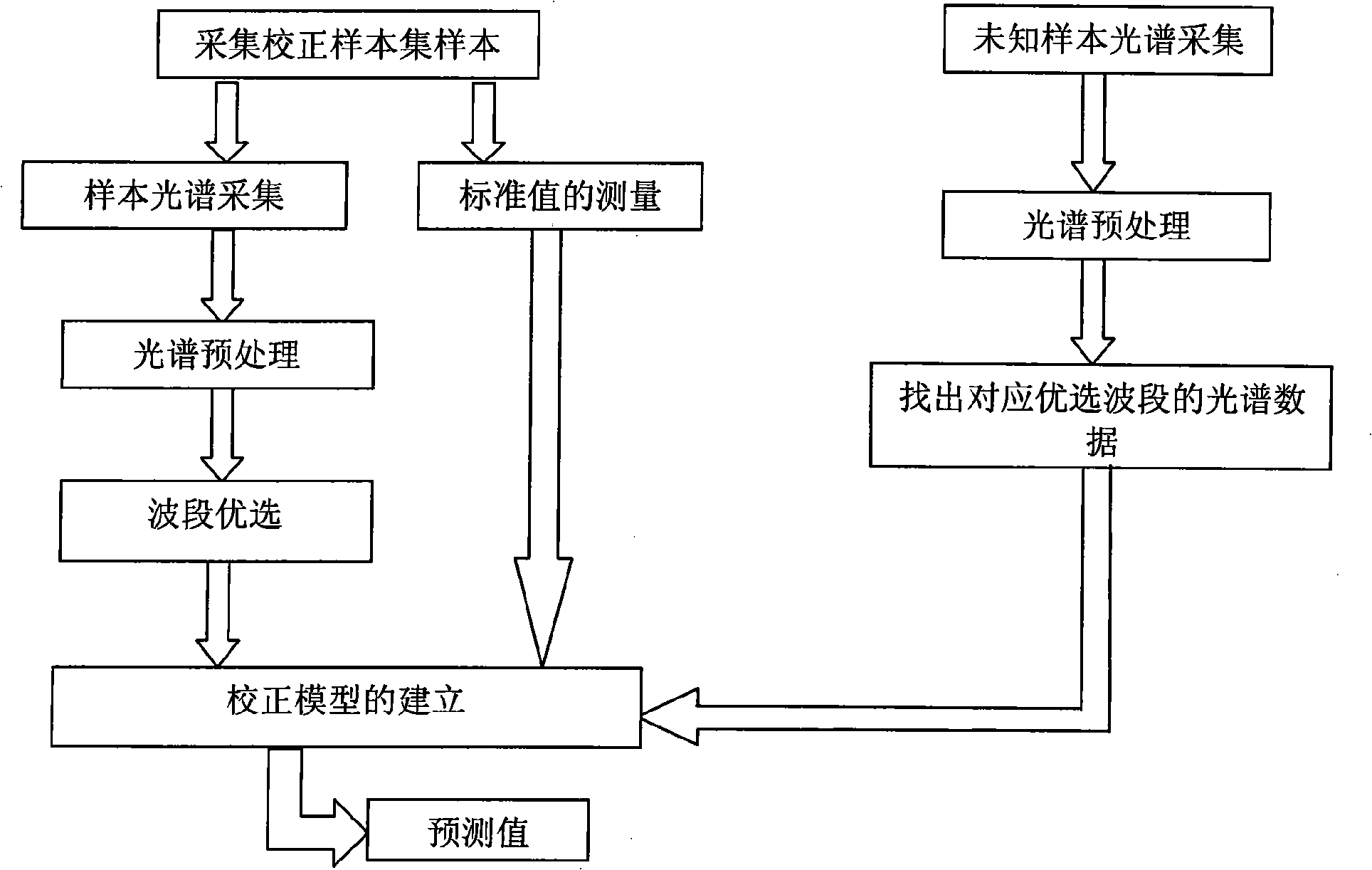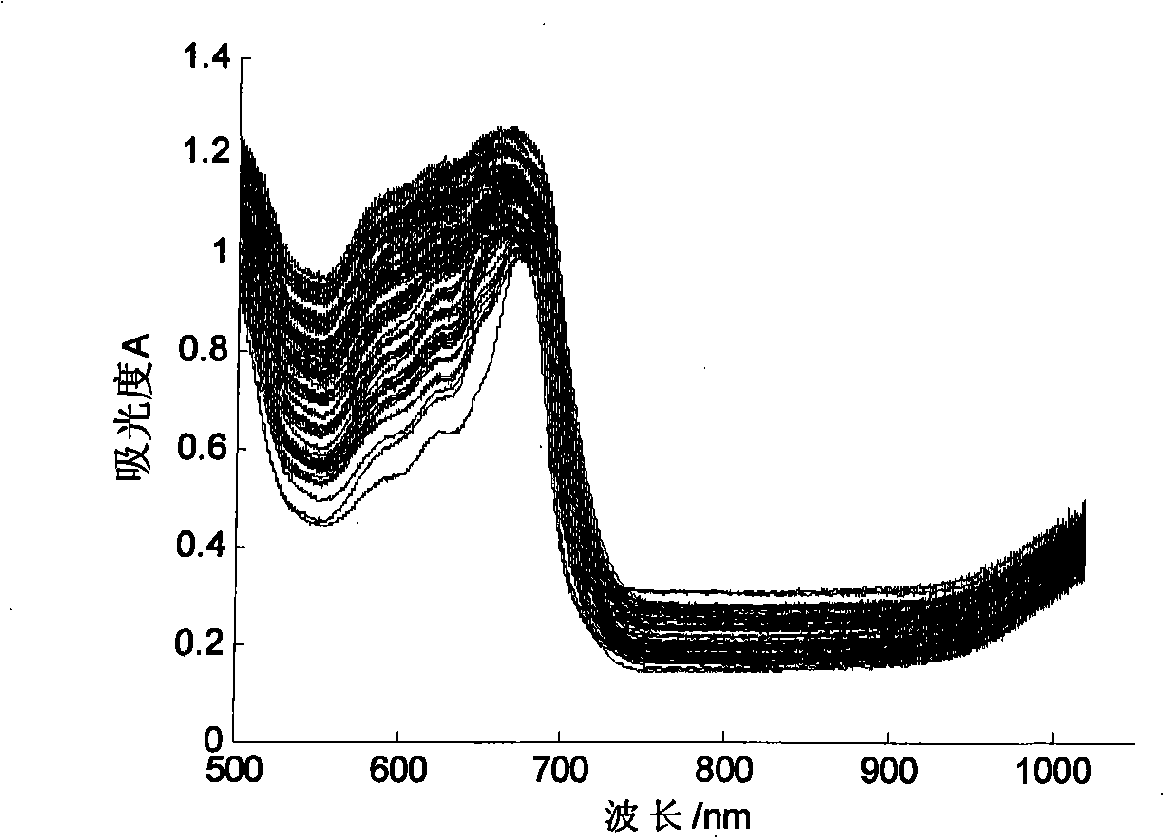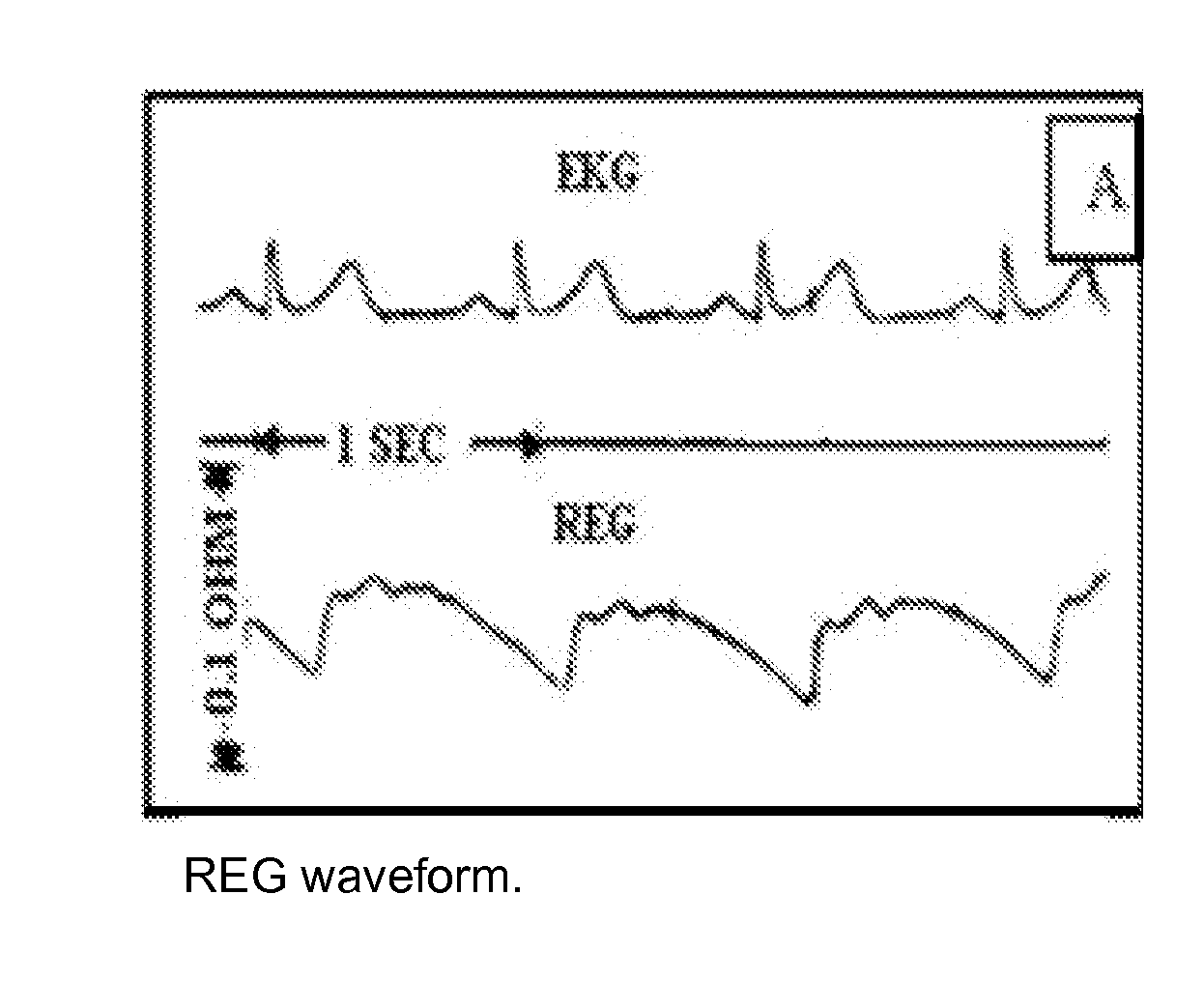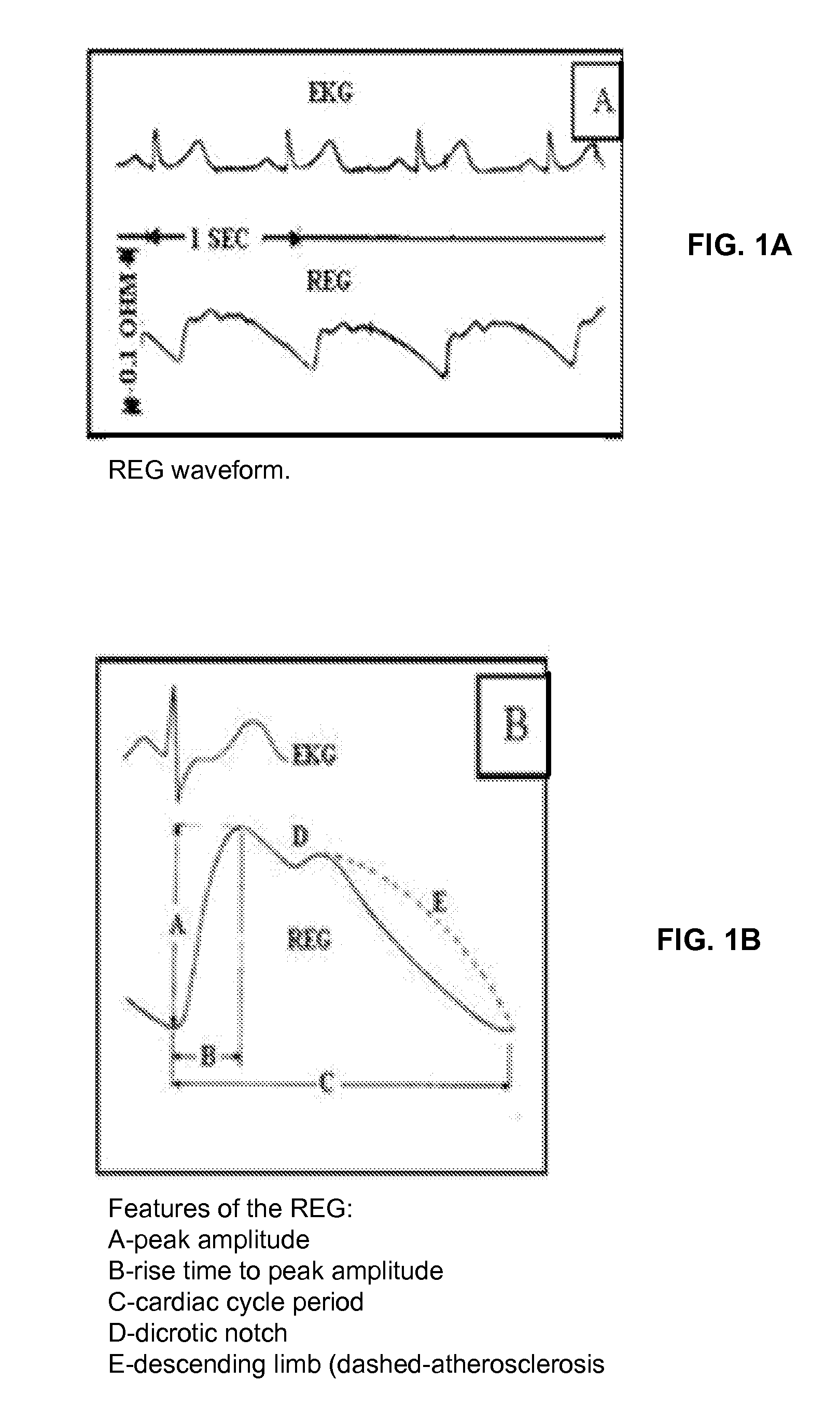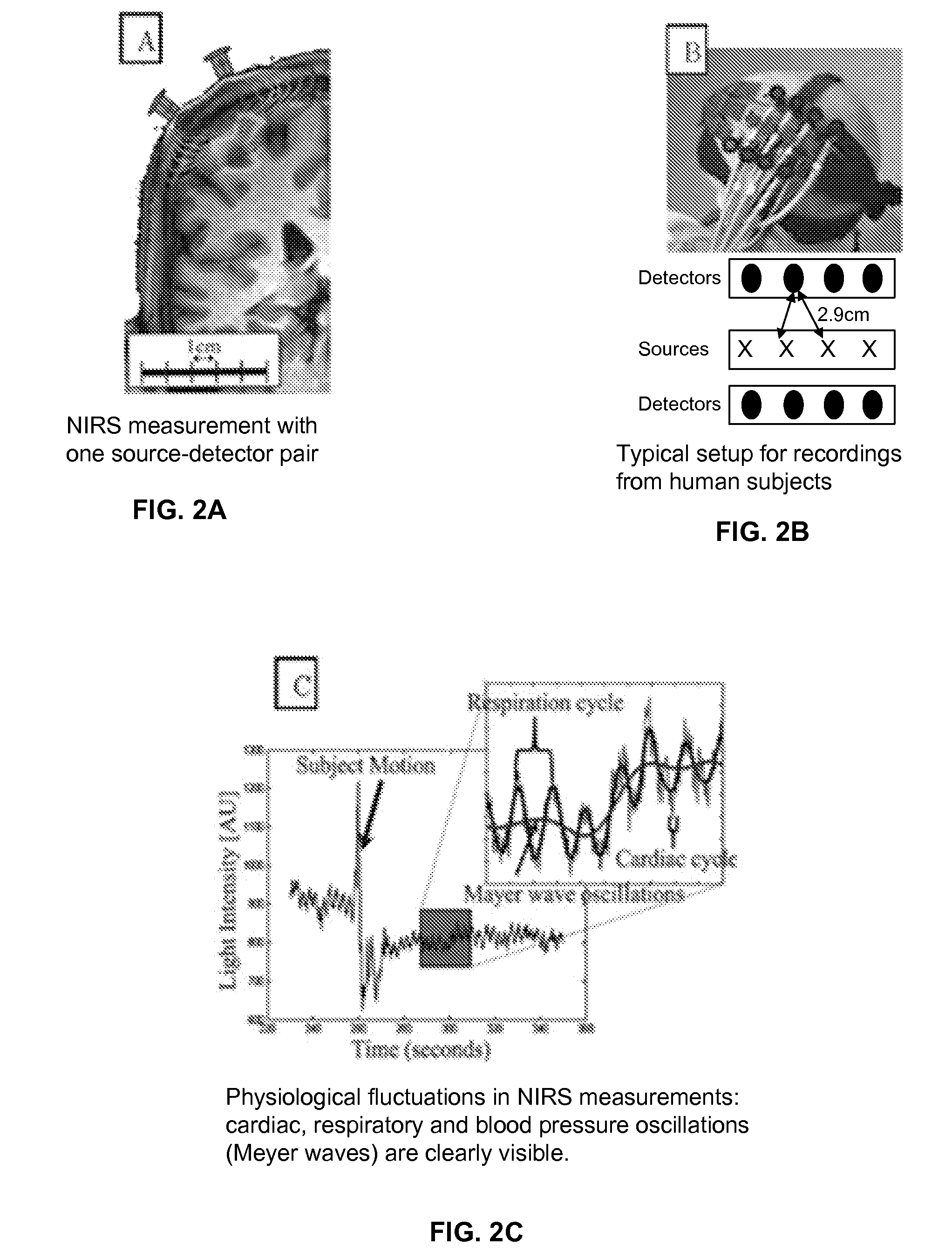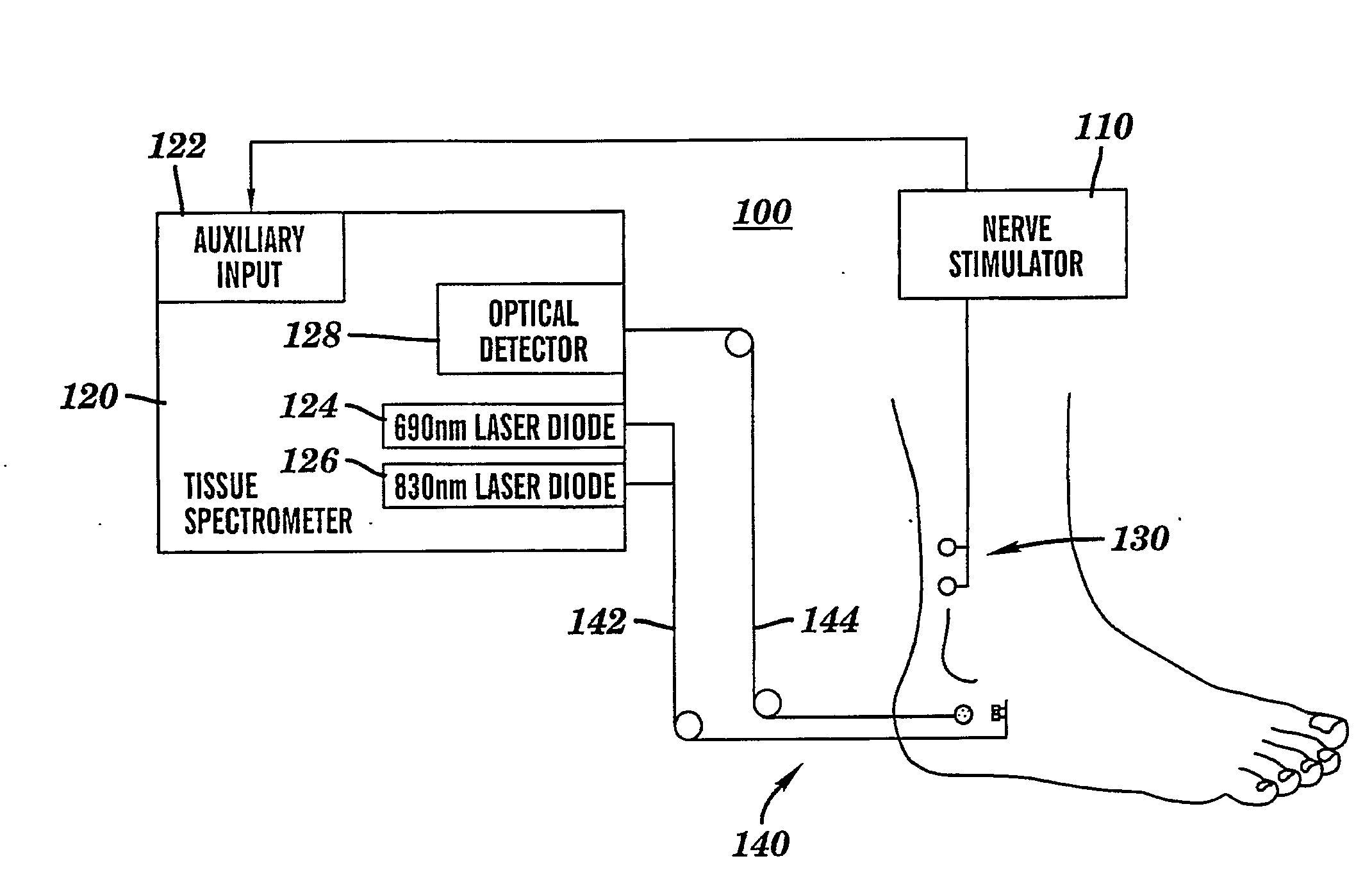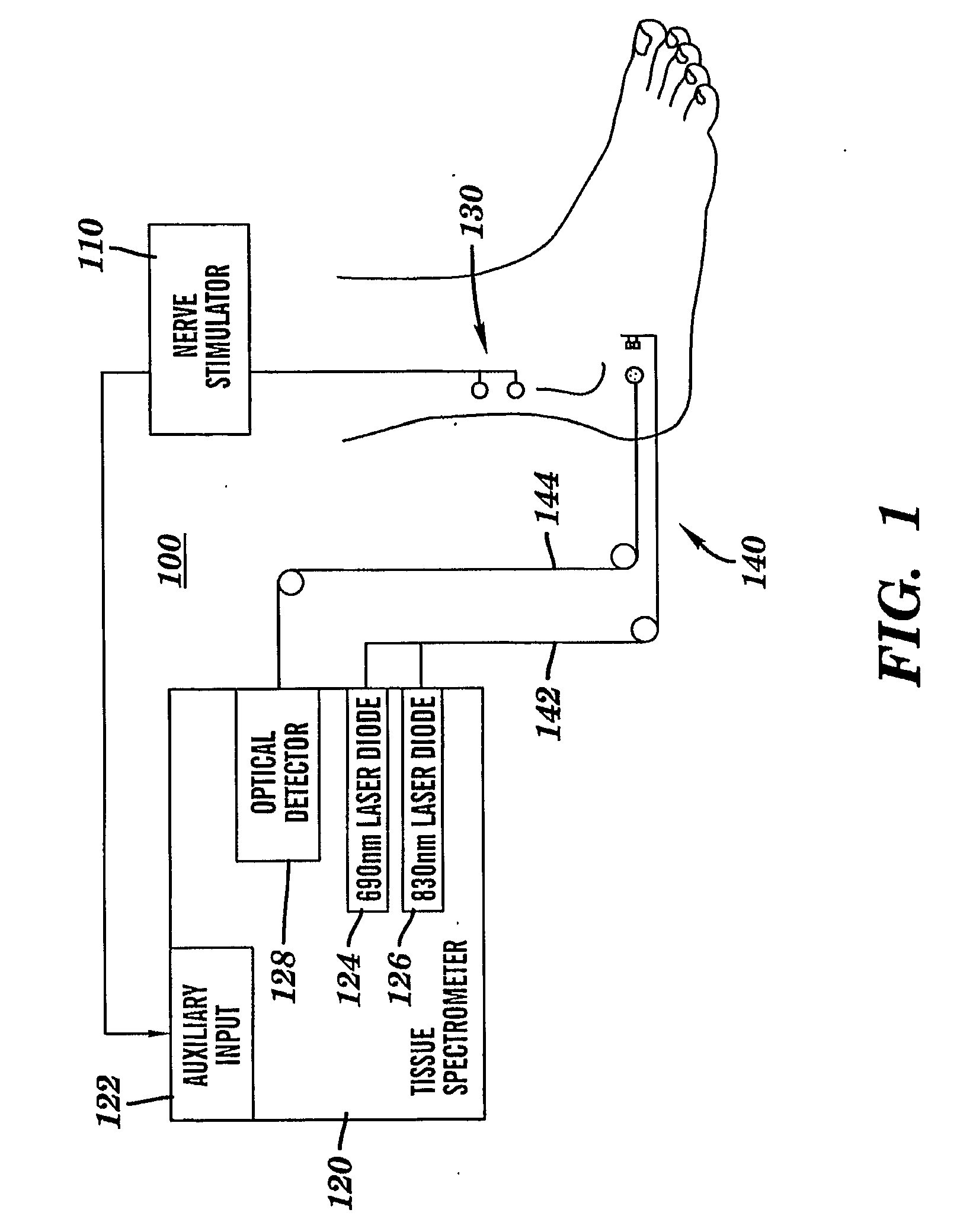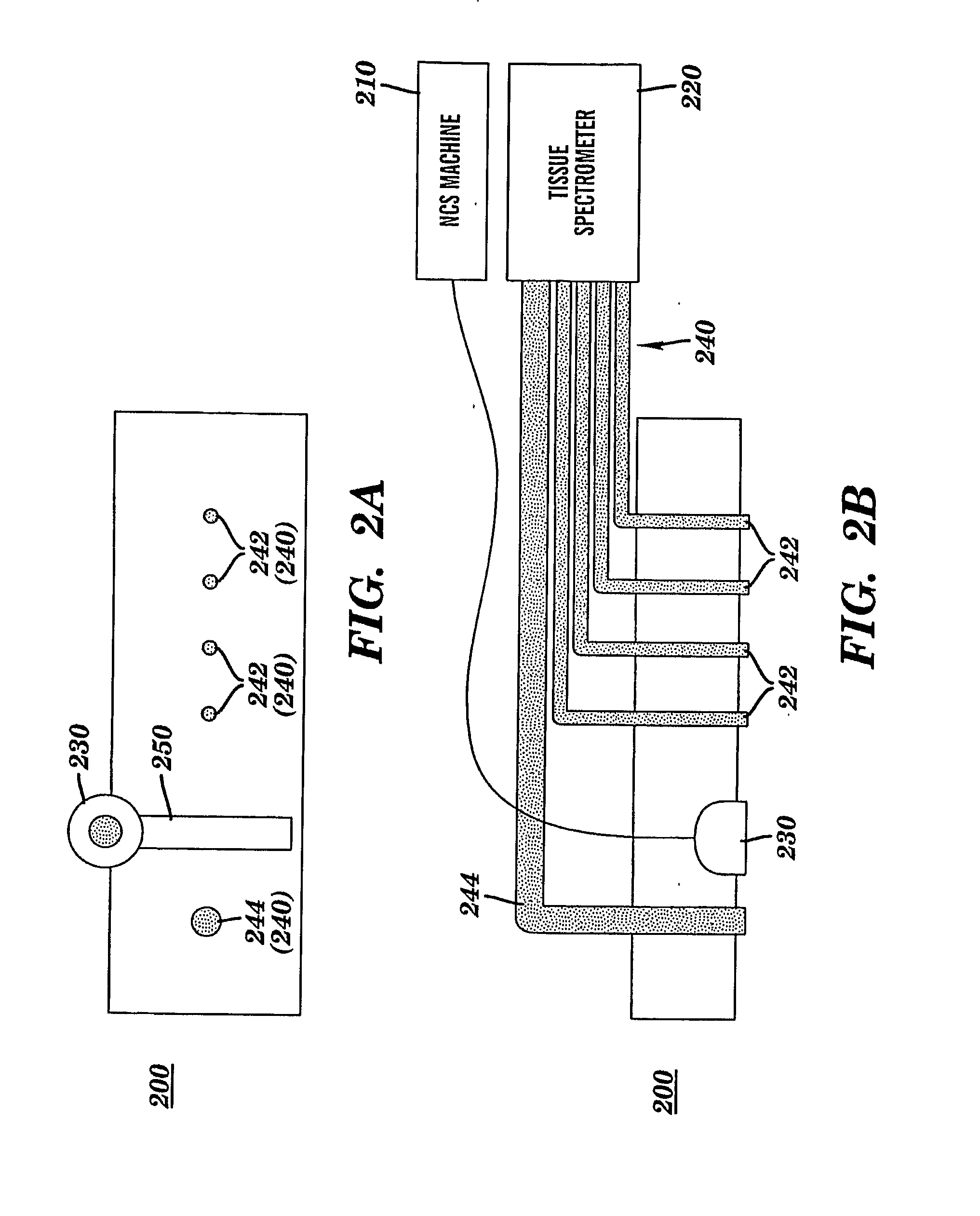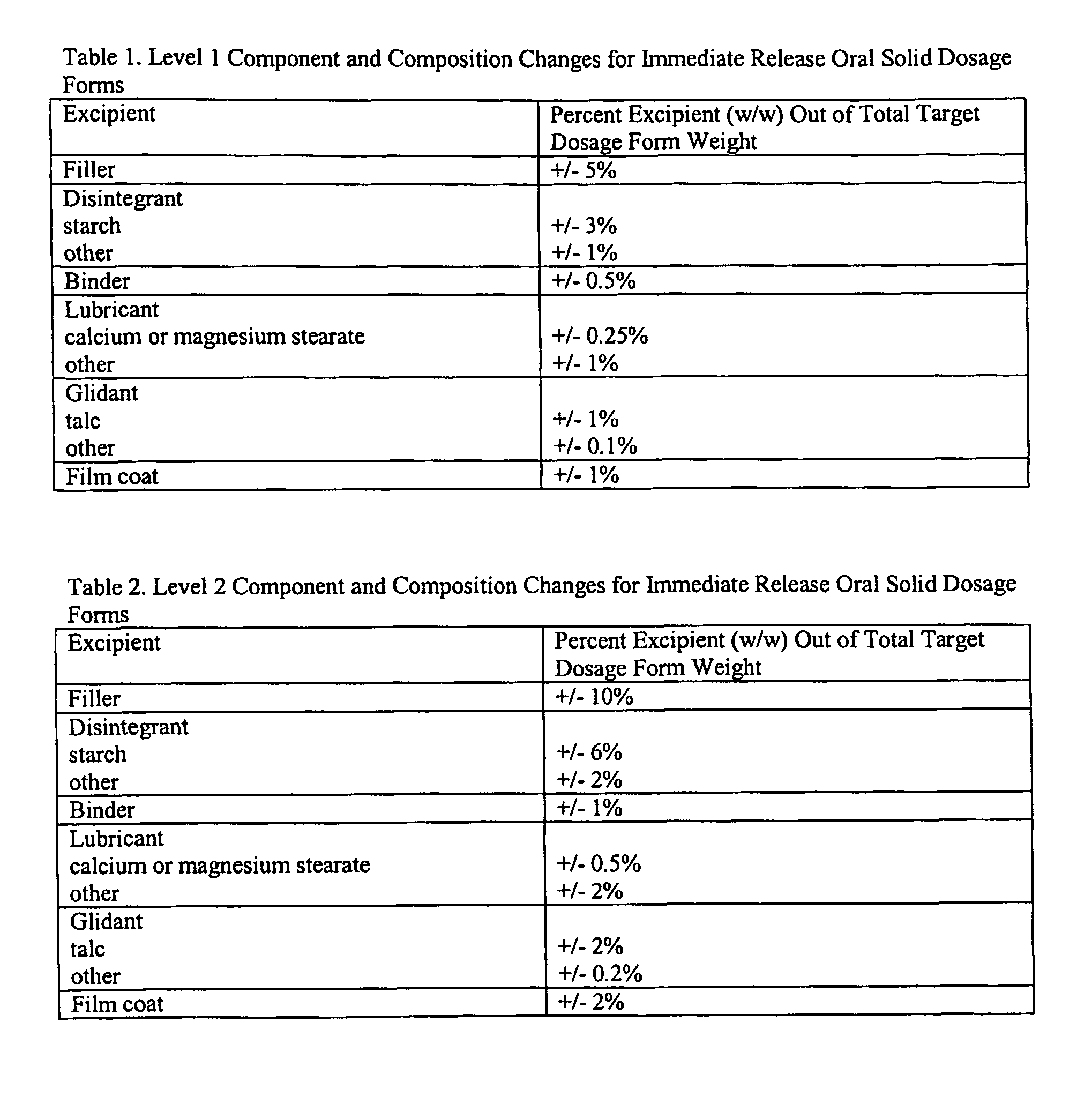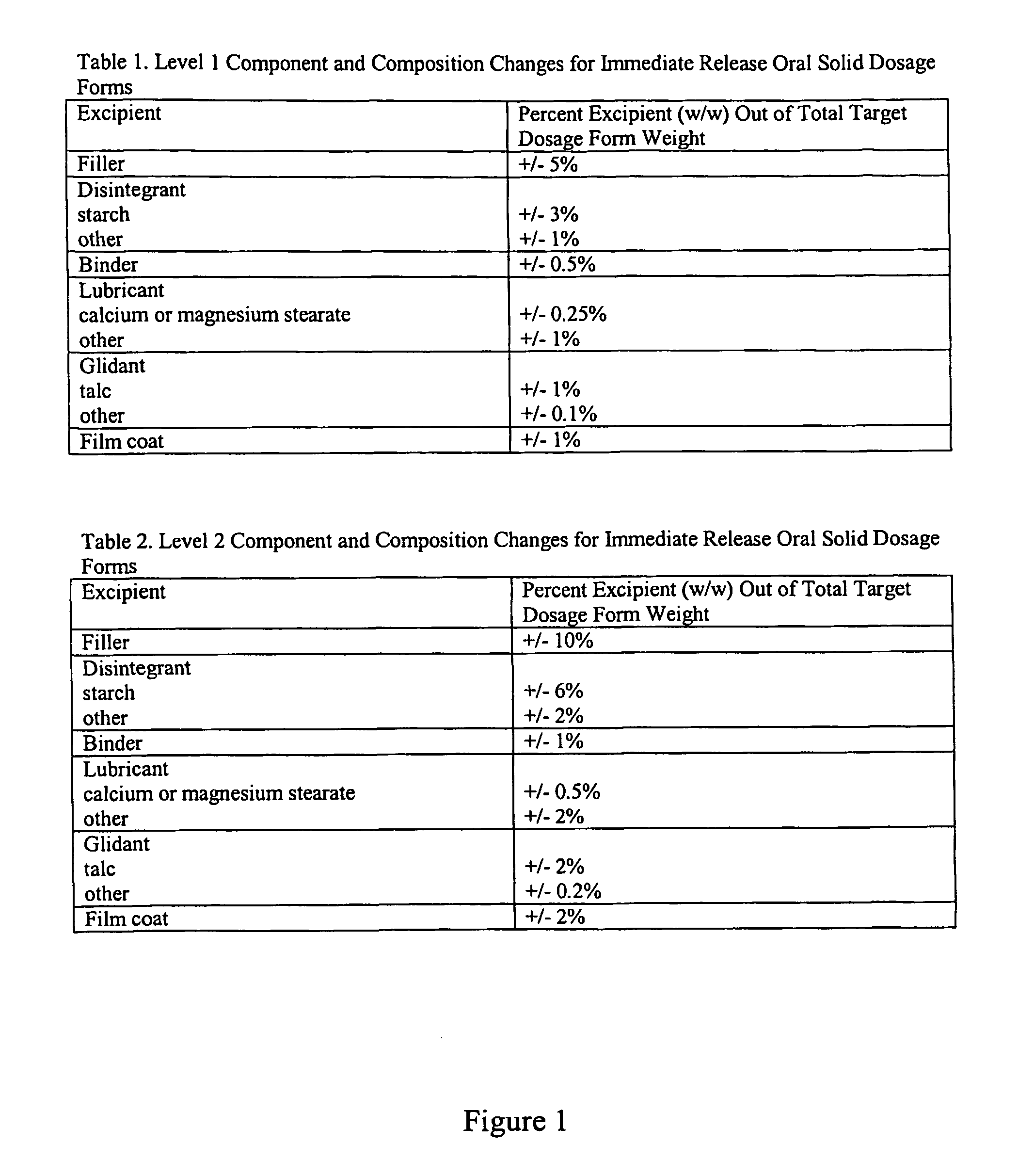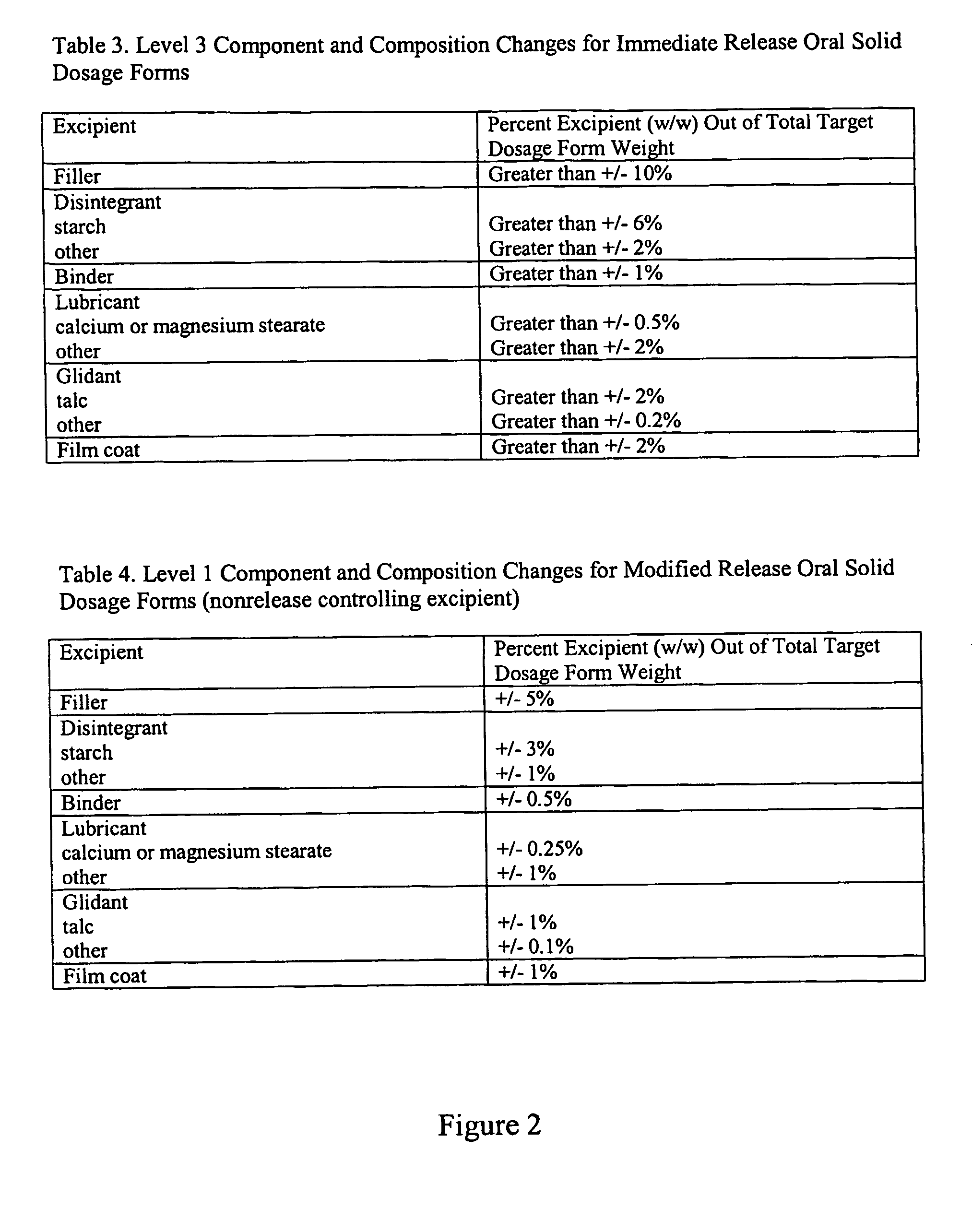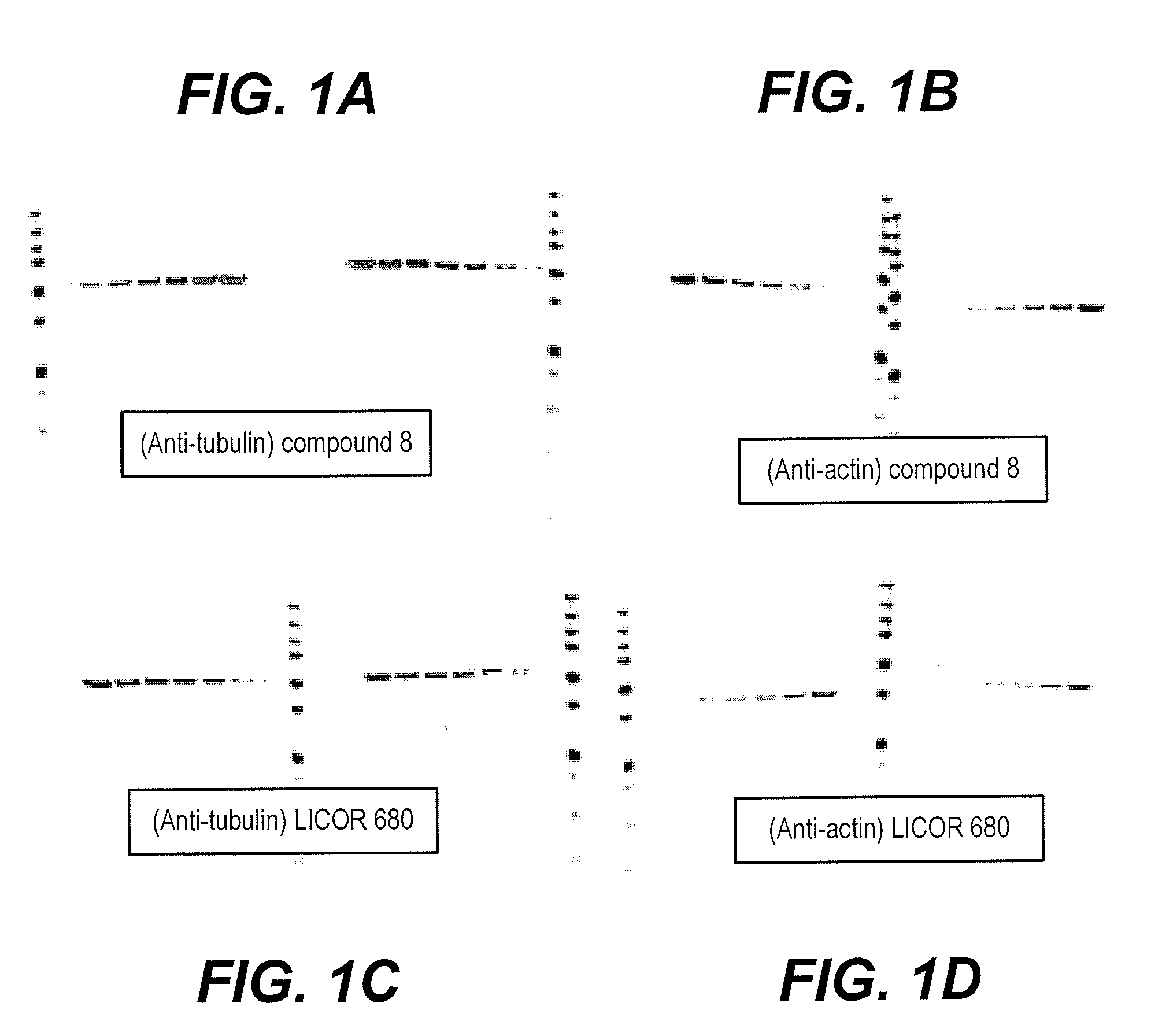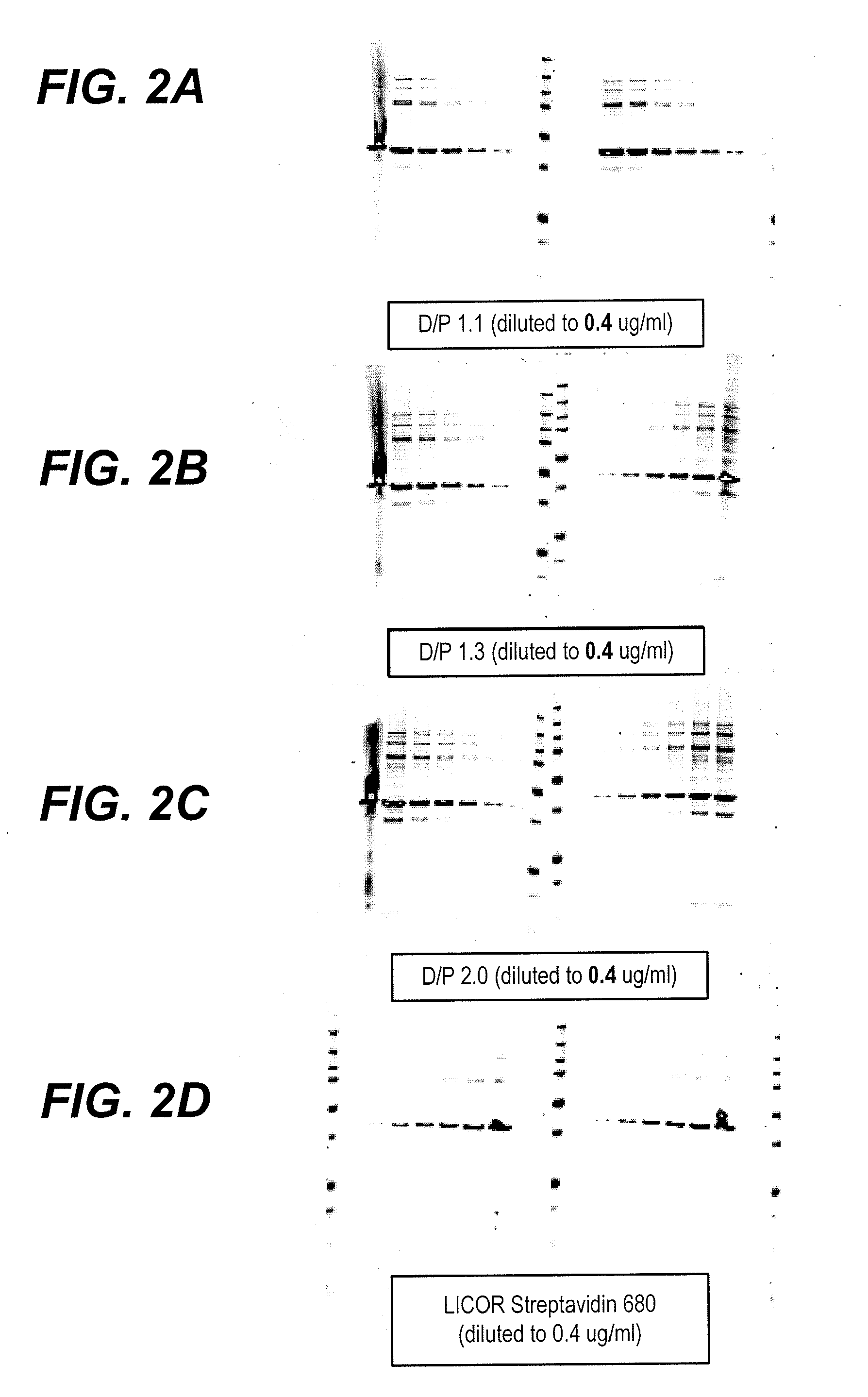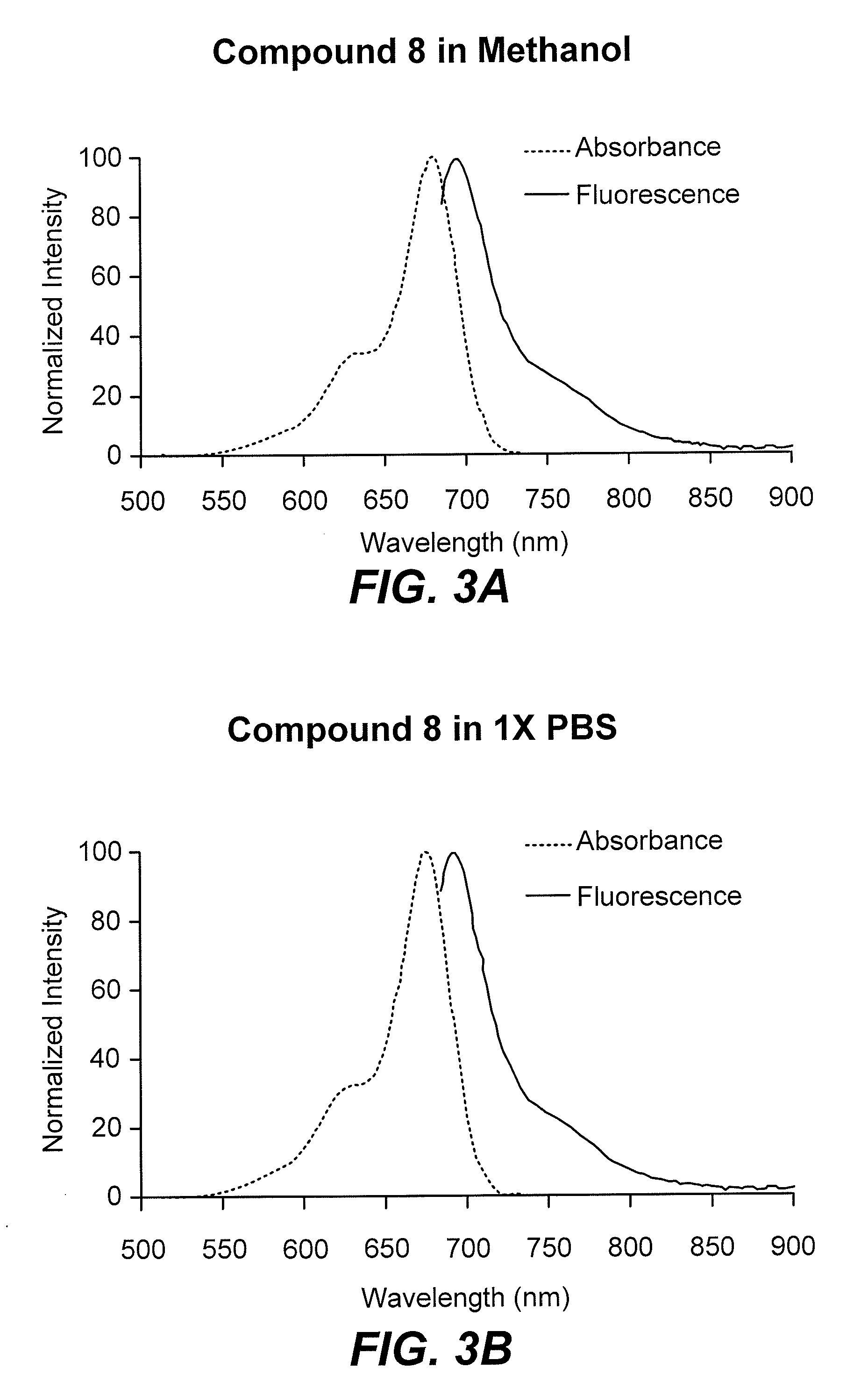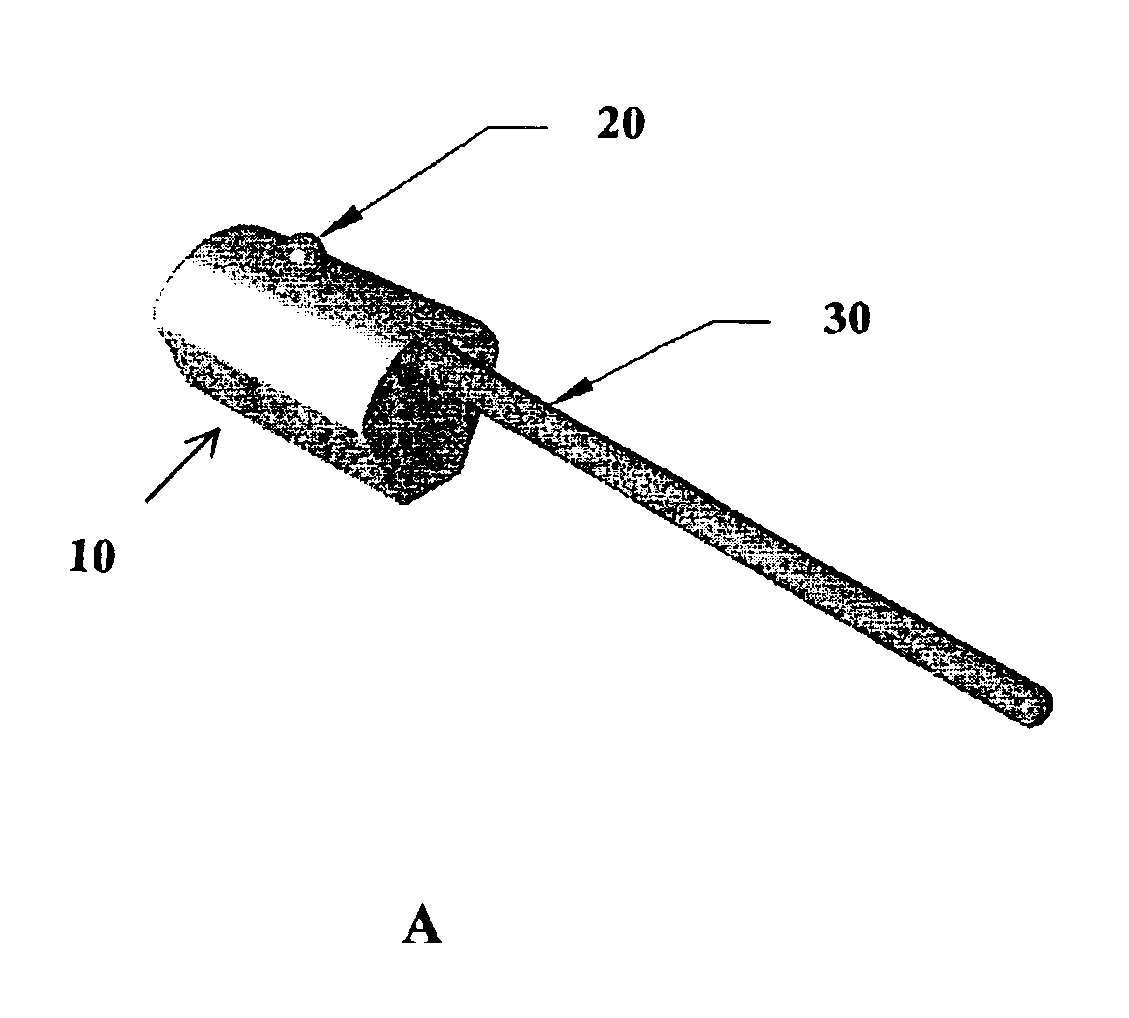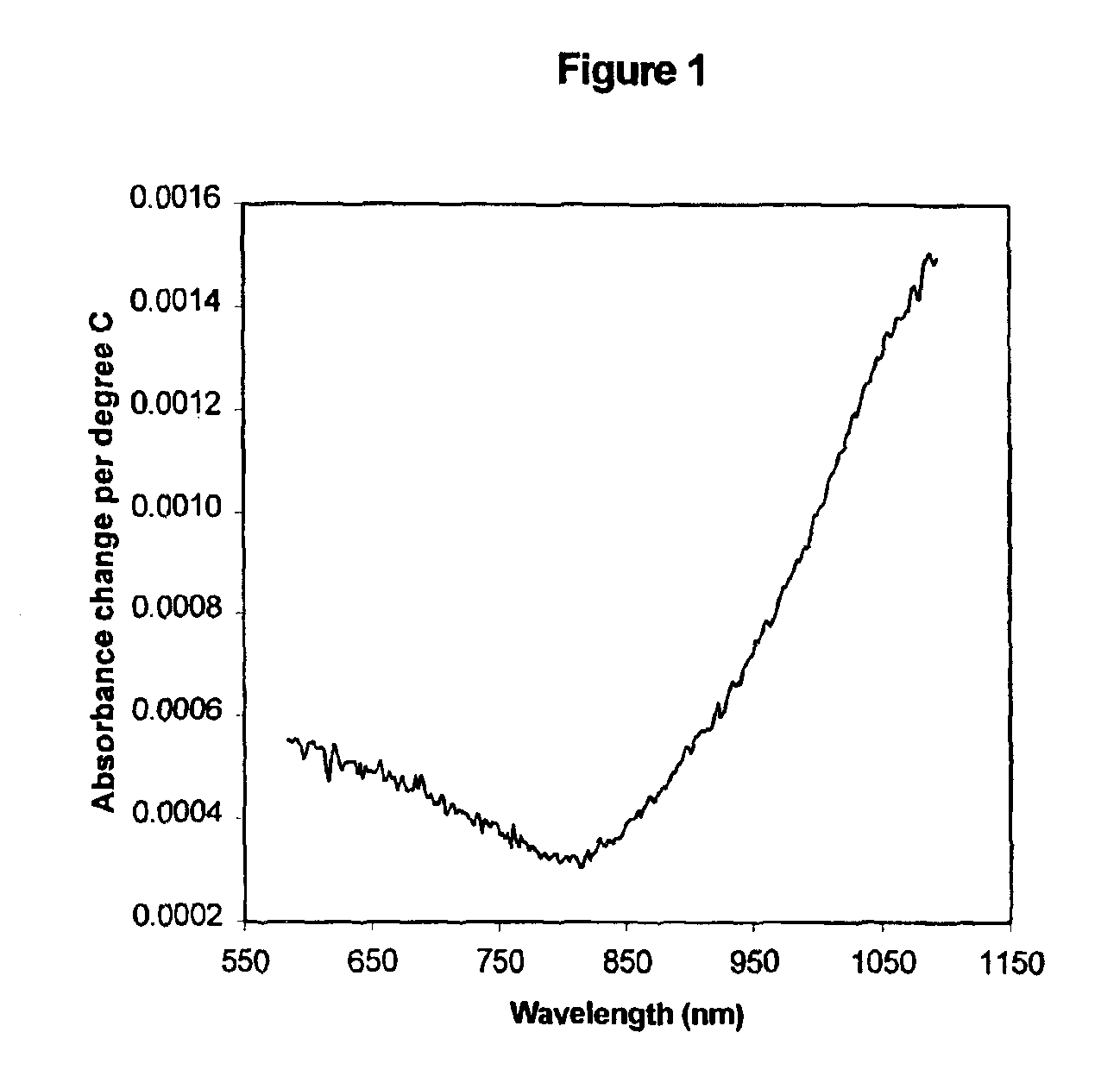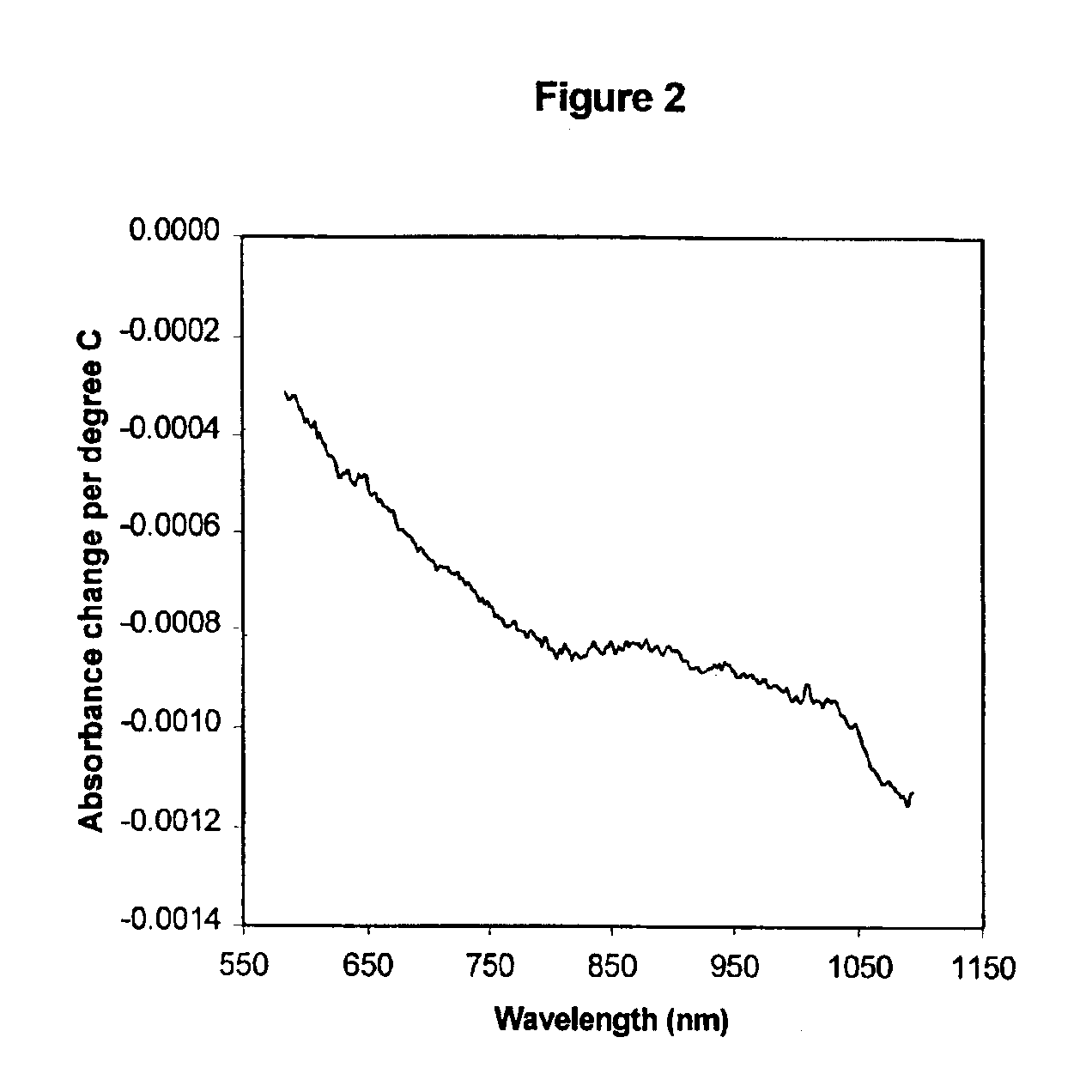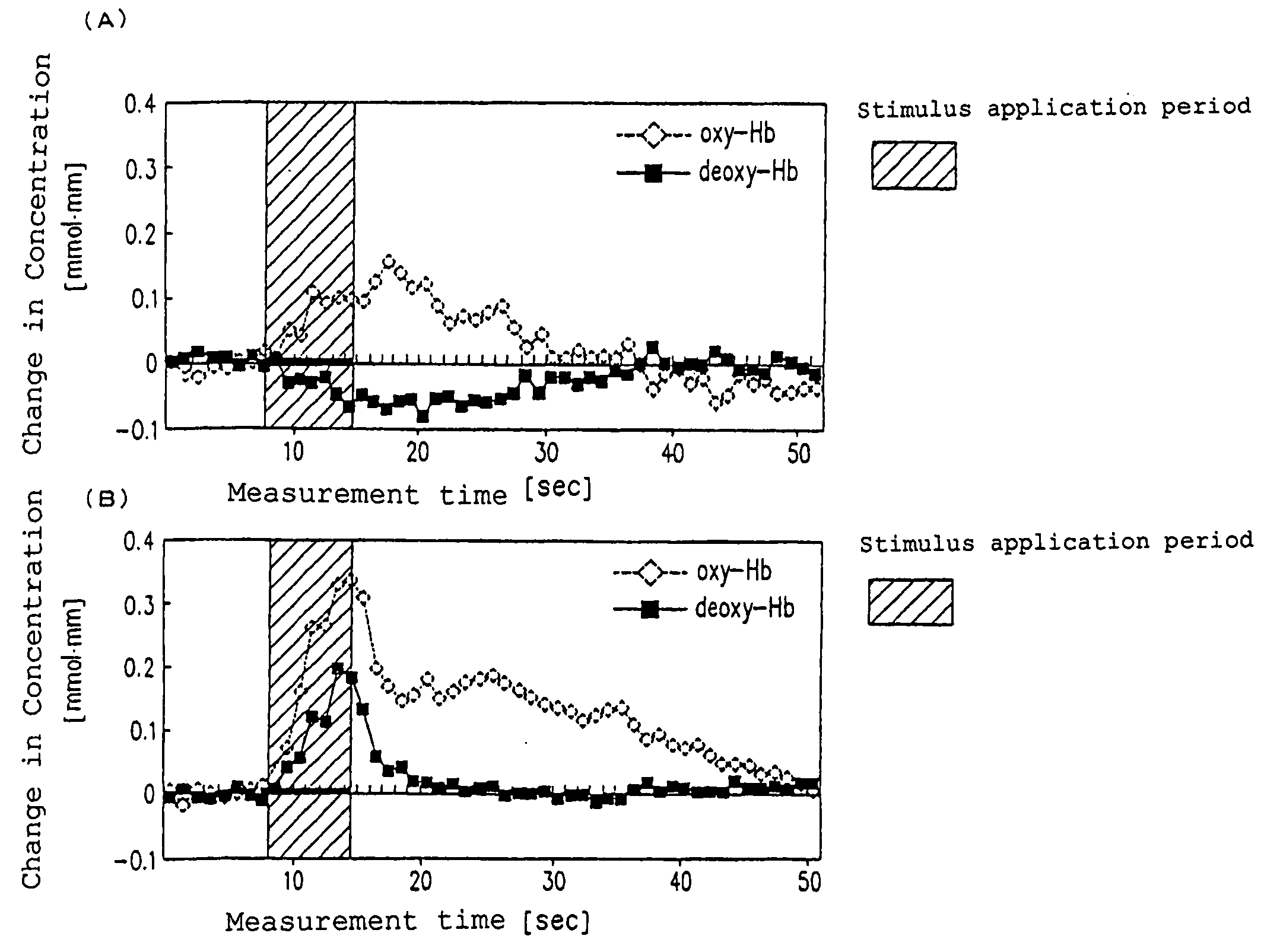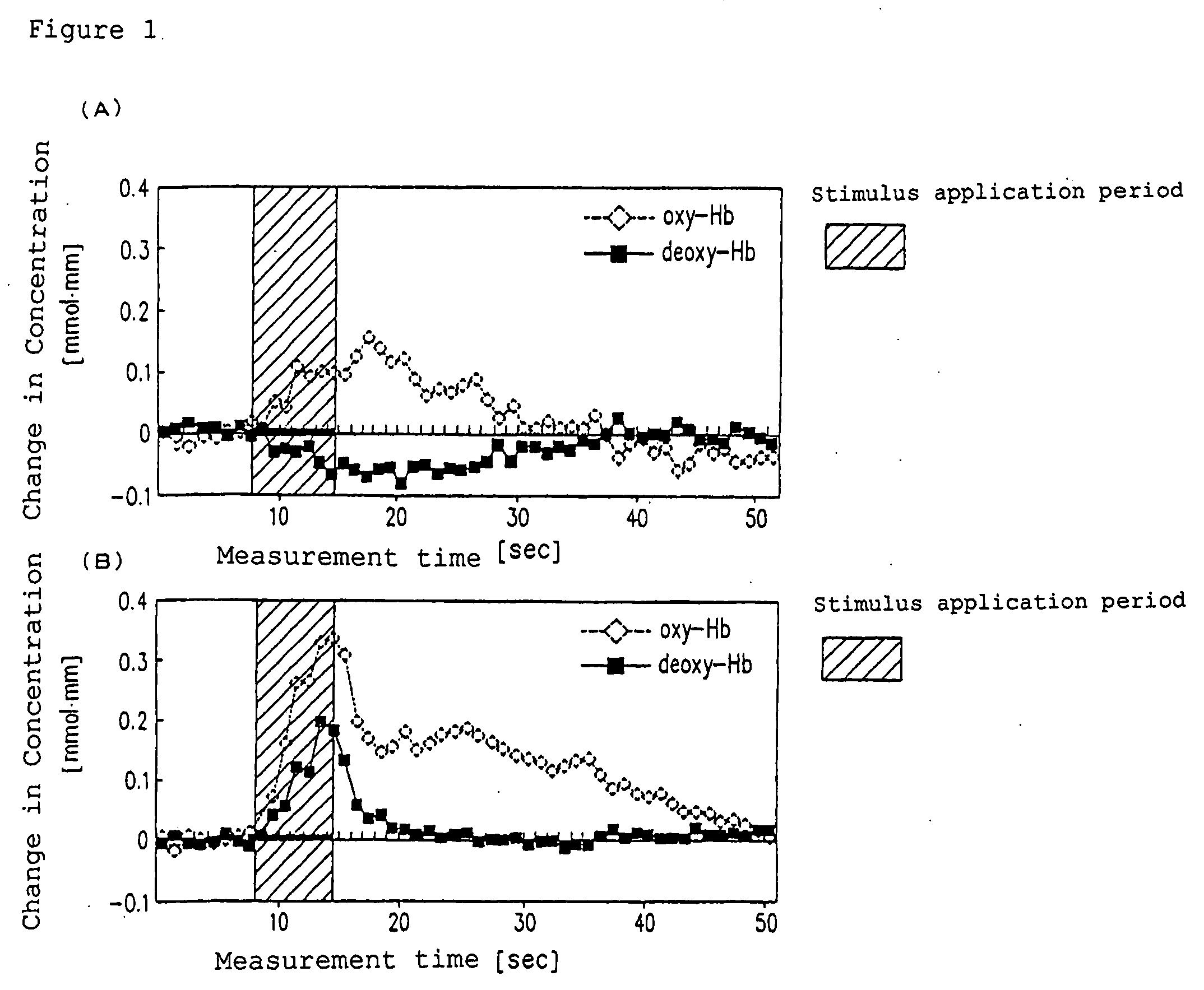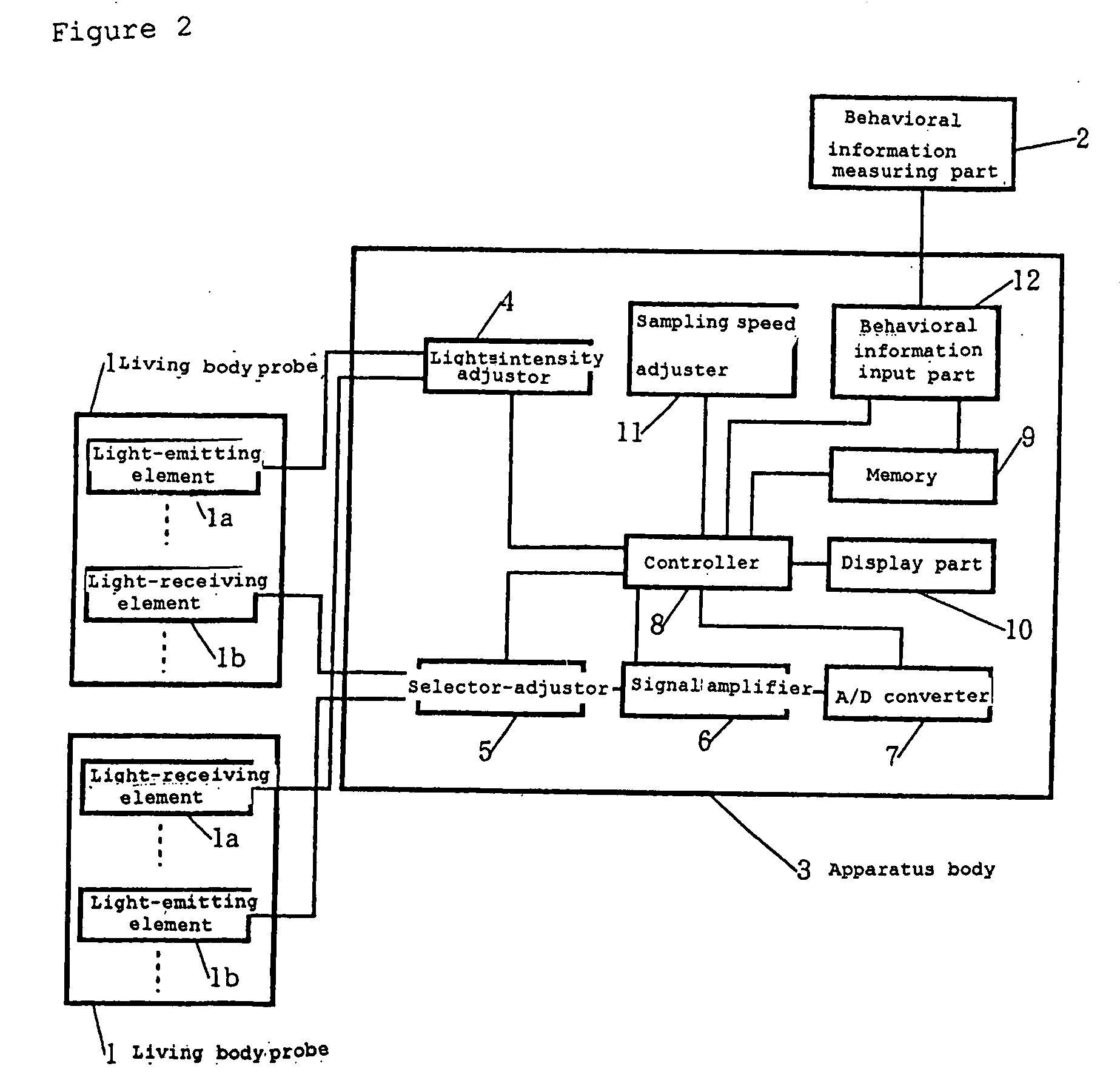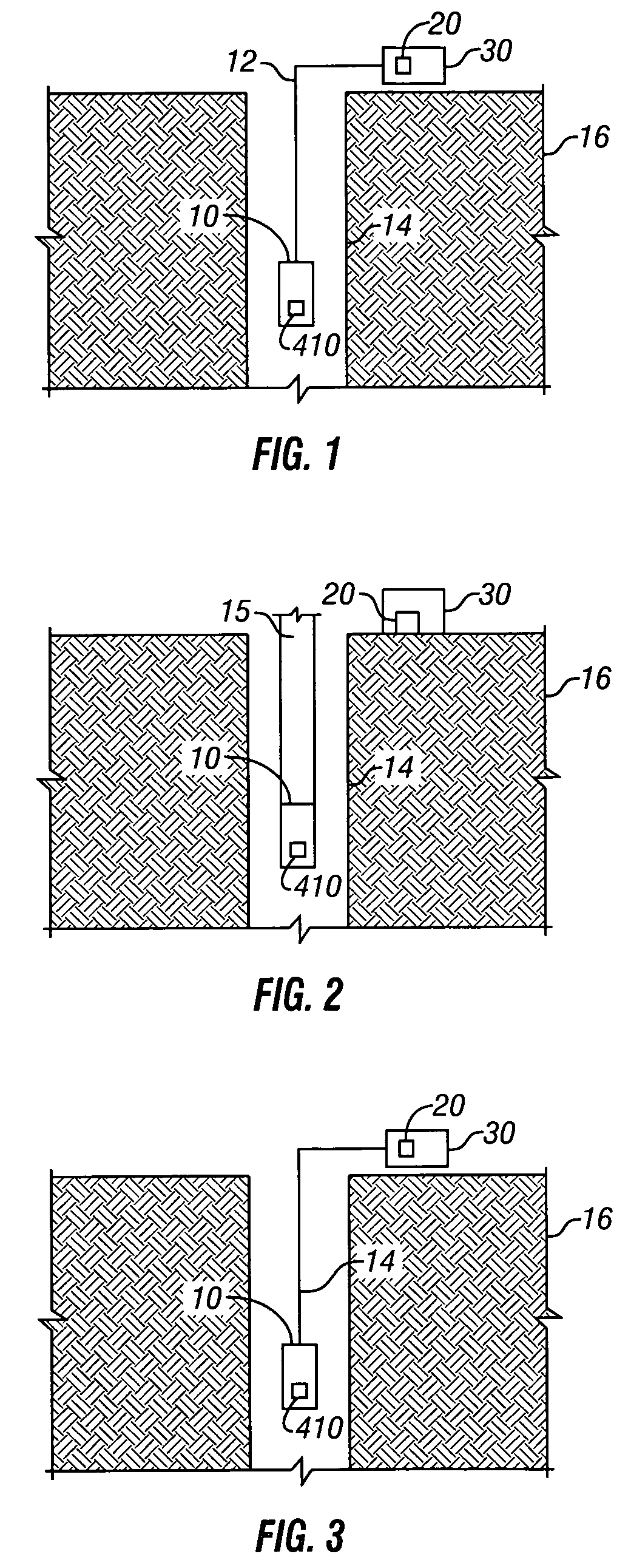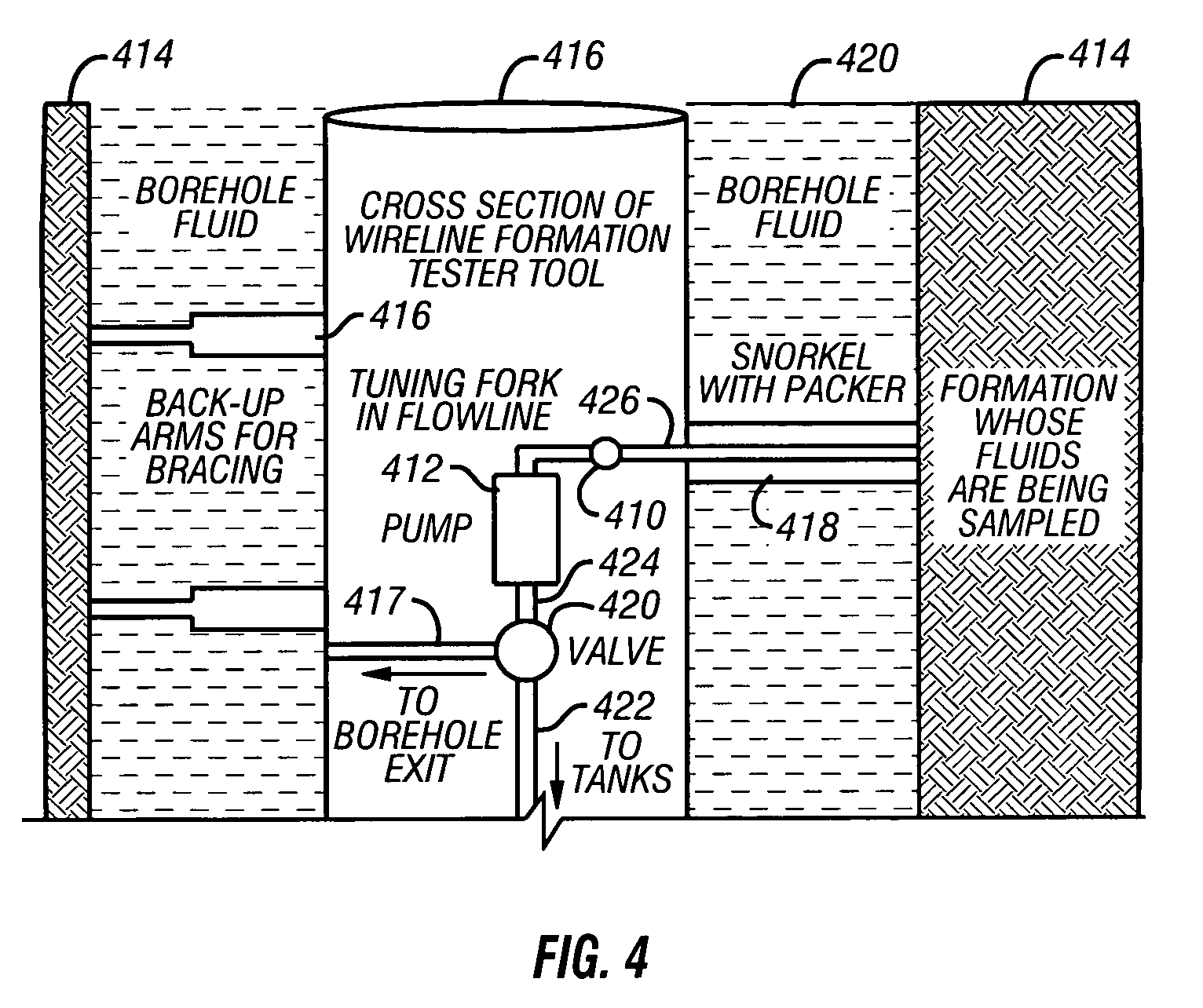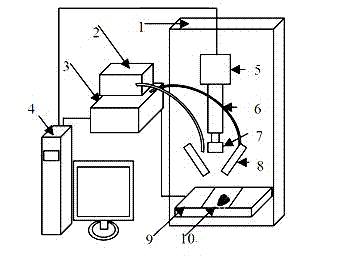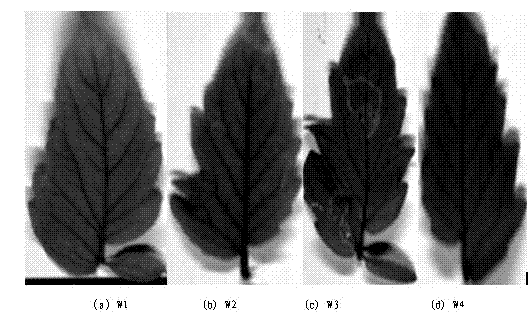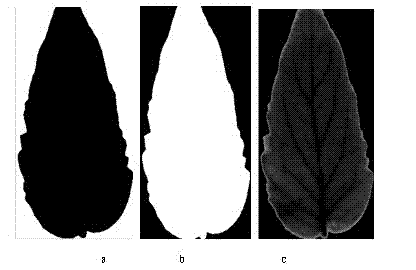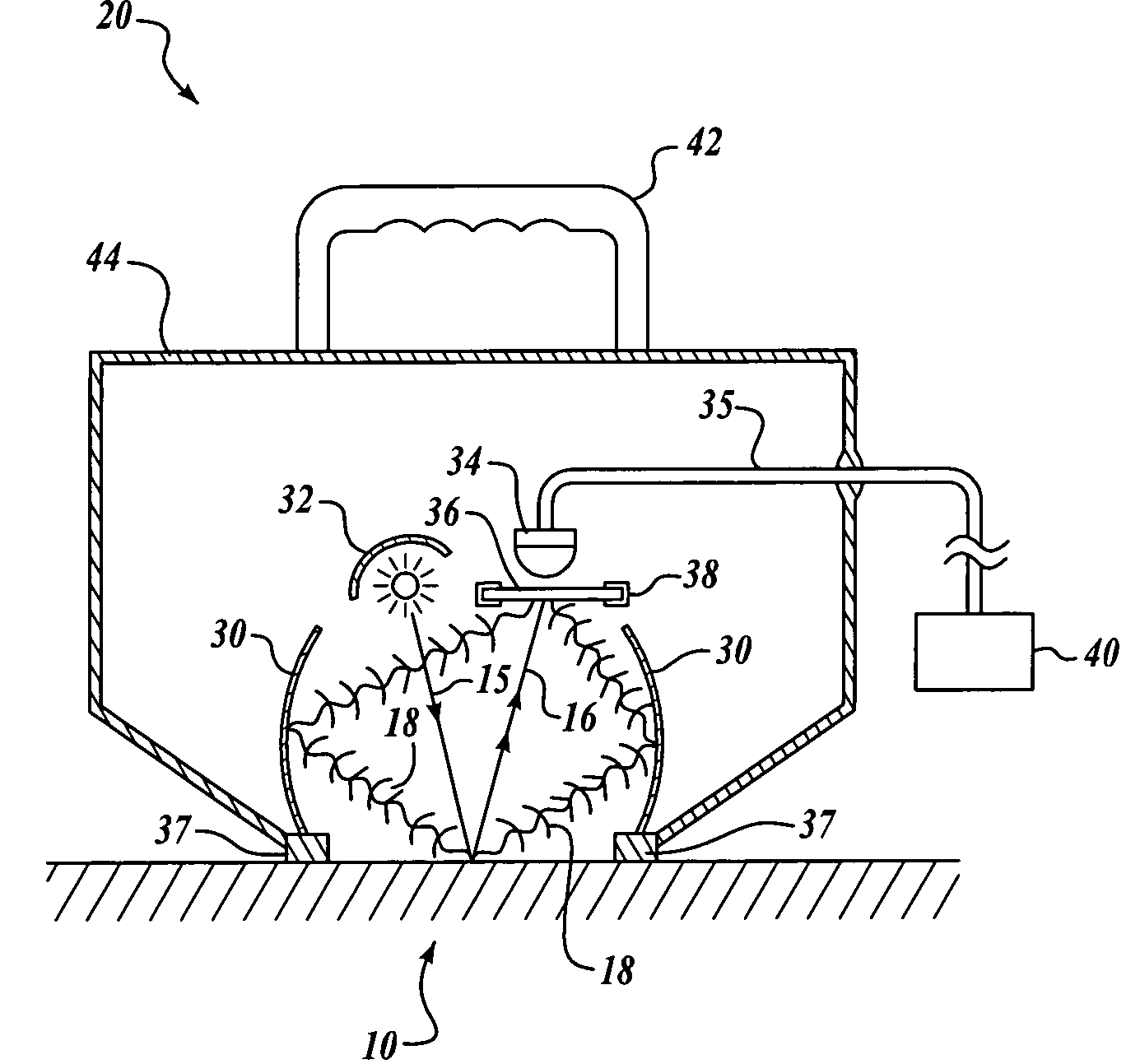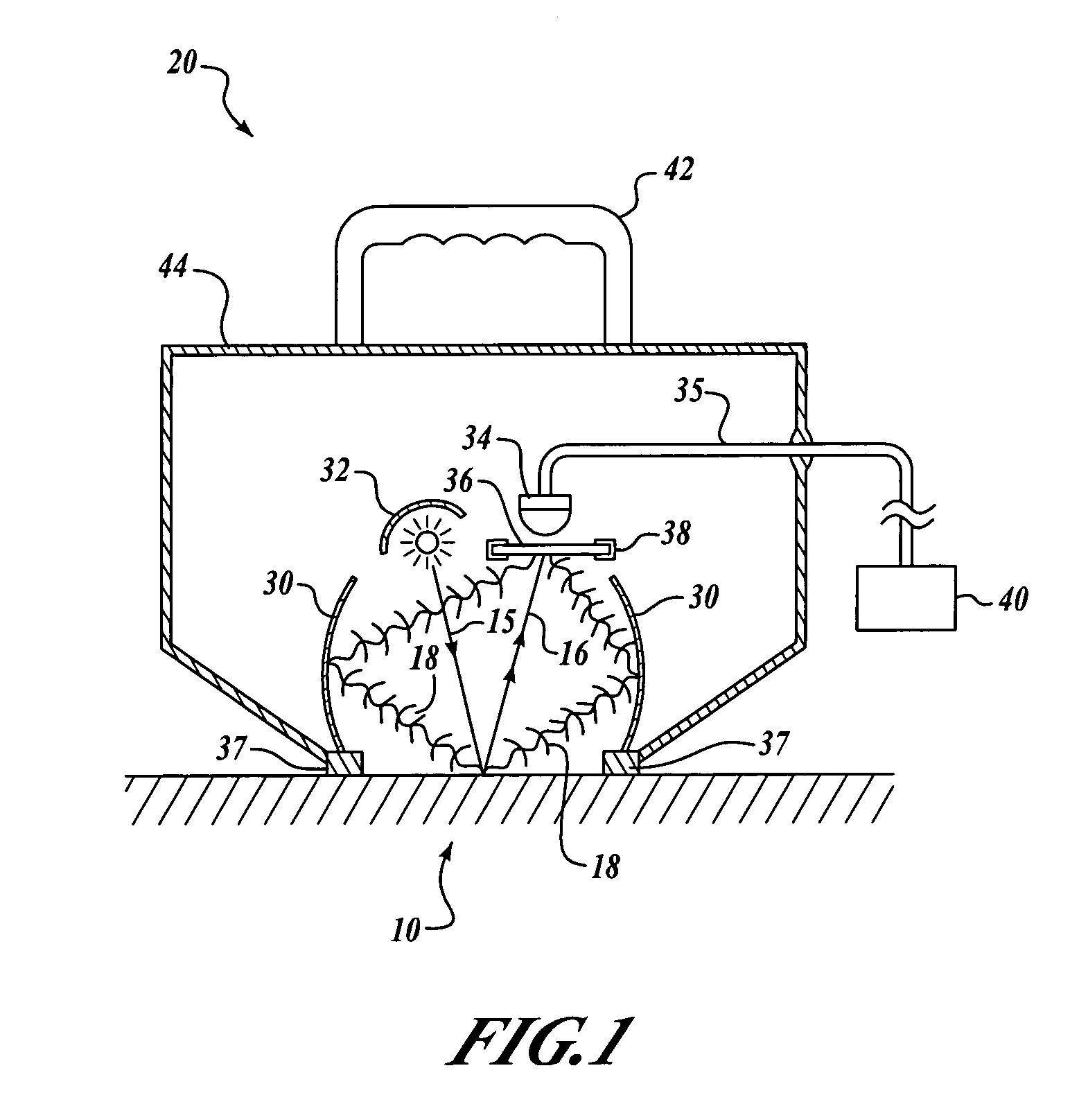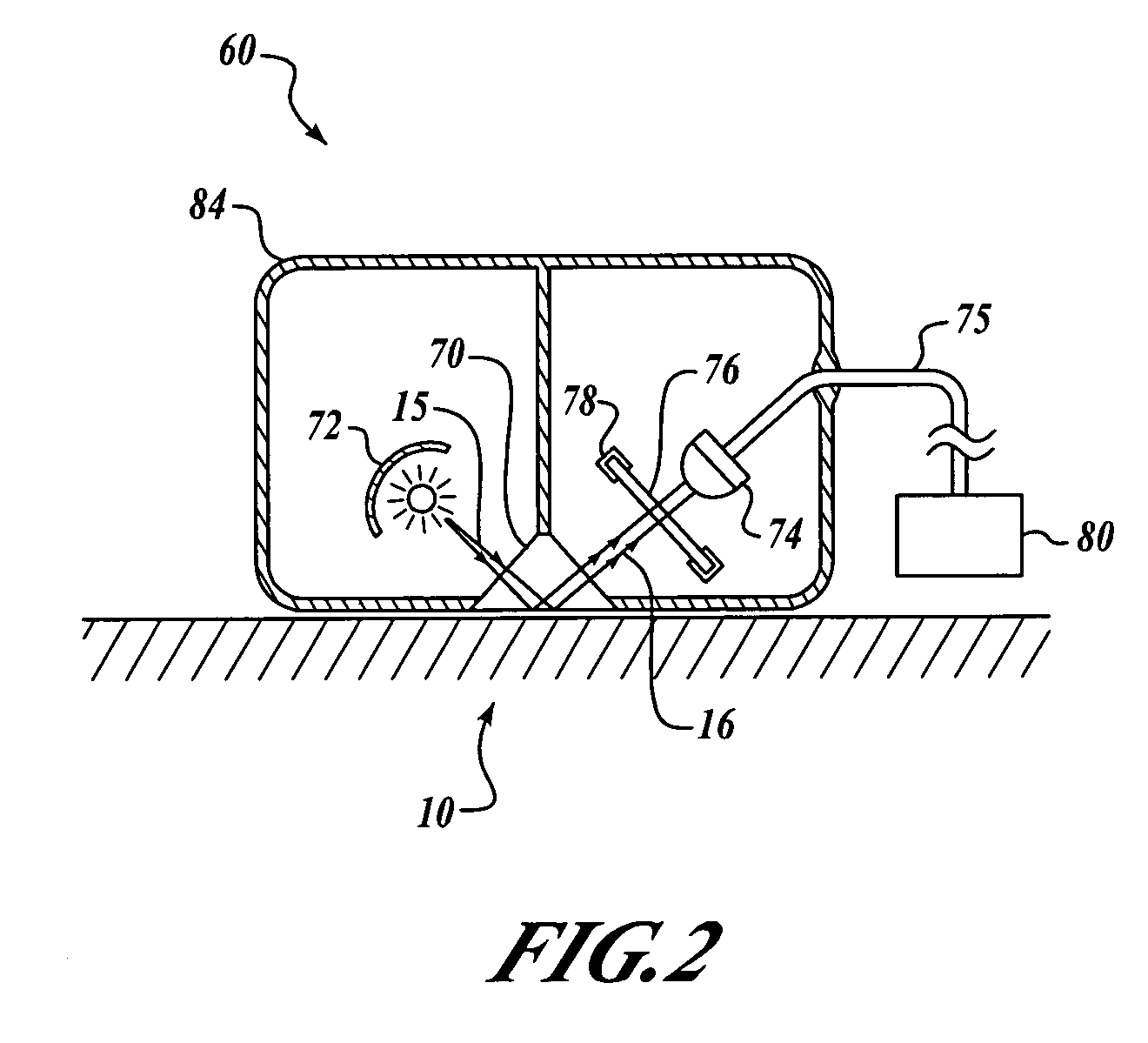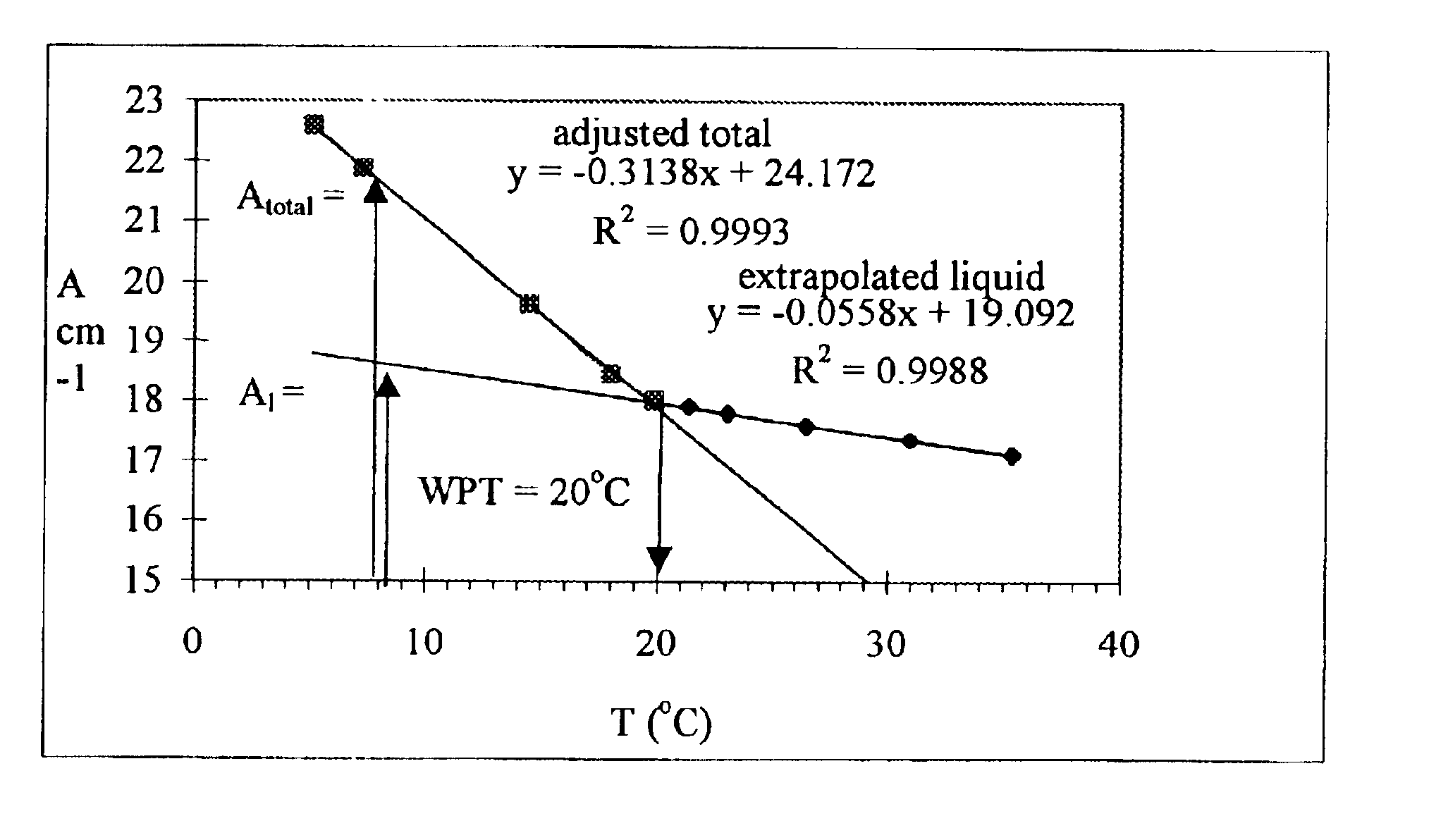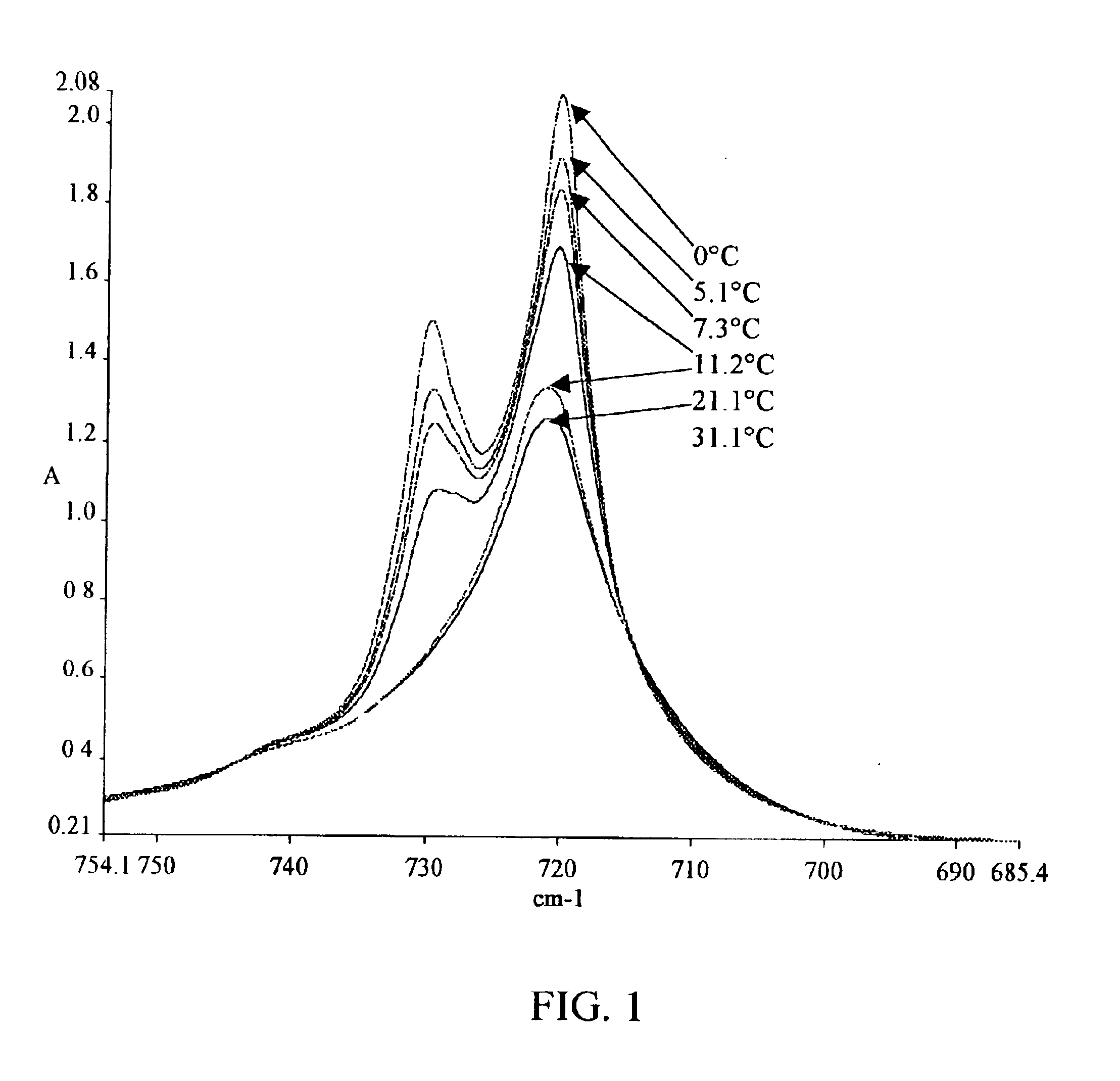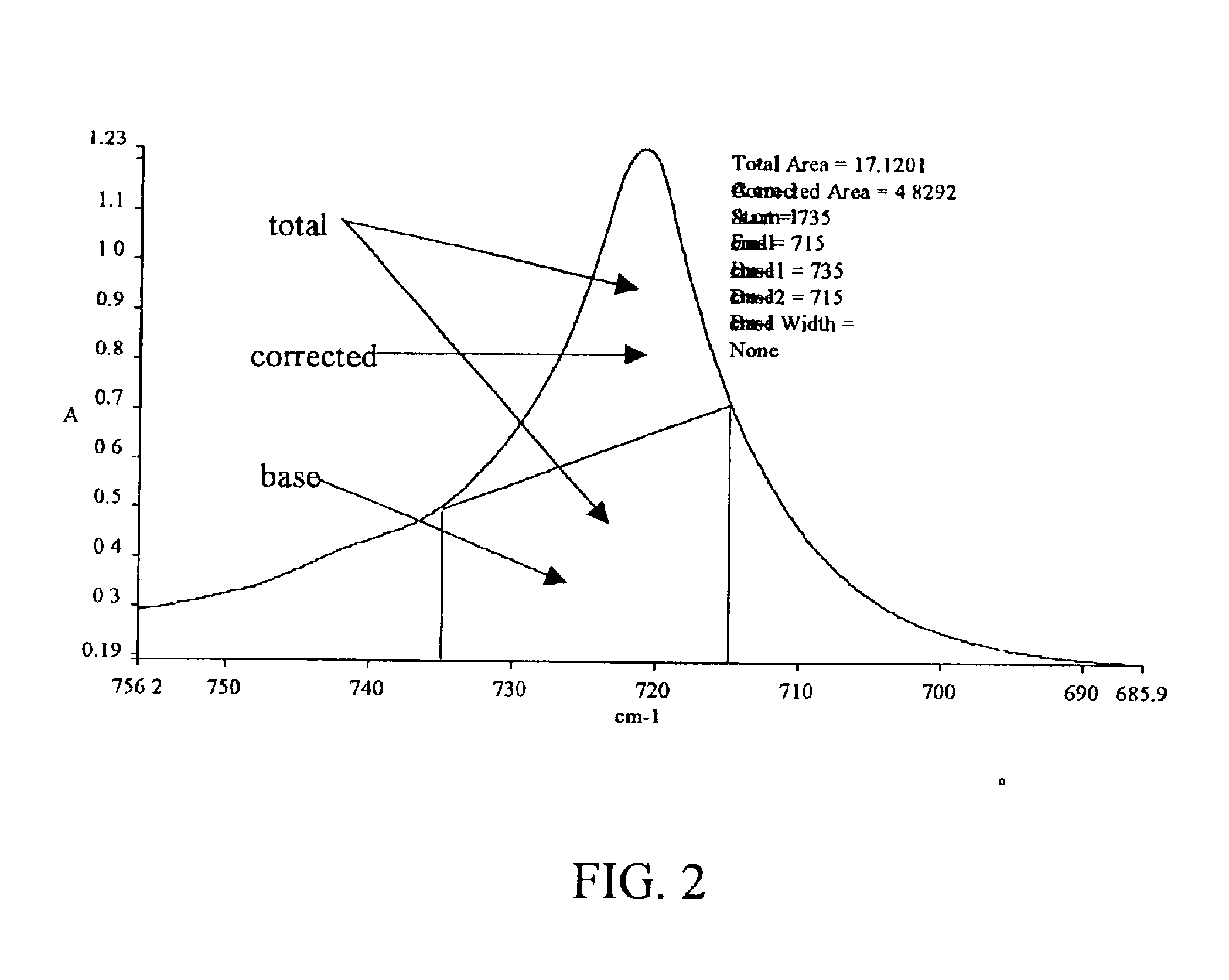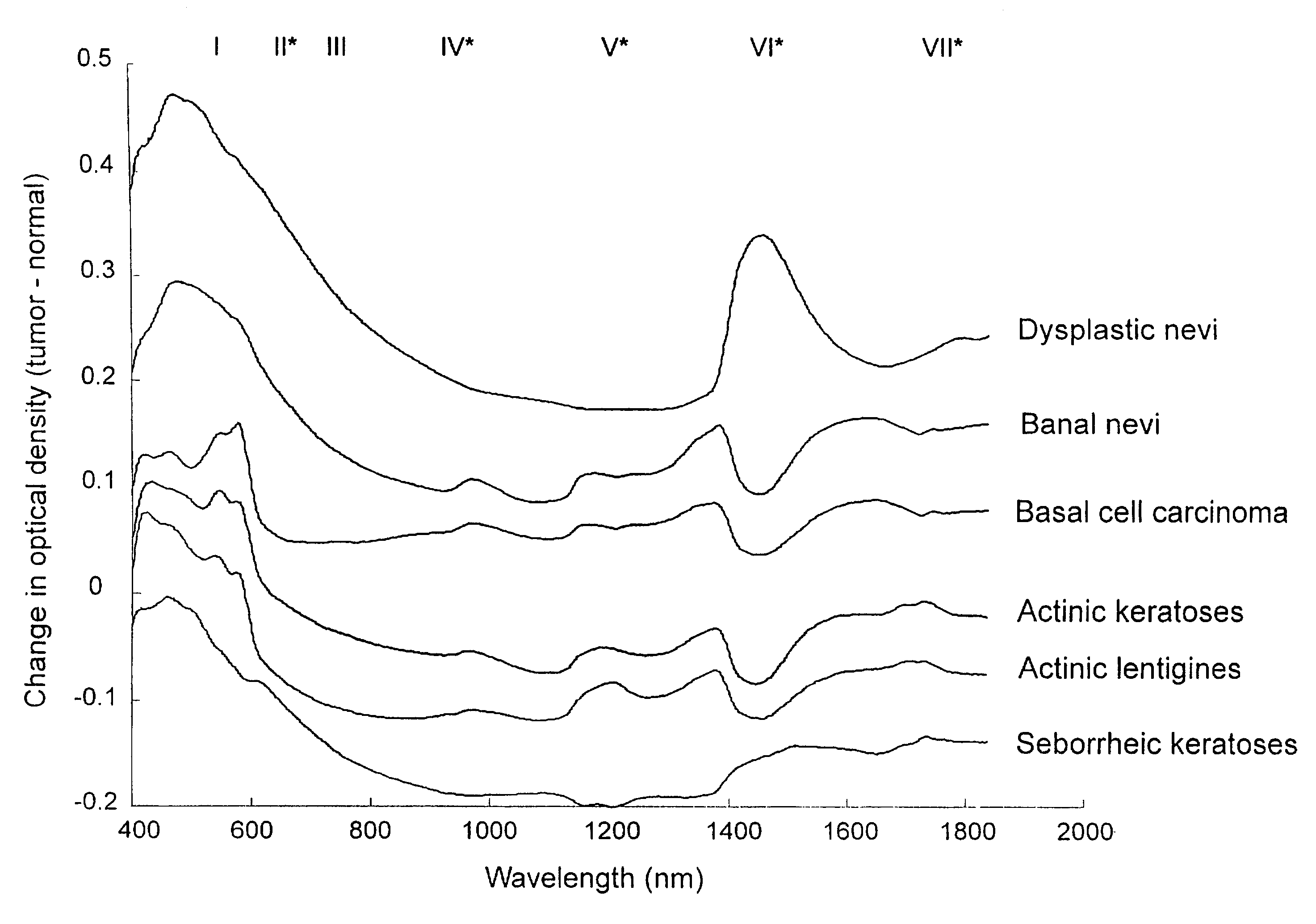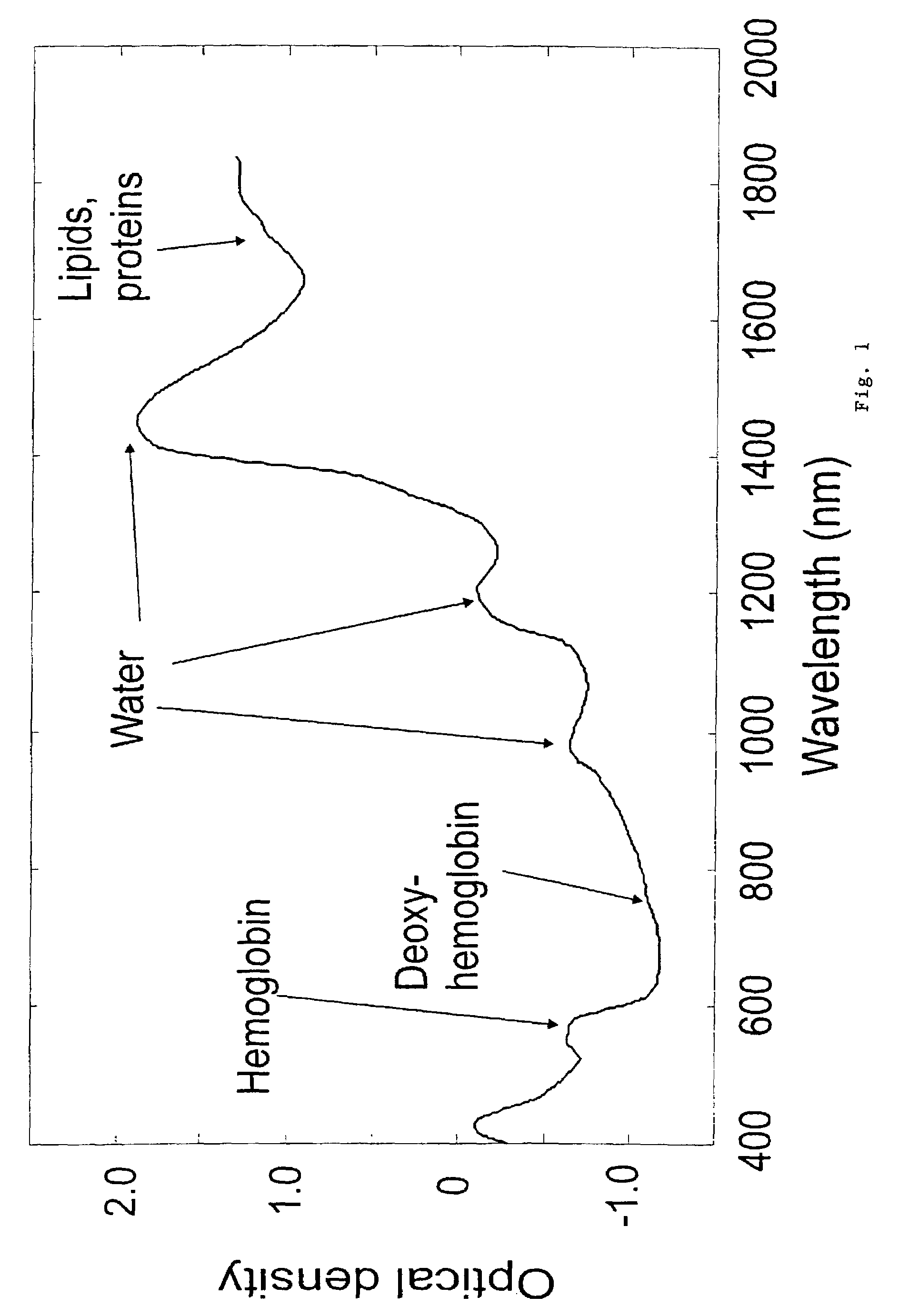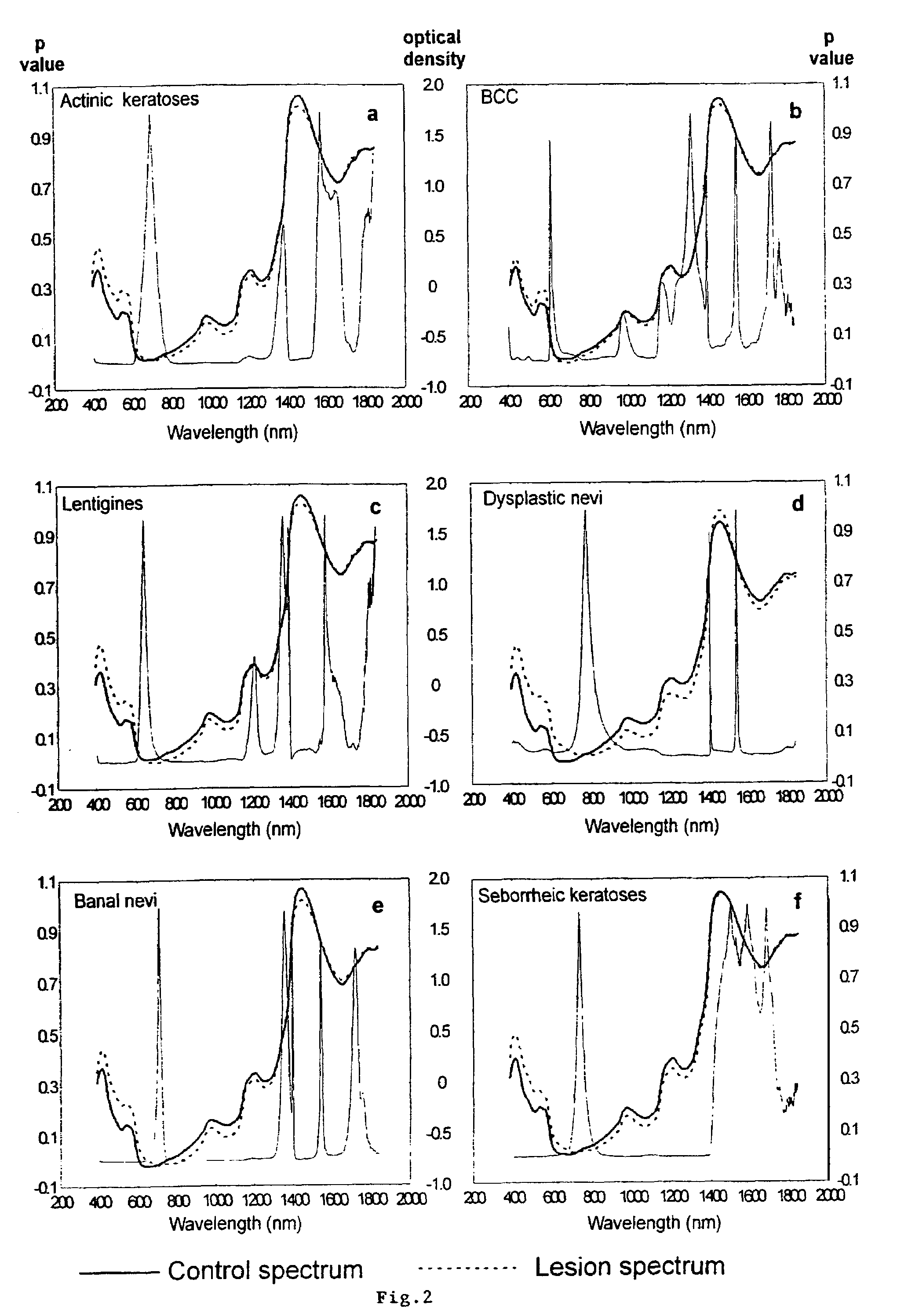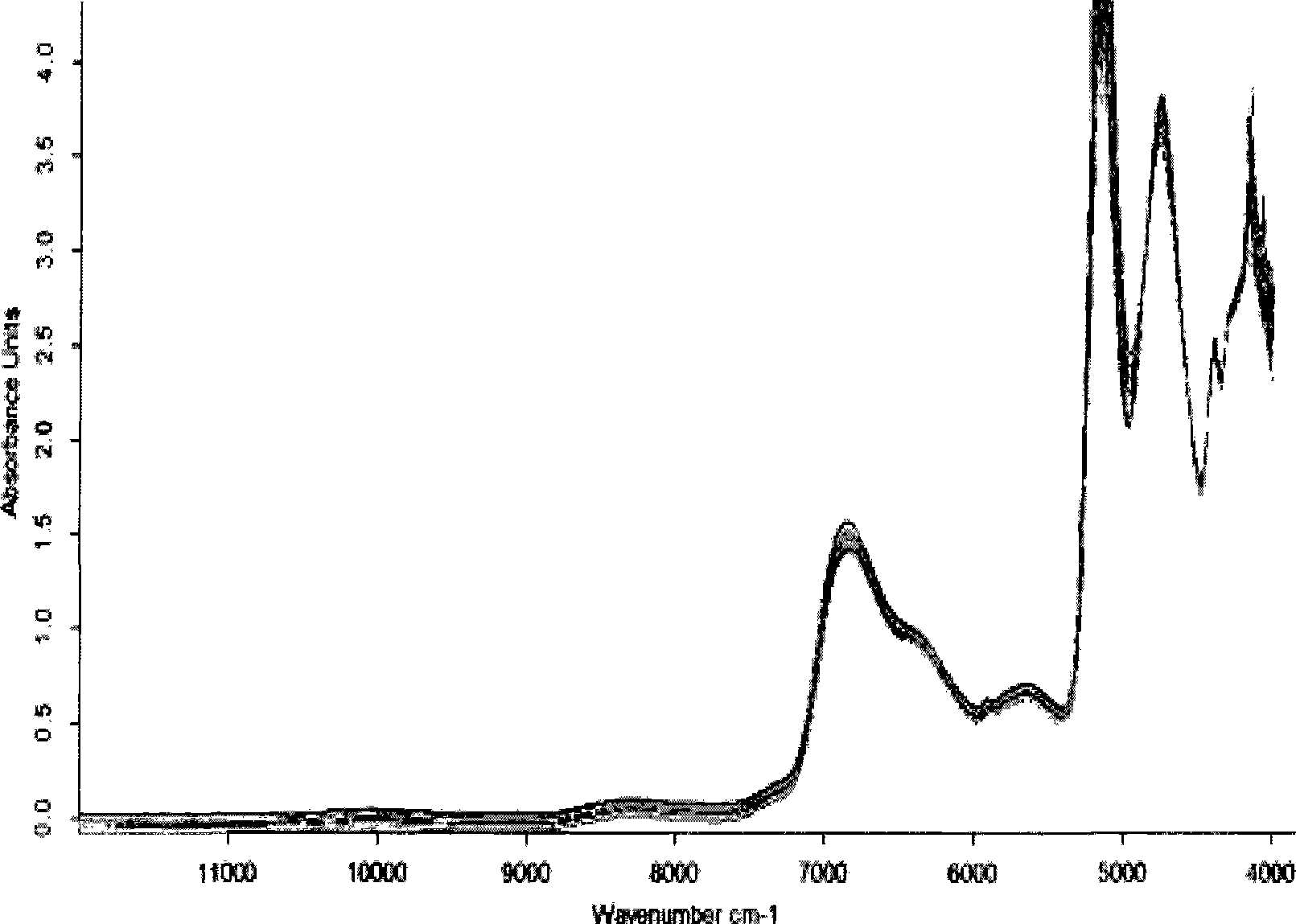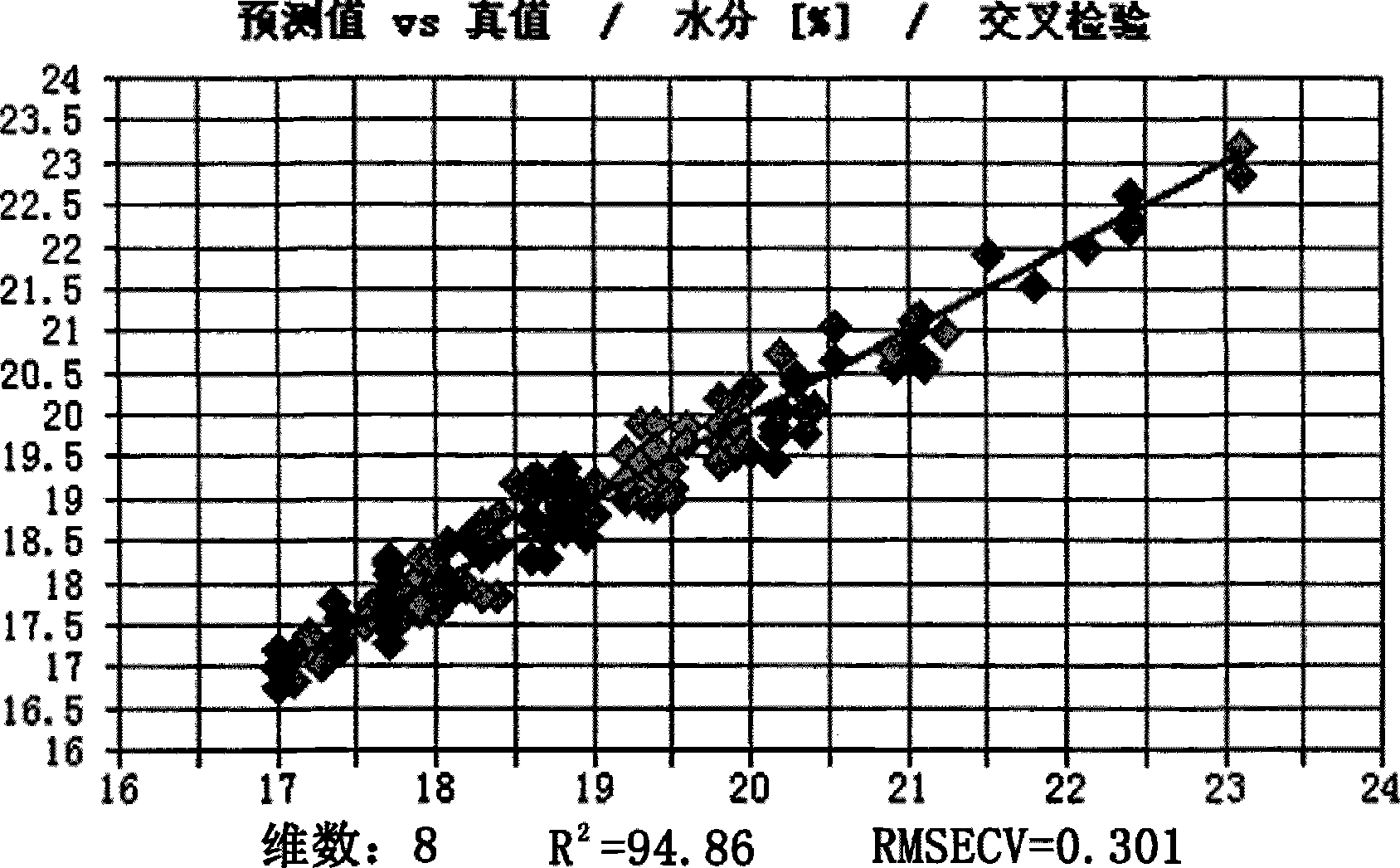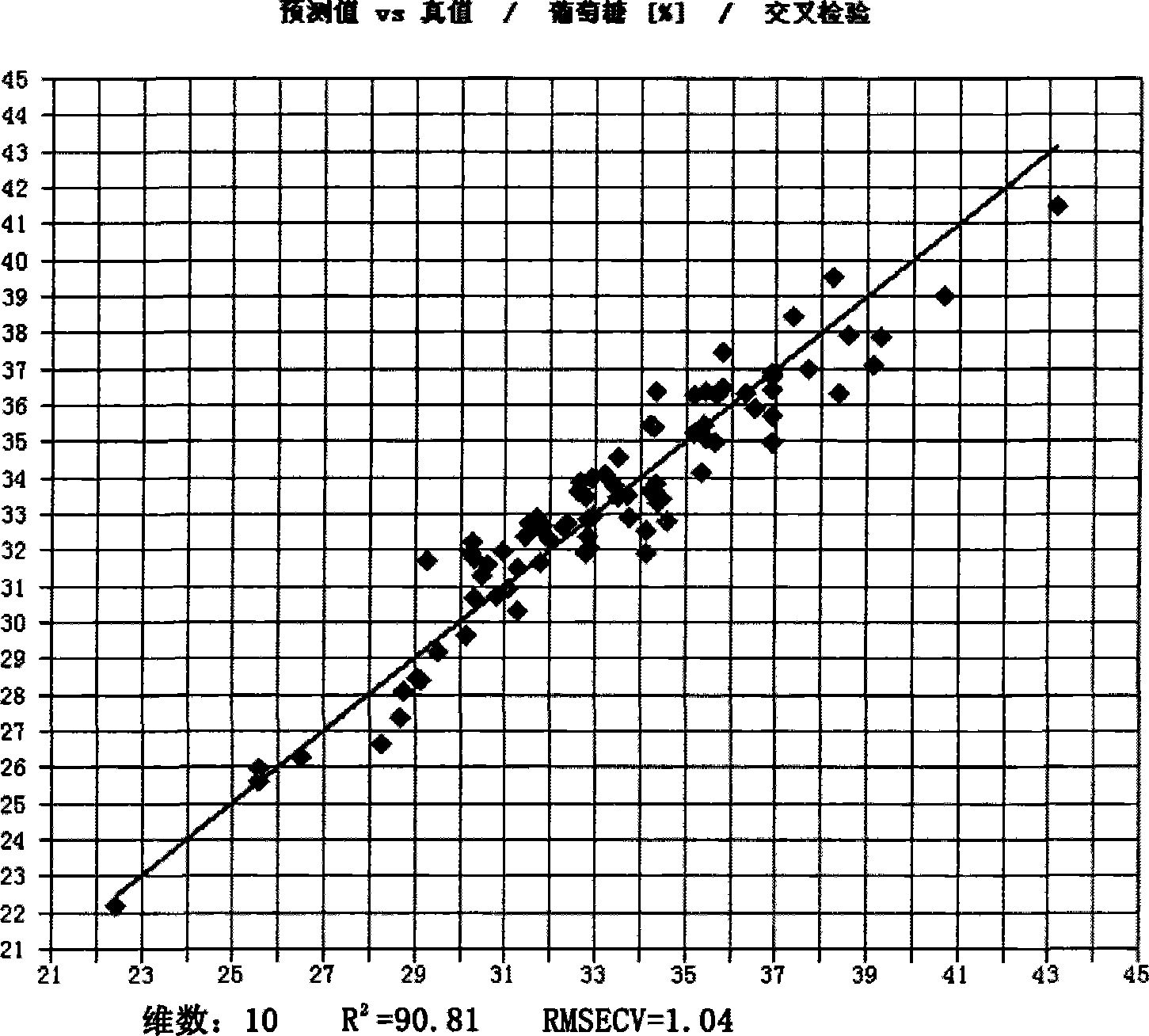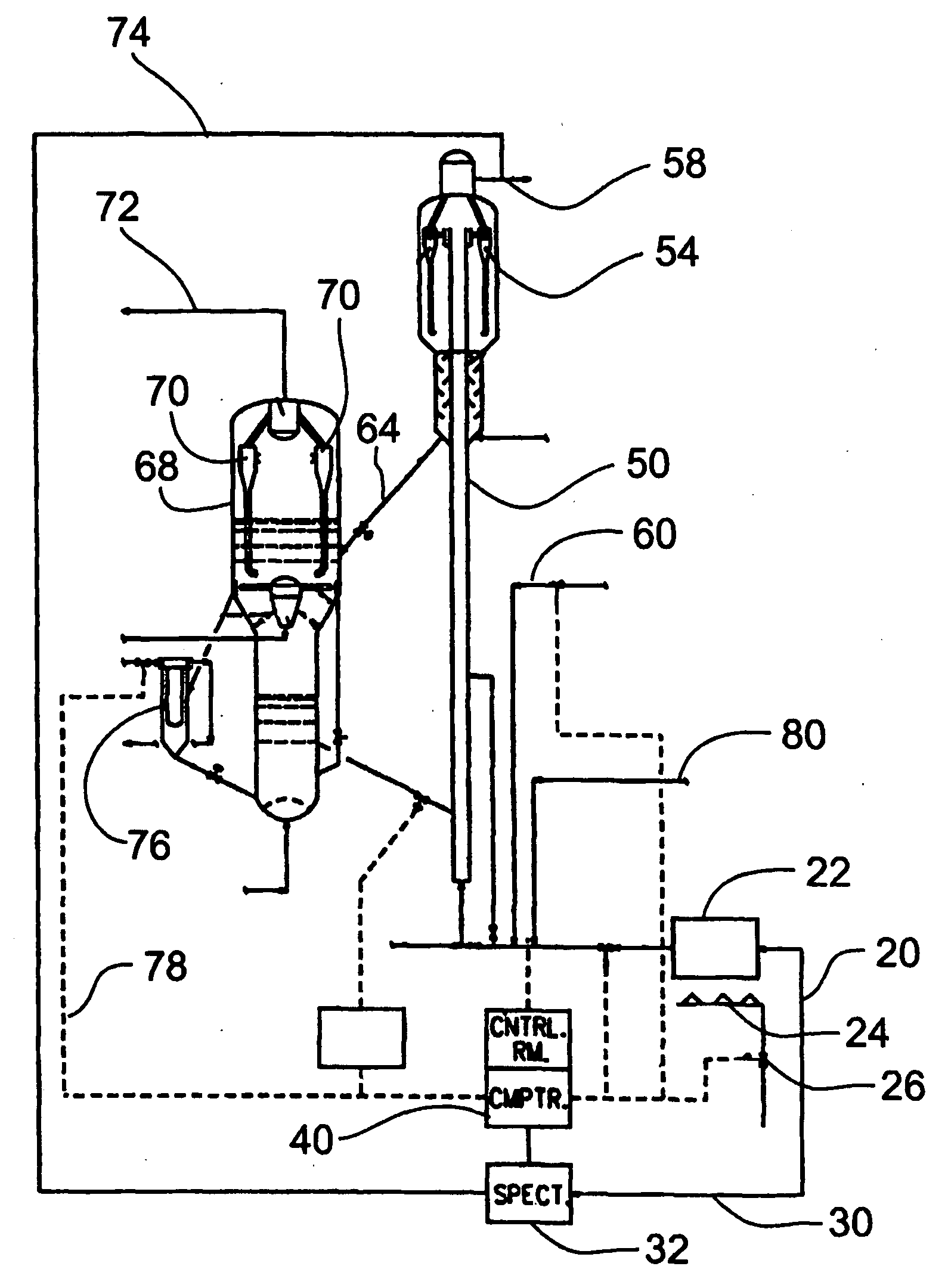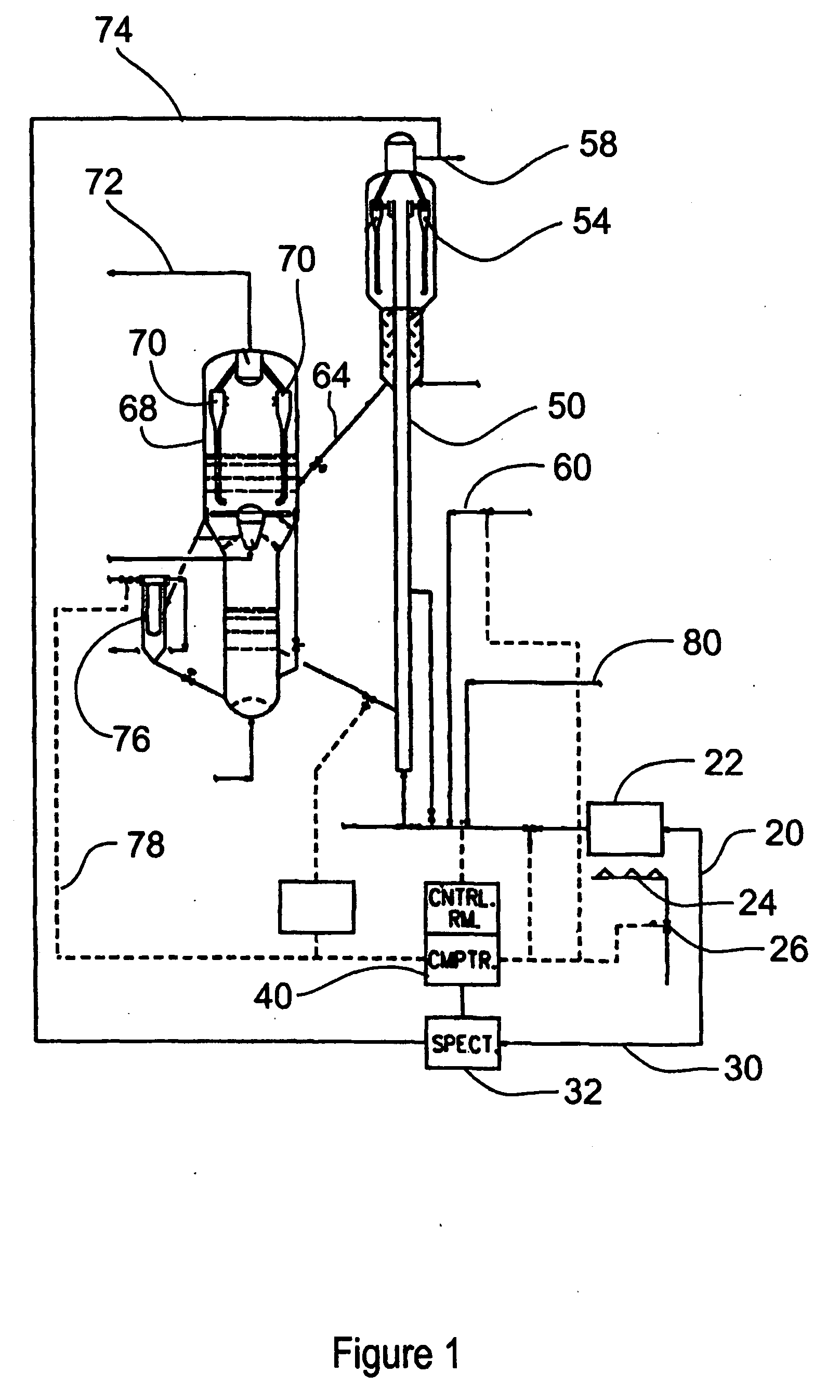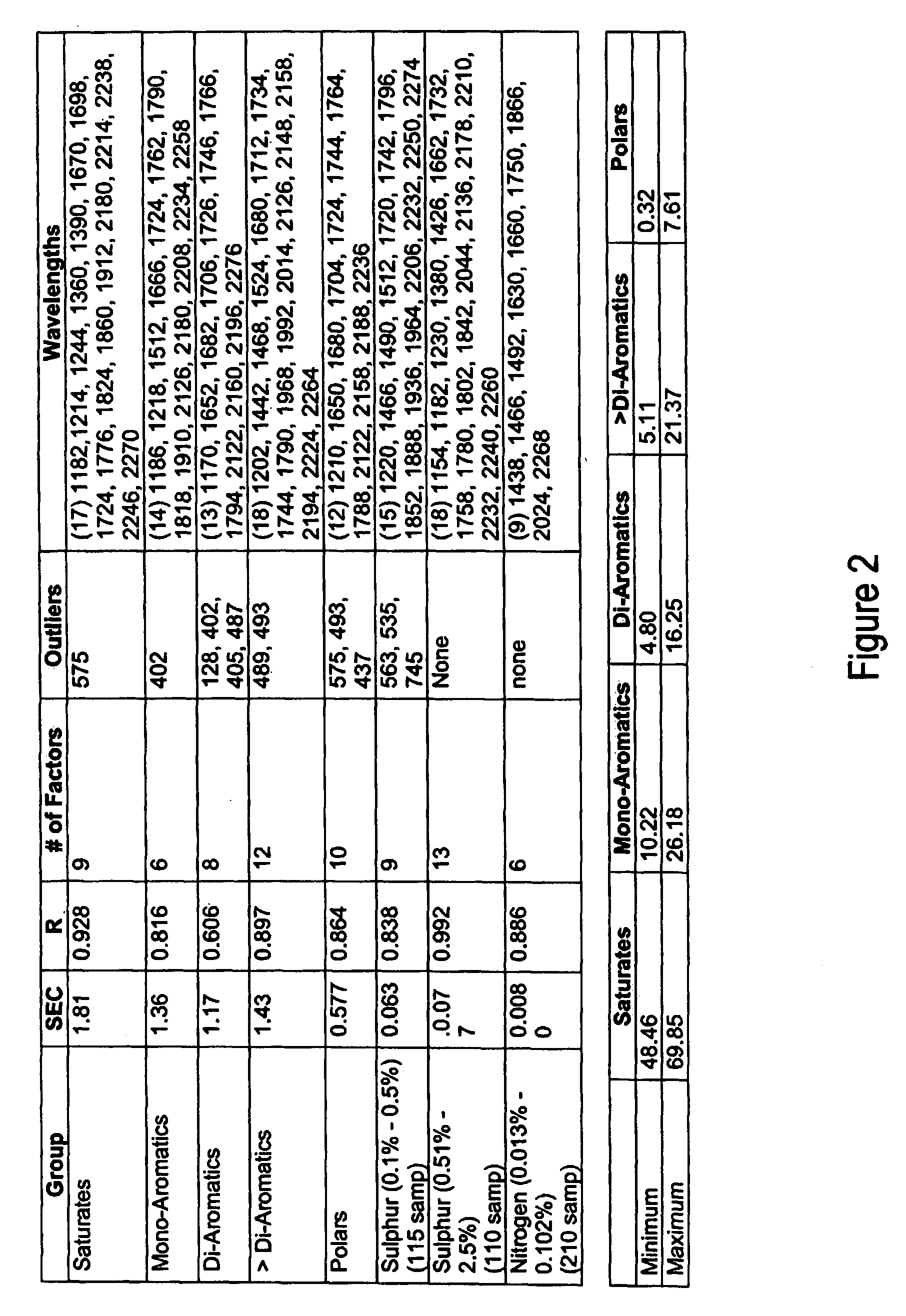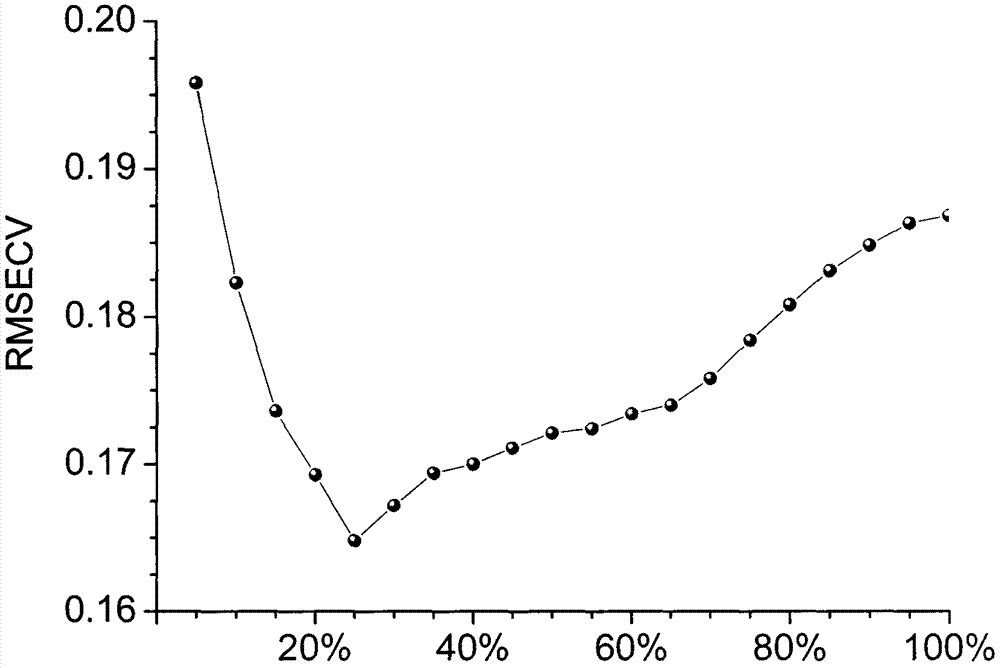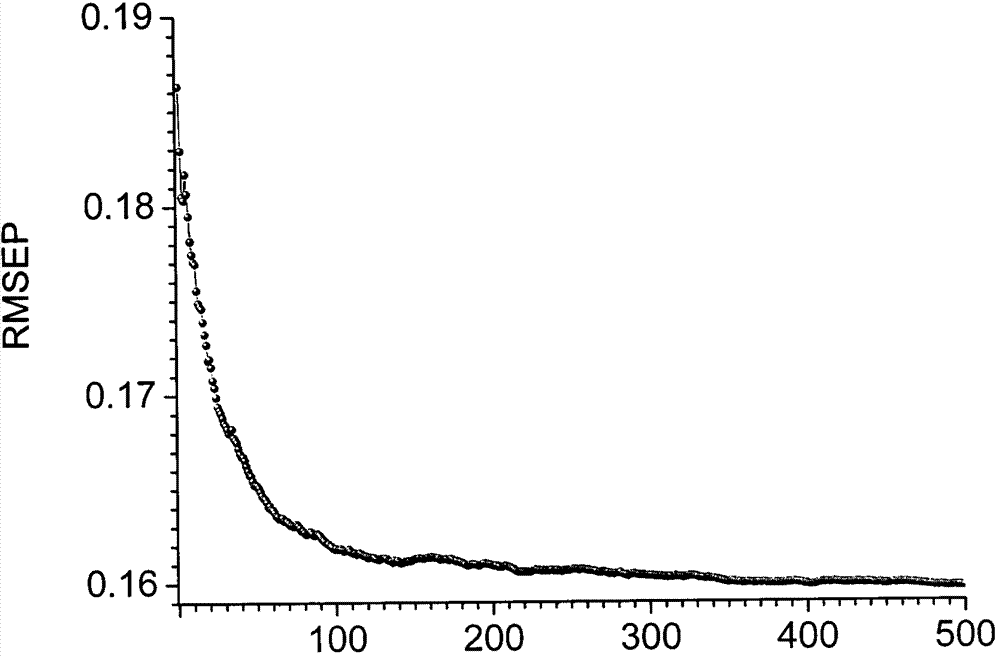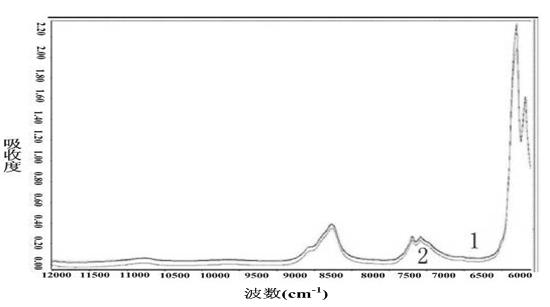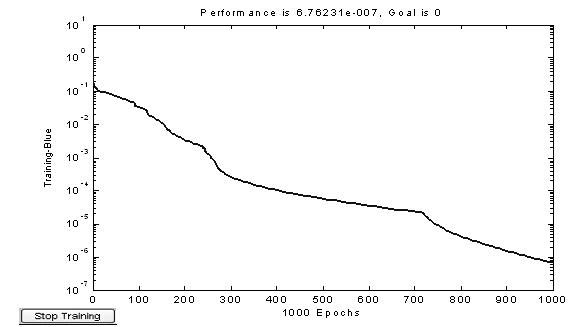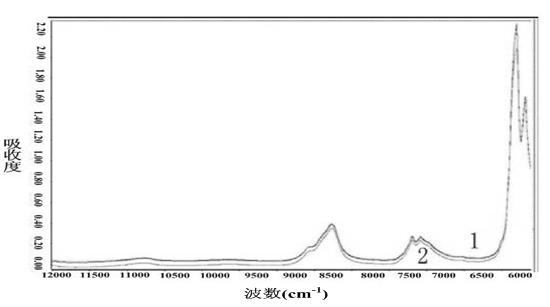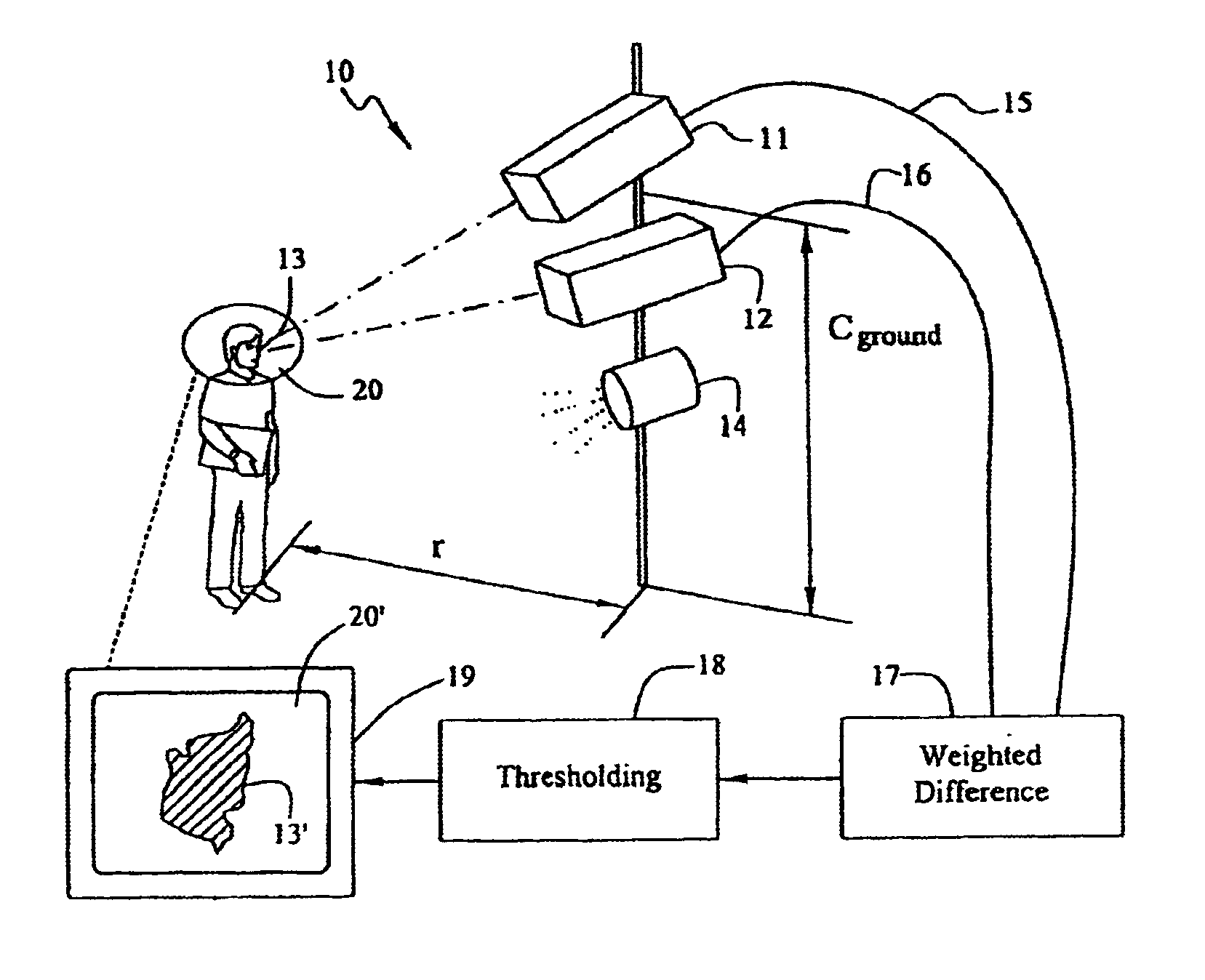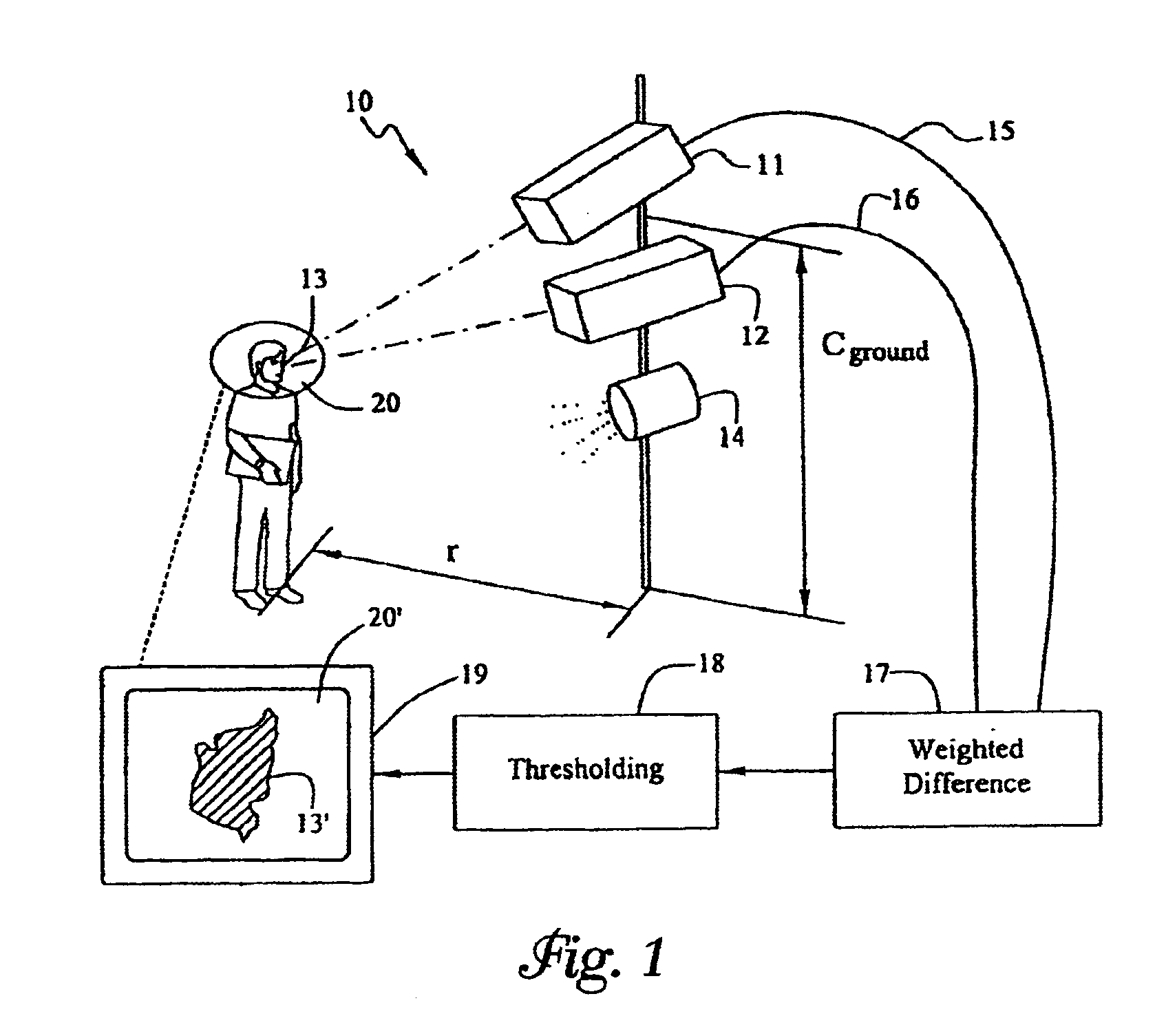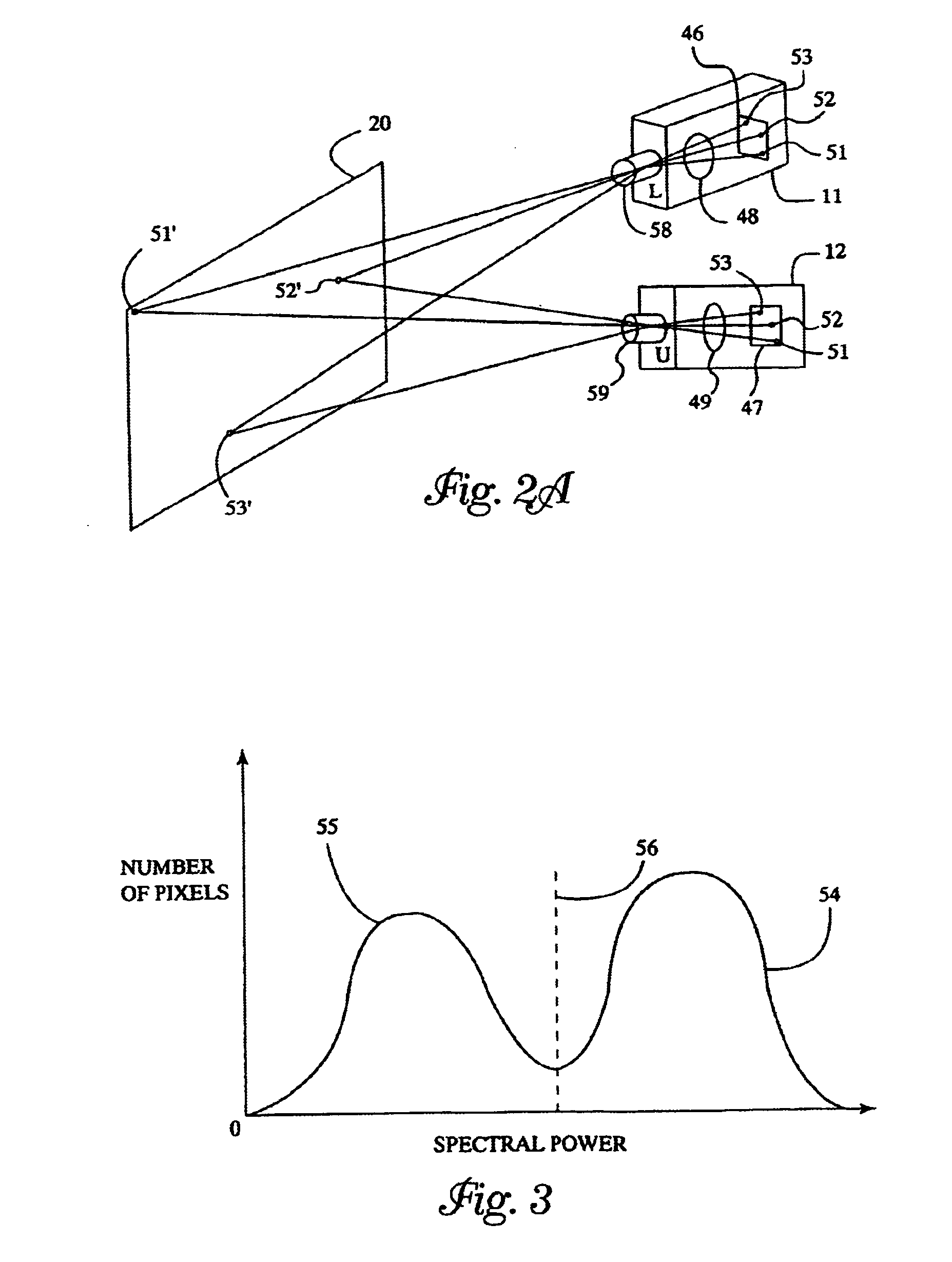Patents
Literature
643 results about "Near-infrared spectroscopy" patented technology
Efficacy Topic
Property
Owner
Technical Advancement
Application Domain
Technology Topic
Technology Field Word
Patent Country/Region
Patent Type
Patent Status
Application Year
Inventor
Near-infrared spectroscopy (NIRS) is a spectroscopic method that uses the near-infrared region of the electromagnetic spectrum (from 780 nm to 2500 nm). Typical applications include medical and physiological diagnostics and research including blood sugar, pulse oximetry, functional neuroimaging, sports medicine, elite sports training, ergonomics, rehabilitation, neonatal research, brain computer interface, urology (bladder contraction), and neurology (neurovascular coupling). There are also applications in other areas as well such as pharmaceutical, food and agrochemical quality control, atmospheric chemistry, combustion research and astronomy.
Near infrared spectroscopy device with reusable portion
InactiveUS7706853B2Small sizeFirmly attachedMaterial analysis by optical meansDiagnostic recording/measuringSurgical operationHigh energy
A NIRS sensor device for brain monitoring is small in size, provides reliable attachment to a patient, blocks ambient light, is easy to use, is hygienic, and supports data integration with surgical and monitoring systems. The sensor device is coupled to a remote near infrared light source via a hybrid cable. Since the light source is remotely located, a source adapted for providing high energy, short pulses can easily be used so that there is less chance of interference by superficial non-brain tissues and less interference from ambient light. In addition, the remote location avoids changes in output of local light sources experienced in the prior art during hypothermia procedures (e.g., bandwidth shifts in LEDs as a result of lowered temperature). The higher energy may be achieved by the use of laser diodes as opposed to locally-mounted LEDs typically used in the prior art. The sensor device is a two-piece design comprising a reusable portion containing the photodetector(s) and a disposable portion that receives the light from the reusable portion and bends it to direct the light into the brain.
Owner:TERUMO CARDIOVASCULAR SYST CORP
Compact apparatus for noninvasive measurement of glucose through near-infrared spectroscopy
ActiveUS20050010090A1Diagnostics using spectroscopyScattering properties measurementsPhysiologyD-Glucose
The invention involves the monitoring of a biological parameter through a compact analyzer. The preferred apparatus is a spectrometer based system that is attached continuously or semi-continuously to a human subject and collects spectral measurements that are used to determine a biological parameter in the sampled tissue. The preferred target analyze is glucose. The preferred analyzer is a near-IR based glucose analyzer for determining the glucose concentration in the body.
Owner:GLT ACQUISITION
Multi-Wavelength Spatial Domain Near Infrared Oximeter to Detect Cerebral Hypoxia-Ischemia
InactiveUS20080139908A1Material analysis by optical meansDiagnostic recording/measuringTissue oxygenationMulti wavelength
Methods and apparatus for measuring cerebral O2 saturation and detecting cerebral hypoxia-ischemia using multi-wavelength near infrared spectroscopy (NIRS). Near-infrared light produced by an emitter is directed through brain tissue. The intensity of the light that passes through the brain tissue is measured using photodiode detectors positioned at distinct distances from the emitter. This process is conducted for at least three wavelengths of near-infrared light. One of the wavelengths used is substantially at an isobestic point for oxy-hemoglobin and deoxy-hemoglobin, but the other two may be any wavelengths within the near-infrared spectrum (700 nm to 900 nm), so long as one of the additional wavelengths is greater than the isobestic point and the other is less than the isobestic point. Tissue oxygenation is calculated using an algorithm derived from the Beer-Lambert law. Cerebral hypoxia-ischemia may be diagnosed using the calculated tissue oxygenation value.
Owner:KURTH CHARLES DEAN
Compact apparatus for noninvasive measurement of glucose through near-infrared spectroscopy
InactiveUS20060116562A1Diagnostics using spectroscopyScattering properties measurementsAnalyteGlucose polymers
The invention involves the monitoring of a biological parameter through a compact analyzer. The preferred apparatus is a spectrometer based system that is attached continuously or semi-continuously to a human subject and collects spectral measurements that are used to determine a biological parameter in the sampled tissue. The preferred target analyte is glucose. The preferred analyzer is a near-IR based glucose analyzer for determining the glucose concentration in the body.
Owner:GLENN PATENT GROUP
Methods and dressing systems for promoting healing of injured tissue
ActiveUS20110054283A1Eliminate needEasy to moveDiagnostics using lightMedical devicesBiomedical engineeringNear-infrared spectroscopy
A dressing system is disclosed which has a sponge and a near infrared spectroscopy sensor positioned adjacent to the sponge for monitoring oxygenation levels of tissue adjacent to the sponge. The dressing system may further include a tube coupled to the sponge for removing fluid from the sponge. The dressing system comprises: a sponge; and a tensioning system coupled to the sponge. The tensioning system further comprises a central longitudinal member coupled to the sponge; and at least one tensioning member coupled to the central longitudinal member. A sequential compression system comprises: an envelope sleeve dressing; and a bladder that is both expandable and retractable. A tissue filler system is also described and includes a plurality of tubes; wherein each of the plurality of tubes further comprises apertures; and a pump coupled to at least one of the tubes which obviates the need for any sponge or wound screen.
Owner:J&M SHULER MEDICAL
Compact apparatus for noninvasive measurement of glucose through near-infrared spectroscopy
InactiveUS20060173255A1Diagnostics using spectroscopyScattering properties measurementsAnalyteGlucose polymers
The invention involves the monitoring of a biological parameter through a compact analyzer. The preferred apparatus is a spectrometer based system that is attached continuously or semi-continuously to a human subject and collects spectral measurements that are used to determine a biological parameter in the sampled tissue. The preferred target analyte is glucose. The preferred analyzer is a near-IR based glucose analyzer for determining the glucose concentration in the body.
Owner:GLENN PATENT GROUP
Compact apparatus for noninvasive measurement of glucose through near-infrared spectroscopy
InactiveUS20060173254A1Diagnostics using spectroscopyScattering properties measurementsAnalyteGlucose polymers
Owner:GLT ACQUISITION
Methods and apparatus for patient monitoring
InactiveUS20050222502A1Reduce the impactReduce impactRespiratory organ evaluationSensorsRespiratory muscleHypopnea
A respiratory monitoring apparatus that detects changes in physiological parameters relevant to respiration, including blood oxygen and blood volume, using near infrared spectroscopy. Methods for diagnosing respiratory-related events including hypoxia index, hypopnea, arousal, tissue oxygen debt, and respiratory muscle events or distinguishing central from obstructive sleep apnea are also disclosed.
Owner:PORT A NIRS PTY LTD
Product authentication
InactiveUS20060283931A1Rapid accurate approachPrevent the pharmaceutical product from being counterfeitedStampsRaman scatteringEngineeringErrors and residuals
A method is disclosed to verify and identify products through their product signatures in order to combat counterfeiting and reduce dispensing errors, using methods such as spectral analysis (e.g., near infrared spectroscopy). Furthermore, in order to actively evade product counterfeiting, a method is disclosed where an amount of one or more components of the product are varied (e.g., over time); the variation provides a different product signature, but falling within a desirable or necessary range.
Owner:UNIV OF MARYLAND
Optimized wavelength gap for improved StO2 measurement
InactiveUS20050277818A1Degree of robustnessOptimize gapDiagnostic recording/measuringColor/spectral properties measurementsMedicineLength wave
A method and system for producing improved more accurate measurements of oxyhemoglobin levels in tissue when measured using near infrared spectroscopy (NIRS). Light sources and processing methods are selected to such that the effects of a confounding chromophore in the tissue under study are minimized.
Owner:HUTCHINSON TECH
Convergent parameter instrument
InactiveUS20120078113A1Advanced technologyLow-cost and robust and portableMedical imagingDiagnostic recording/measuringControl setImaging technique
The present invention relates to a convergent parameter instrument and method for performing real-time imaging using multiple imaging techniques. More particularly, the present invention relates to a handheld convergent parameter instrument providing some or preferably all of real-time imaging, including surface mapping, color imaging, perfusion imaging, thermal imaging, and near infrared spectroscopy, and including a common control set and a common display.
Owner:POINT OF CONTACT
Methods and dressing systems for promoting healing of injured tissue
ActiveUS8447375B2Easy to moveAvoid stagnationDiagnostics using lightMedical devicesBiomedical engineeringNear-infrared spectroscopy
A dressing system is disclosed which has a sponge and a near infrared spectroscopy sensor positioned adjacent to the sponge for monitoring oxygenation levels of tissue adjacent to the sponge. The dressing system may further include a tube coupled to the sponge for removing fluid from the sponge. The dressing system comprises: a sponge; and a tensioning system coupled to the sponge. The tensioning system further comprises a central longitudinal member coupled to the sponge; and at least one tensioning member coupled to the central longitudinal member. A sequential compression system comprises: an envelope sleeve dressing; and a bladder that is both expandable and retractable. A tissue filler system is also described and includes a plurality of tubes; wherein each of the plurality of tubes further comprises apertures; and a pump coupled to at least one of the tubes which obviates the need for any sponge or wound screen.
Owner:J&M SHULER MEDICAL
A method for rapid detection of the content of index components in traditional Chinese medicinal materials by using near-infrared spectroscopy
InactiveCN102288572AEnables rapid detection of issues with comprehensive qualityHigh speedColor/spectral properties measurementsReflectance spectroscopyAdditive ingredient
The invention relates to a method for rapidly detecting the content of index components of Chinese medicinal materials by using near-infrared spectroscopy technology, which can realize the rapid detection of the comprehensive quality of Chinese medicinal materials. Collect the sample, collect the near-infrared diffuse reflectance spectrum of the sample, and preprocess the obtained spectrum, then use the detection method corresponding to the sample in the conventional method to measure the content of its index components, and combine the spectrum with the content of the index components, The quantitative analysis model is established by adopting the chemometrics method suitable for the analysis of the components of traditional Chinese medicine, the sample to be tested is crushed, and its near-infrared spectrum is scanned, and the spectrum is input into the quantitative analysis model to measure the content of the index components in the Chinese medicinal material. The whole process takes a short time, is fast and accurate, can be measured online, improves production efficiency, greatly saves manpower and material resources, and can generate huge economic and social benefits.
Owner:HENAN UNIV OF CHINESE MEDICINE
Nondestructive detection method for physiological index of plant leaf
InactiveCN101403689AImprove forecast accuracyImprove adaptabilityColor/spectral properties measurementsExtensibilityBiology
The invention discloses a nondestructive testing method used for testing the physiological indexes of plant leaves on the basis of invisible-near infrared spectrum, which can carry out the quick and multi-parameter testing on the content of compositions such as chlorophyll, nitrogen, lutein, water and the like simultaneously. The method carries out spectrum collection on calibration samples, subsequently preprocesses the spectrum data, preferably selects the waveband, establishes the calibration model between the spectrum value and the standard value of the content of plant component, and collects the spectrums of the unknown samples; after the spectrum data is pre-processed, the selected waveband data are substituted in the calibration model so as to predict the content of the component to be measured; the technical proposal of the invention adopts full-spectrum information; the measured parameters have strong extensibility and the prediction precision and the model adaptability of the calibration model are improved; the trans-reflective measurement type adopted by the method adopts the spectrum sensitiveness and has stronger adaptability on the leaf type; and the improved wavelet analysis method can simultaneously eliminate the noise of the leaf spectrum data and carries out benchmark line calibration pre-processing on the leaf spectrum and can effectively improve the prediction precision.
Owner:BEIHANG UNIV
Method and Apparatus For Non-Invasive Assessment of Hemodynamic and Functional State of the Brain
A method and apparatus for assessment of hemodynamic and functional state of the brain is disclosed. In one embodiment, the method and apparatus includes non-invasive measurement of intracranial pressure, assessment of the brain's electrical activity, and measurement of cerebral blood flow. In some embodiments, the method and apparatus include measuring the volume change in the intracranial vessels with a near-infrared spectroscopy or other optical method, measuring the volume change in the intracranial vessels with rheoencephalography or other electrical method, and measuring the brain's electrical activity using electroencephalography.
Owner:ADVANCED BRAIN MONITORING
Electro-optical sensor for peripheral nerves
Near-infrared spectroscopy (NIRS) is employed to examine the neuronal activity and vascular response of a peripheral nerve for research or clinical purposes. An embodiment for implementing this approach has: a nerve stimulator; a tissue spectrometer; a stimulation probe adapted to apply a stimulation from the nerve stimulator to a peripheral nerve; at least one illumination optical fiber, where each illumination optical fiber is adapted to transmit a near-infrared source light to the peripheral nerve after the stimulation is applied; and a detection optical fiber adapted to collect and deliver to the tissue spectrometer a returning light from the peripheral nerve after each source light is transmitted to the peripheral nerve. The returning light has a returning intensity, and the tissue spectrometer can determine the returning intensity to provide readings of optical diffuse reflectance of the peripheral nerve after the stimulation is applied.
Owner:TRUSTEES OF TUFTS COLLEGE +1
Drug authentication
ActiveUS20070086625A1Rapid accurate approachImprove coordinationDrug and medicationsRaman scatteringAdditive ingredientMedicine
A method is disclosed to verify and identify pharmaceutical products through their product signatures in order to combat counterfeiting and reduce dispensing errors, using methods such as near infrared spectroscopy. Furthermore, in order actively evade pharmaceutical product counterfeiting, a method is disclosed where an amount of one or more of the inactive ingredients is varied over time; the variation provides a different product signature, but falling within a level deemed permissible by a regulatory body.
Owner:UNIV OF MARYLAND
Fluorescent imaging with substituted cyanine dyes
Compounds and methods are disclosed that are useful for noninvasive imaging in the near-infrared spectral range. The cyanine compounds of Formula I are presented:wherein Q is a portion of a polymethine bridge selected from the group consisting of:Also included are bioconjugates of the compounds of Formula I, methods of labeling biomolecules with the compounds, and methods of imaging.
Owner:LI COR
Device for reference measurement and photometric correction in non-invasive glucose measurement using near infrared spectroscopy
InactiveUS6917422B2Reduce the amount of lightPhotometry using reference valueRadiation pyrometryLuminosityGlucose Measurement
The present invention provides a photometric reference member comprising PTFE and glass. The member exhibits an absorbance change of less than 0.0001 absorbance units per degree C. over a range of temperatures, preferably from about 20° C. to about 40° C., and over wavelengths from about 600 nm to about 1650 nm, preferably about 600 nm to about 1050 nm. The invention also pertains to methods of using the photometric reference member to correct for temperature variations or drift in absorbance measurements.
Owner:TYCO HEALTHCARE GRP LP
Apparatus for evaluating biological function, a method for evaluating biological function, a living body probe, a living body probe mounting device, a living body probe support device and a living body probe mounting accessory
ActiveUS20080262327A1Good effectReduce variationOptical sensorsMeasuring/recording heart/pulse rateBiological bodyMedicine
The apparatus for evaluating biological function of the present invention has living body probes 1, a behavioral information measuring part 2 and an apparatus body 3, and it utilizes near-infrared spectroscopy to evaluate biological function; apparatus body 3 has a controller 8 for calculating (based on light information from living body probes 1) a variety of parameters derived from two-dimensional diagrams showing relationships between changes in oxyhemoglobin and changes in deoxyhemoglobin and two-dimensional diagrams showing relationships between absolute amounts of oxyhemoglobin and absolute amounts of deoxyhemoglobin, a behavioral information input part for entering behavioral information measured by means of behavioral information measuring part 12, and a display part 10 for performing various types of image displays based on various parameters calculated by means of controller 8 and / or behavioral information entered in the behavioral information input part.
Owner:KATO
Method and apparatus for downhole quantification of methane using near infrared spectroscopy
The present invention describes a unique method and apparatus for applying near-infrared spectroscopy to estimate weight percent of methane in crude oil from which one can then infer gas-oil ratio (GOR) of crude oils downhole in real time while collecting a fluid sample. The correlation equations provided by this invention use two wavelengths, one centered at 1670 and the other centered at 1682 nm. Both wavelengths are primarily sensitive to the methane peak absorption. To significantly improve the fit, non-spectroscopic parameters, such as temperature or pressure, can be included in the correlation equation. Also, this invention can be used to monitor sample cleanup by monitoring the increase in GOR associated with cleanup as a fluid being pumped from the formation transitions from mostly gas-free filtrate to mostly gas-containing crude oil.
Owner:BAKER HUGHES INC
Method for diagnosing crop water deficit through hyperspectral image technology
InactiveCN102495005AHigh precisionIncrease diversityColor/spectral properties measurementsVisual technologyMultidimensional data
Owner:JIANGSU UNIV
Method for measurement of composite heat damage with infrared spectroscopy
ActiveUS7115869B2Efficiently and objectively determiningRadiation pyrometryScattering properties measurementsFiberNon destructive
Owner:THE BOEING CO
Measurement of wax precipitation temperature and precipitated solid weight percent versus temperature by infrared spectroscopy
InactiveUS6841779B1Radiation pyrometryColor/spectral properties measurementsLiquid stateLiquid hydrocarbons
Owner:UNIV OF UTAH RES FOUND +1
Non-invasive screening of skin diseases by visible/near-infrared spectroscopy
A non-invasive tool for skin disease diagnosis would be a useful clinical adjunct. The purpose of this study was to determine whether visible / near-infrared spectroscopy can be used to non-invasively characterize skin diseases. In-vivo visible- and near-infrared spectra (400-2500 nm) of skin neoplasms (actinic keratoses, basal cell carcinomata, banal common acquired melanocytic nevi, dysplastic melanocytic nevi, actinic lentigines and seborrheic keratoses) were collected by placing a fiber optic probe on the skin. Paired t-tests, repeated measures analysis of variance and linear discriminant analysis were used to determine whether significant spectral differences existed and whether spectra could be classified according to lesion type. Paired t-tests showed significant differences (p<0.05) between normal skin and skin lesions in several areas of the visible / near-infrared spectrum. In addition, significant differences were found between the lesion groups by analysis of variance. Linear discriminant analysis classified spectra from benign lesions compared to pre-malignant or malignant lesions with high accuracy. Visible / near-infrared spectroscopy is a promising non-invasive technique for the screening of skin diseases.
Owner:NAT RES COUNCIL OF CANADA
Near-infrared spectrum method for rapidly quantifying honey quality
InactiveCN101413885AThe pre-processing process is simpleFast analysisColor/spectral properties measurementsInterference factorHoney samples
The invention relates to a rapid and convenient method for testing the quality of honey and the application thereof. The main steps are as follows: (1) a honey sample is collected; (2) the contents of water, glucose and fructose and the amylase value of the honey sample are obtained by a routine chemical method; (3) a near infrared spectrum of the honey sample is collected; (4) the preprocess of the near infrared spectrum is carried out, the interference factors are eliminated and the wavelength range is selected; (5) calibration models among the contents of water, glucose and fructose, the amylase value and the near infrared spectrum of the honey sample are respectively built and tested; (6) the near infrared spectrum of the sample to be tested is collected; (7) the contents of water, glucose and fructose and the amylase value of the sample to be tested are predicted by using the built models. The invention has the advantages of simple pretreatment, rapid analyzing speed, environmental protection, etc. Moreover, the contents of water, glucose and fructose and amylase value in the honey can be predicted with reliable and ideal result.
Owner:BEE RES INST CHINESE ACAD OF AGRI SCI
Method for monitoring feeds to catalytic cracking units by near-infrared spectroscopy
InactiveUS20070212790A1Monitor the FCC feed stocks quality more quickly and efficientlyMaterial analysis by optical meansBiological testingInfraredDistillation
A monitoring of catalytic cracking processing is provided which uses near infrared (NIR) analysis to characterize cracking feeds, intermediates and products for chemical and physical properties such as saturates, monoaromatics, diaromatics, triaromatics, tetraaromatics, polar aromatics, total aromatics, thiophenes, distillation points, basic nitrogen, total nitrogen, API gravity, total sulfur, MCRT and % coker gasoil and the resulting characterization thereof. The NIR results can be used in FCC simulation software to predict unit yields and qualities.
Owner:MARATHON PETROLEUM
Method for establishing multiple models of near infrared spectrums
ActiveCN103528990AImprove forecast accuracyHigh utility valueMaterial analysis by optical meansMultivariate calibrationComputational physics
The invention provides a method for establishing multiple models of near infrared spectrums. The method comprises the steps that collected near infrared spectrums and corresponding detected constituent concentration data are divided into a training set and a prediction set; a boosting method is used for sampling the training set again, at the very start, the same sampling weight is given to all wavelength points, and a certain number of wavelength points are selected to establish a PLS submodel; a prediction spectrum is obtained through the product of the score and the load of the PLS submodel; an index loss function of the difference value of the prediction spectrum and a modeling subset spectrum is used for giving weights to all wavelength points of a training subset; when the wavelength points are selected in the next time, and the larger the weight is, the larger the sampling probability of a sample is; the above steps are executed repeatedly, and a plurality of submodels are established; the weighted average of the prediction results of the models are used as the prediction concentrated value of a sample of the prediction set. According to the method, the submodels are established in the wavelength direction, the boosting method is used for conducting training continuously to establish the multiple models at last, the prediction precision for quantitative analyzing the models is improved, and a novel quantitative analyzing method is provided for multivariate calibration analyzing of the near infrared spectrums.
Owner:四川斯菲提克科学仪器有限公司
Method for rapidly detecting adulteration of olive oil
InactiveCN101995392ARapid detection meansThe detection method is simpleColor/spectral properties measurementsPrincipal component analysisSpectroscopy
The invention relates to a method for rapidly detecting adulteration of olive oil, particularly relating to a method for detecting the adulteration of the olive oil by combing a near-infrared spectroscopy with a principal component analysis-radial basis function neural network method, and mainly being used for solved the technical problems that the suitable detection method does not exist at home and abroad, the detection time is too long and the detection process is cockamamie. The detection method of the invention comprises the following detecting steps: putting a sample in a 5mm-detection cell and carrying out spectrum acquisition by the near-infrared transmission spectroscopy, wherein the scanning range is 12000cm-1-3700cm-1, the resolution ratio is 4cm-1, and the number of times of the scanning is 32; taking the average value after each sample is repeatedly detected for 5 times; selecting the spectrum wave band within 12000 to 5390cm-1 to carry out pretreatments of baseline correction and vector standardization on the original spectrum; extracting the principal components for the pretreated spectrum data by a principal component analysis method; establishing a model of a radial basis function (RBF) neural network after the principal component is extracted; and acquiring the near infrared spectrum of a sample to be detected and carrying out forecasting by the established model. By using the detection method of the invention, the olive oil can visually distinguished from the adulterated olive oil.
Owner:SHANGHAI ENTRY EXIT INSPECTION & QUARANTINE BUREAU OF P R C
Near-infrared disguise detection
InactiveUS7076088B2Excellent disguise detection resultOptimize detection resultsTelevision system detailsOptical detectionHuman bodyMedicine
Detection of a person disguised with one or more artificial materials includes detecting reflection from at least one portion of a head of a human body in at least a portion of an upper band of the near infrared spectrum. The presence of an artificial material associated with the head of the human body is determined based on the detected reflection.
Owner:HONEYWELL INT INC
Features
- R&D
- Intellectual Property
- Life Sciences
- Materials
- Tech Scout
Why Patsnap Eureka
- Unparalleled Data Quality
- Higher Quality Content
- 60% Fewer Hallucinations
Social media
Patsnap Eureka Blog
Learn More Browse by: Latest US Patents, China's latest patents, Technical Efficacy Thesaurus, Application Domain, Technology Topic, Popular Technical Reports.
© 2025 PatSnap. All rights reserved.Legal|Privacy policy|Modern Slavery Act Transparency Statement|Sitemap|About US| Contact US: help@patsnap.com
